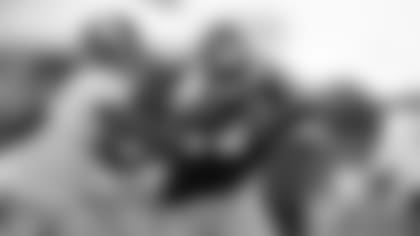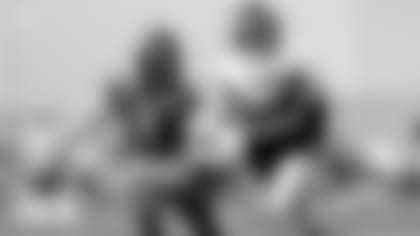EAST RUTHERFORD, N.J. – Brian Daboll is giving a couple of his players a chance to handle a responsibility in practice normally reserved for coaches.
Safety Xavier McKinney and quarterback Daniel Jones have called plays for their respective units, a task customarily left to the coordinators – in this case, Wink Martindale on defense and Mike Kafka on offense.
"X and Daniel, they're relaying plays in at times to the players," Daboll said before today's training camp practice. "Just put them on the other end of it, I think there's some friendly competition fire there and the guys get a kick out of it. There was a lot of energy there at the end of practice (on Thursday). I asked X this morning if he liked his play call, and Daniel, too, and usually you like it when it works, and you don't when it doesn't. But X was pretty firm on his call.
"We'll have the walkie talkies or headsets out there for our players and there will be times – and I did it in the spring – where I will purposely cut them off on Wink and Kafka because it could happen in a game like that. And now they have to take control and be able to operate and not panic and all the hand gestures. Just go out and make sure you have a play call in mind and be able to lead the team."
The player play-calling began during the Giants' organized team activities in the spring.
"We've done it a couple times kind of just where it's a competition thing between me and D.J.," McKinney said. "We'll be able to call basically the whole period for the defense and him for the offense. It's fun doing it. It's a competitive moment. Obviously, we're both trying to win, so we are both trying to call the best play for us to succeed."
McKinney said it was "cool" to be the acting defensive coordinator, but said, "I could have called a better defense. But I called what I called, and things happen. But it was fun, though."
When the NFL first became widely popular in the 1950s and 60s, quarterbacks routinely called the offensive plays. That duty, both on offense and defense, was long ago usurped by the coaching staff, usually the coordinator or head coach.
Under the NFL's current system, a green dot is affixed to a quarterback's helmet, signaling he is designated to receive verbal calls from the coach and pass it on to the other 10 players in the huddle.
Those with a green dot on defense are most often linebackers. But Blake Martinez, who received the signals when he was healthy in his first two Giants seasons, missed the spring practices while rehabbing the torn ACL he suffered in Week 3 last year. Instead of designating linebacker Tae Crowder, who relayed the calls last year after Martinez was sidelined, Martindale turned to McKinney – which the third-year pro thought was a bit unusual.
"I guess for me because the last two years it has been the 'backer," McKinney said. "Obviously for me it's different. I talked to Wink and it's not something that's new to me. I've done it before – I did it at 'Bama (the University of Alabama). It's not something that's surprising or it's not something that's too hard. It's different when you've got grown men in the huddle and you're trying to get the call to everybody. Obviously being on the back end of it, you might have to run 30 yards and run back to get the play to everybody. It's not too unusual to me."
McKinney is the logical player to receive the calls because of his deep understanding of Martindale's defense.
Martindale
spent the previous 10 seasons on the Baltimore Ravens' coaching staff, the last four as defensive coordinator. His unit ranked in the top three in the NFL in points allowed in each of his first three seasons, and first, fourth and seventh, respectively, in yardage yielded while never finishing lower than eighth against the run or the pass.
Former safety Eric Weddle, a six-time Pro Bowler, spent three of his 12 full NFL seasons with the Ravens. In the offseason, Martindale gave Weddle's phone number to McKinney so the two players – one from the past and one playing now – could discuss the coach's defense.
"I try to go back and look at what the Ravens did in the past, how their players did it," McKinney said. "I actually talked to Eric Weddle a couple times during the offseason. He helped me a lot, actually, with just kind of how to disguise certain things and how to be on the same page with Wink and things like that. We had good convo. He really helped me out in terms of looking at film, studying film, how he did it when he had Wink, so he was really helpful. That's what I mean by still trying to learn it and get stuff down pat.
"He gave me a lot of good insight. He definitely helped me. Just being in OTAs, obviously, I was the play-caller and he was the play-caller all the time, so he definitely helped me with being able to communicate it the right way and being on the same page with Wink. He kind of just let me know that Wink is an open book, and he's definitely a player's coach – somebody that's going to listen."
View top photos from Day 3 of training camp at the Quest Diagnostics Training Center.
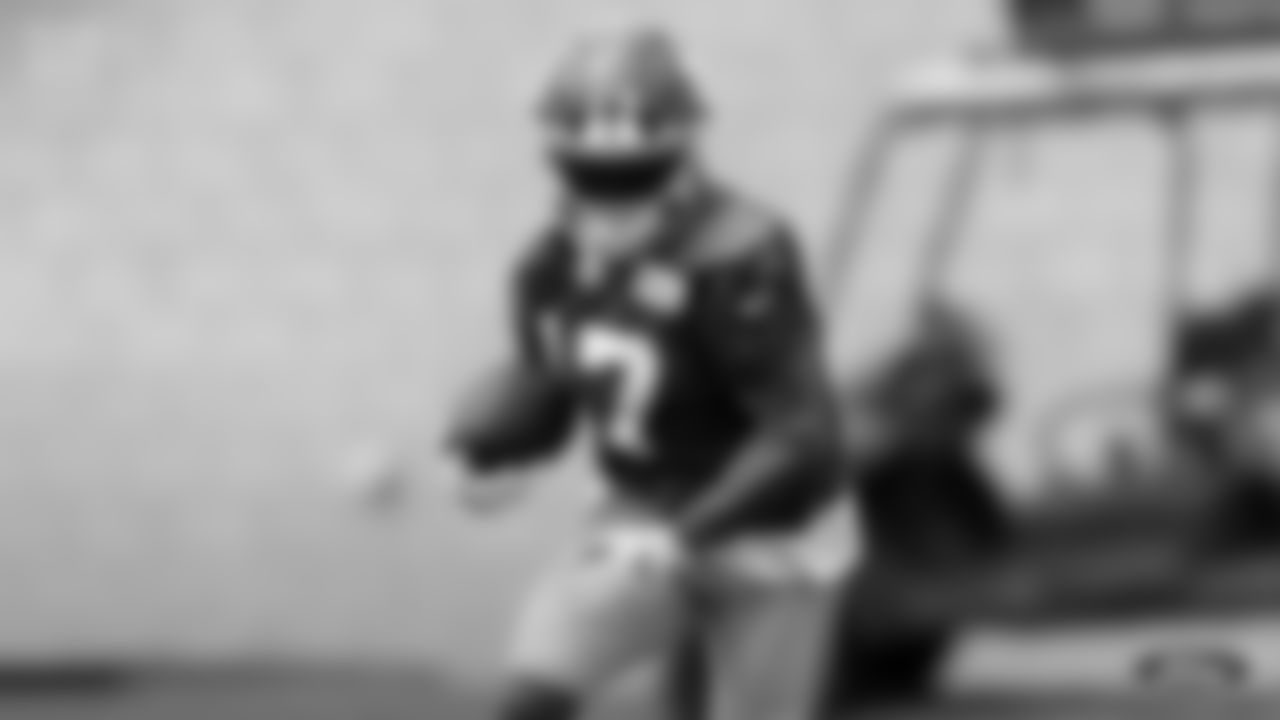
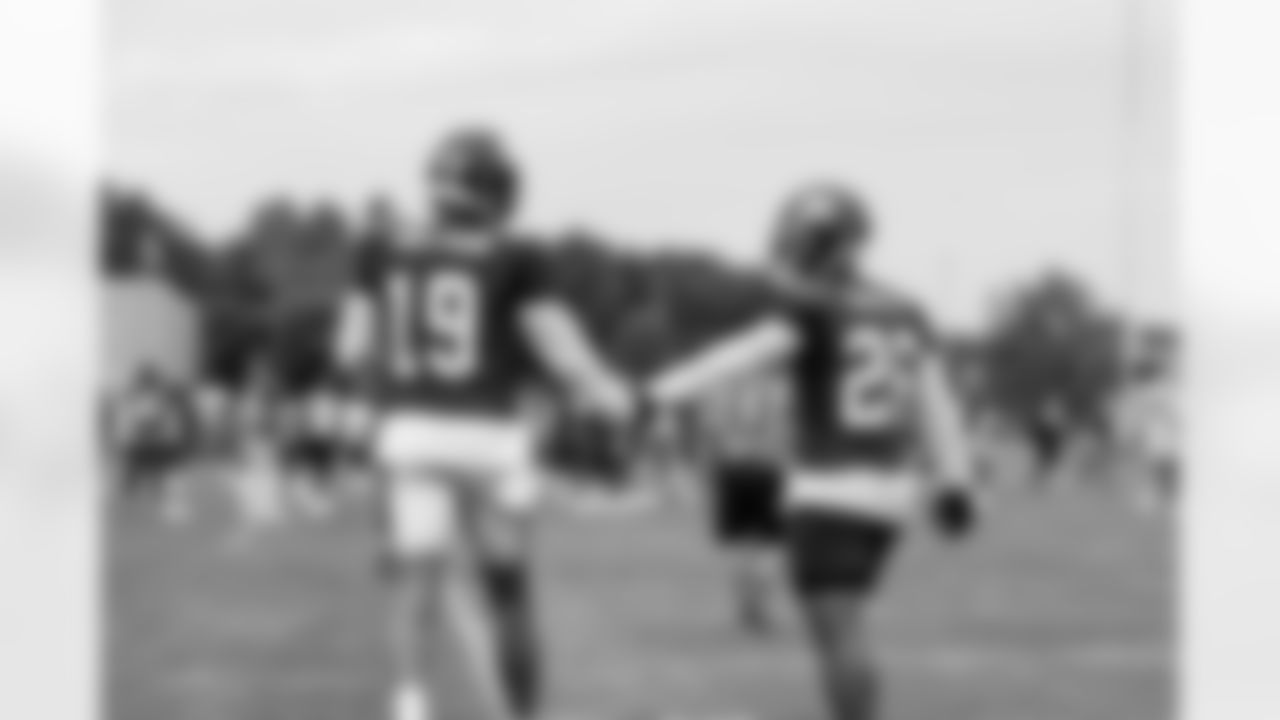
WR Kenny Golladay (19), RB Saquon Barkley (26)
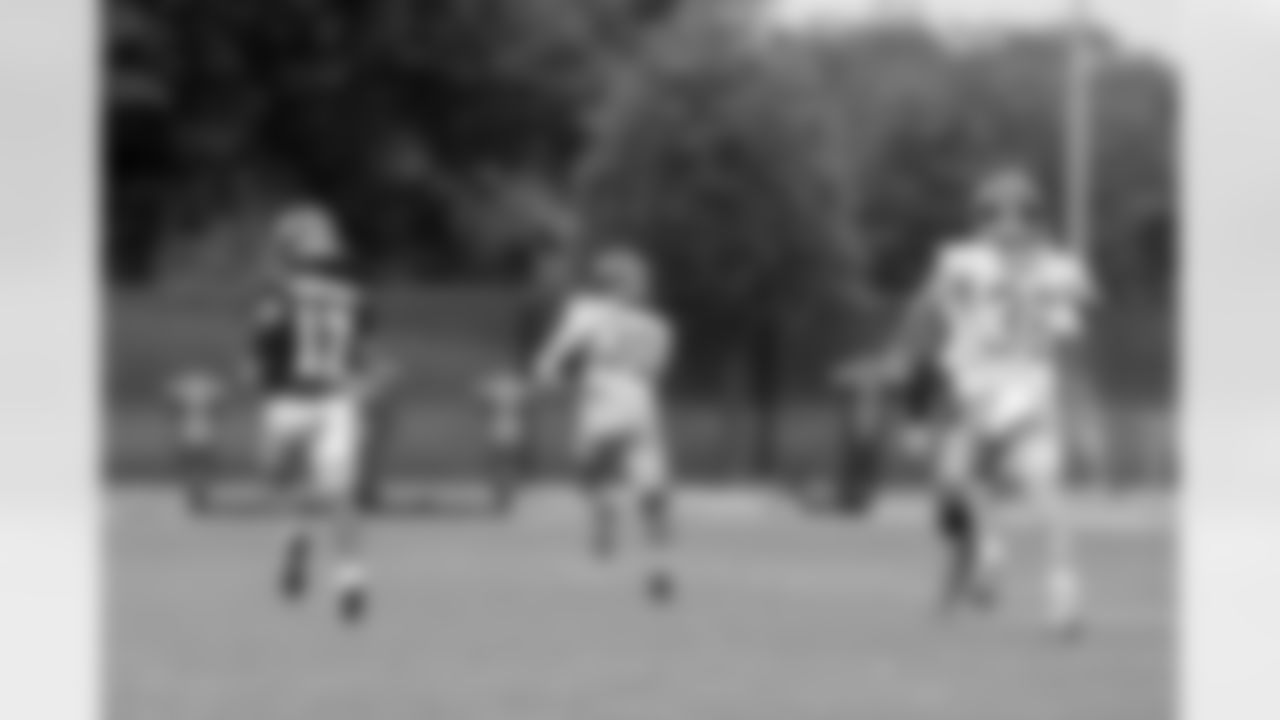
CB Darnay Holmes (30)
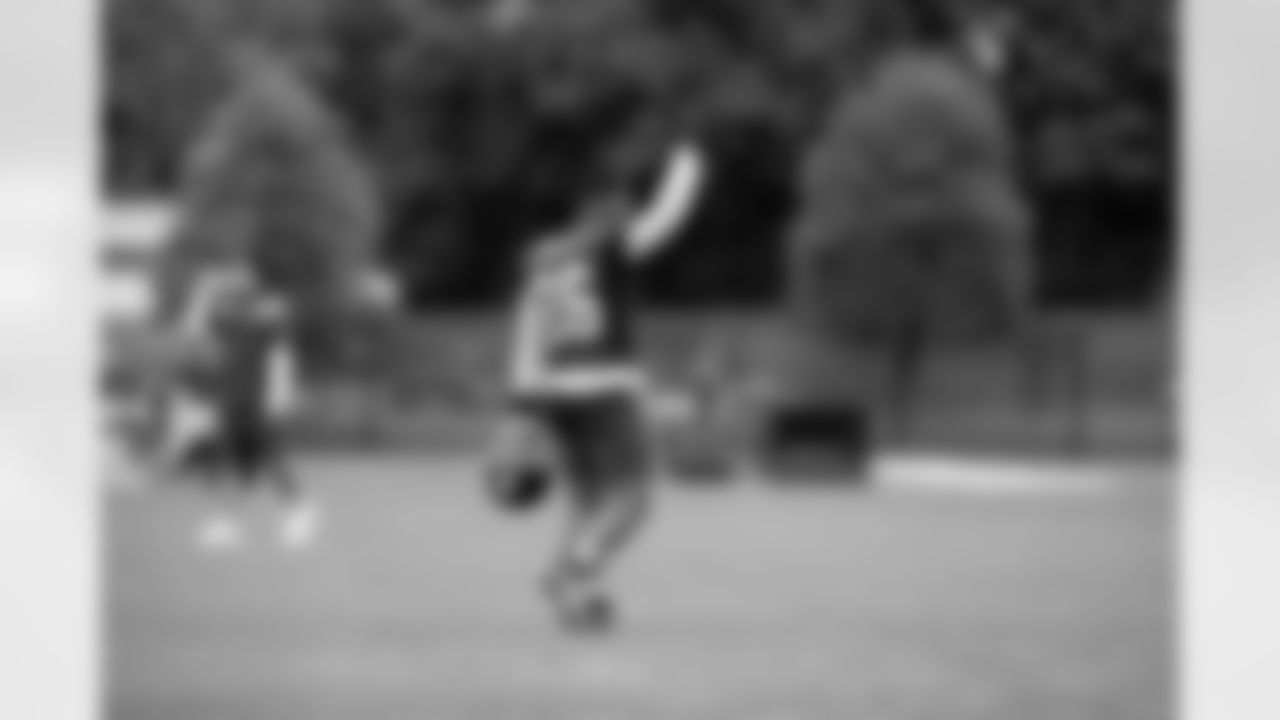
RB Saquon Barkley (26)
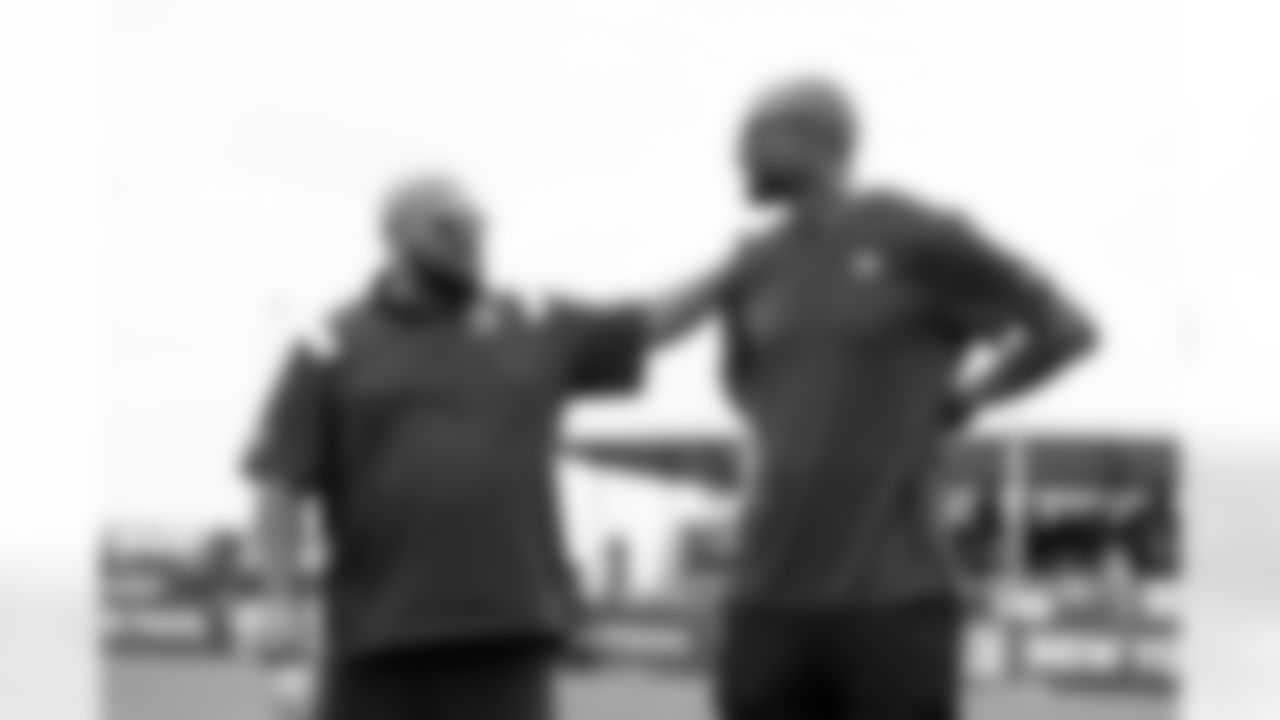
Brian Daboll Head Coach, Amani Toomer
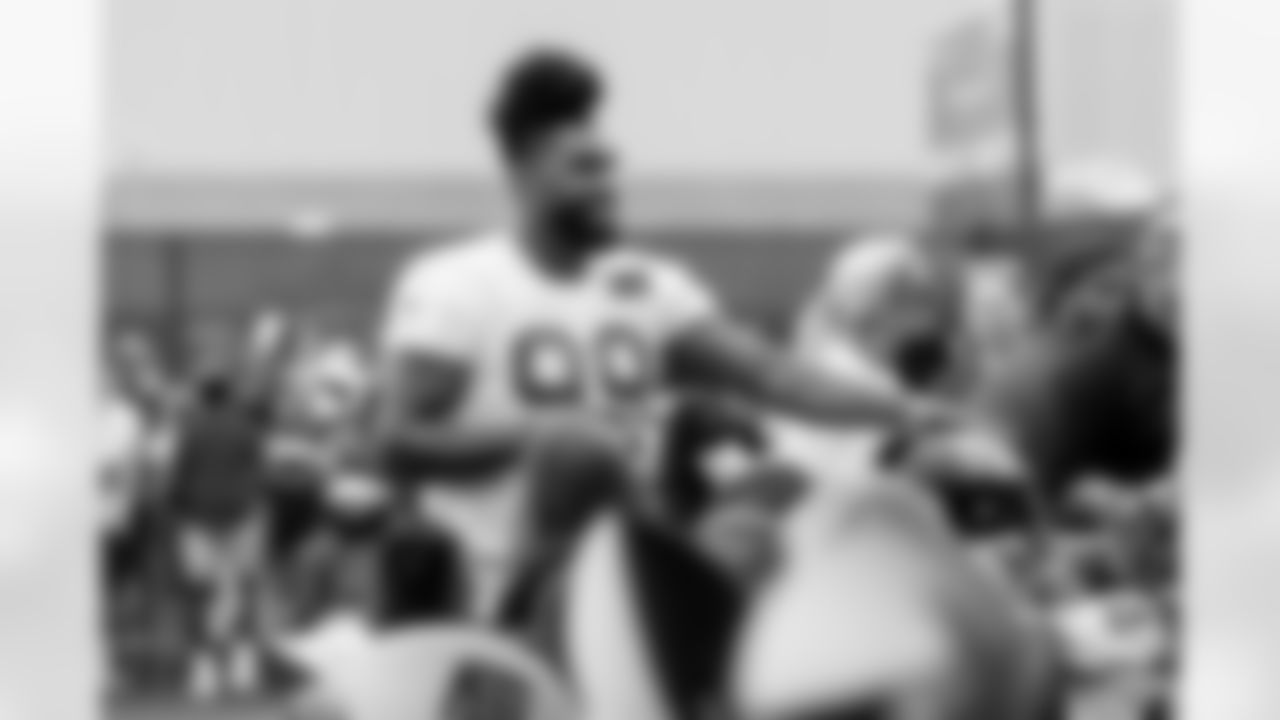
DL Leonard Williams (99)

QB Daniel Jones (8)
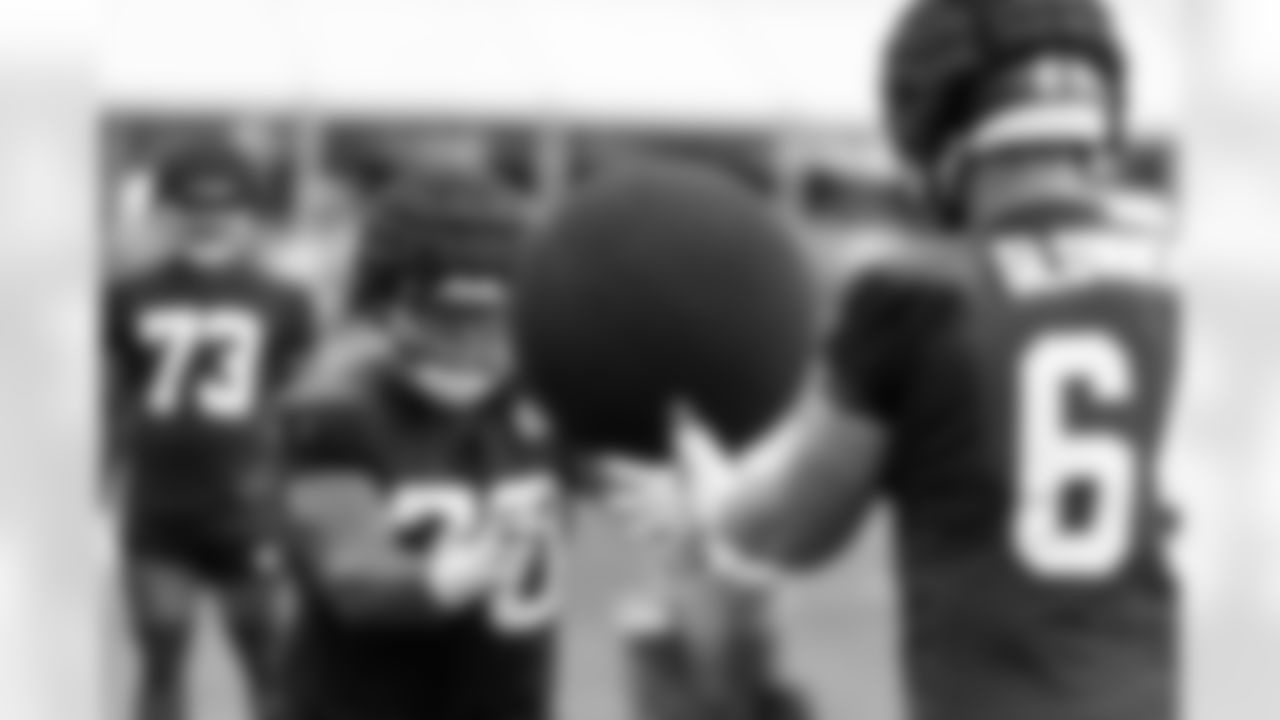
OT Evan Neal (70)

Jeff Feagles, P, Jamie Gillan (17)
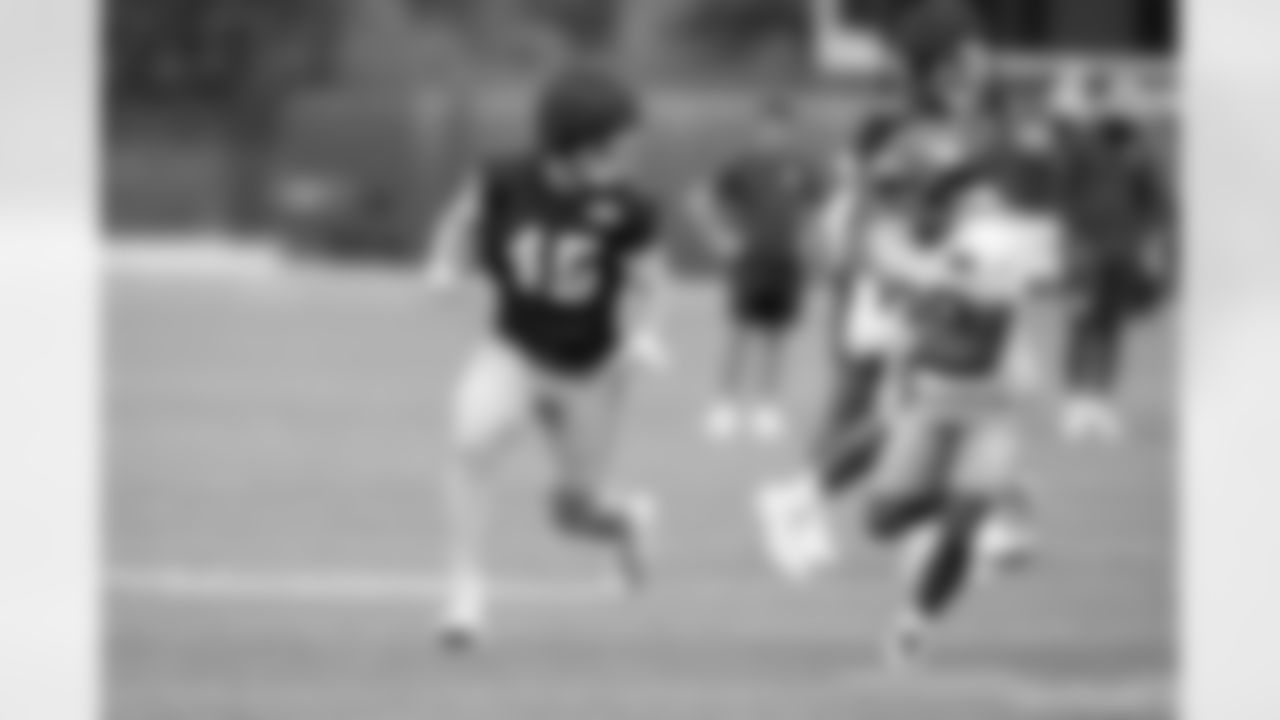
TE Daniel Bellinger (45)
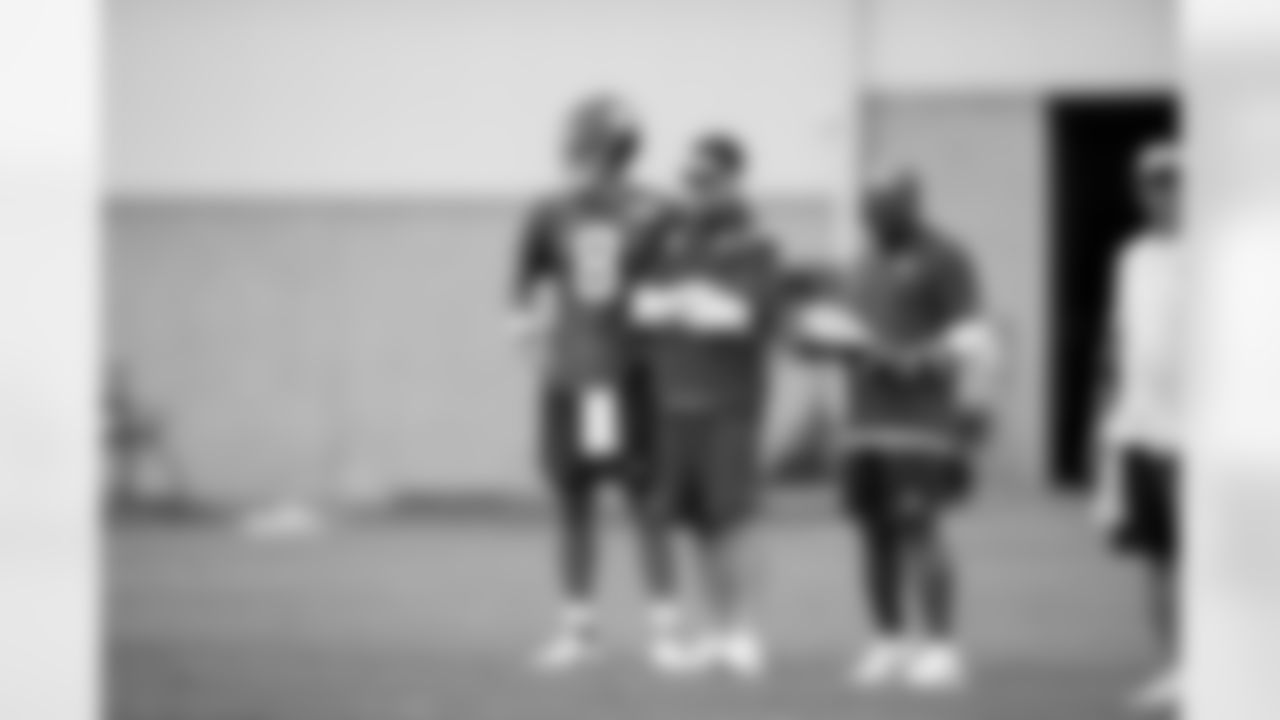
QB Daniel Jones (8), Joe Schoen Senior Vice President and General Manager

Amani Toomer
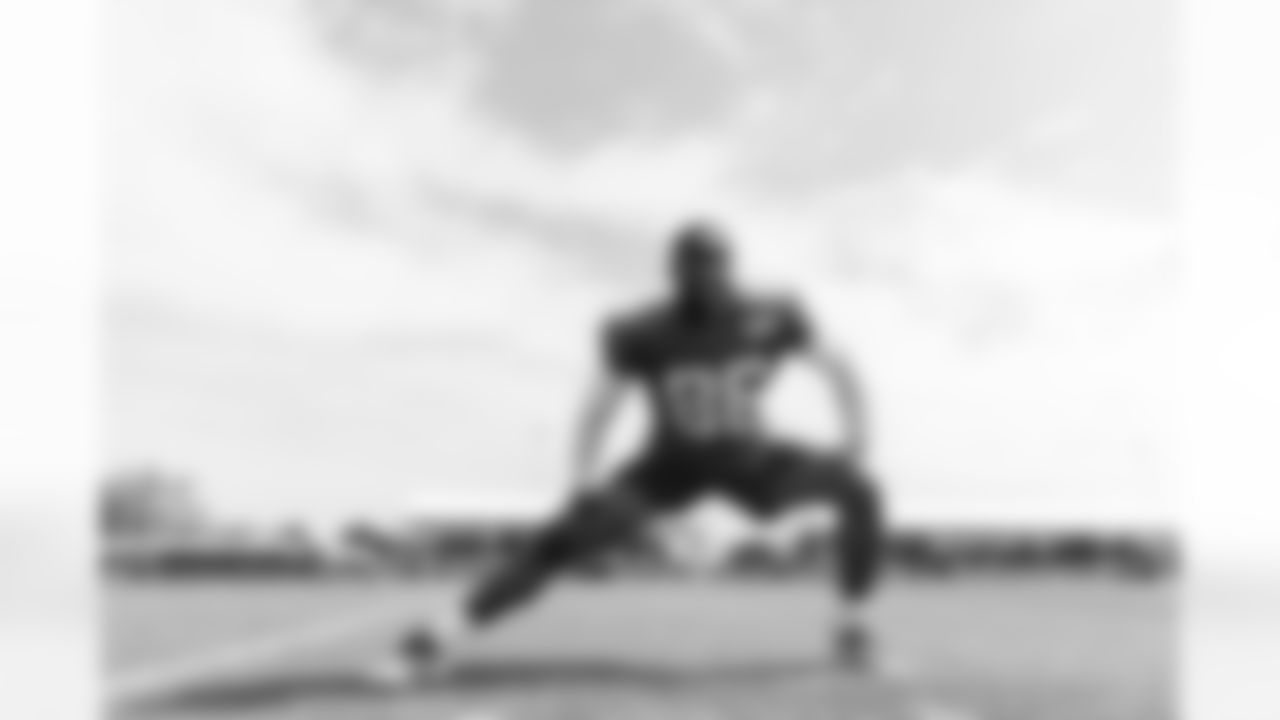
WR Darius Slayton (86)
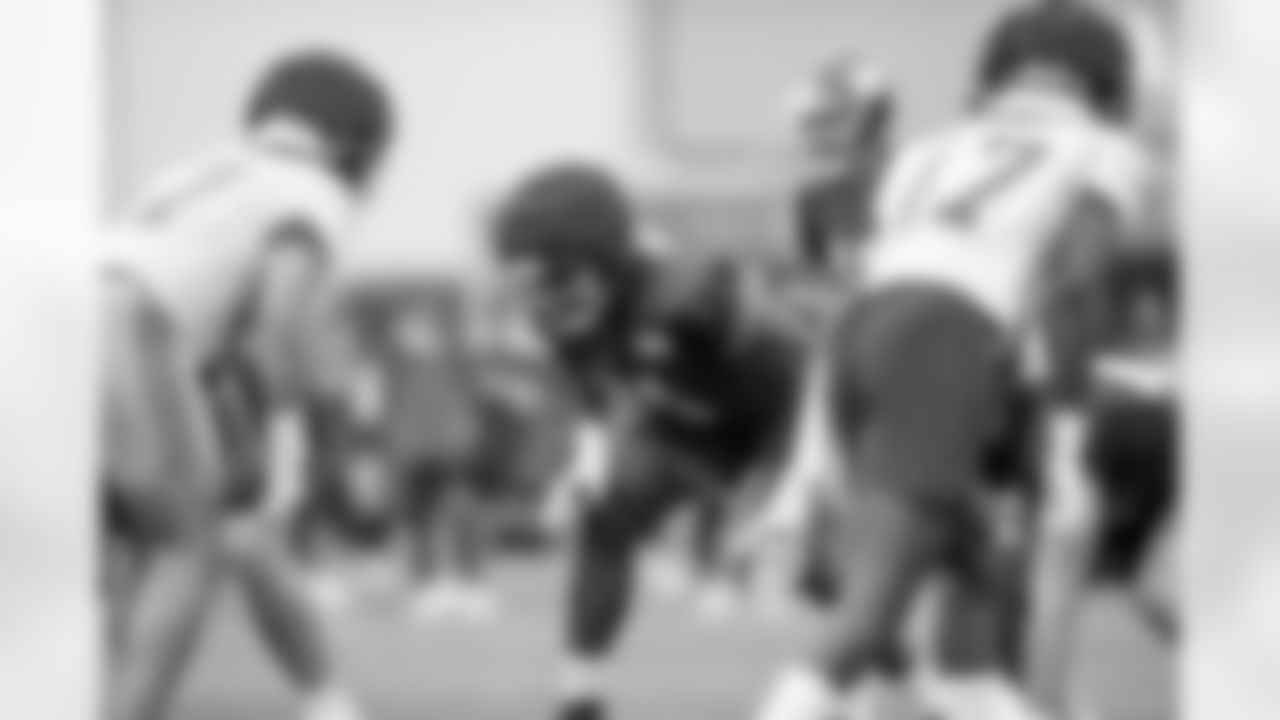
OL Roy Mbaeteka (61)
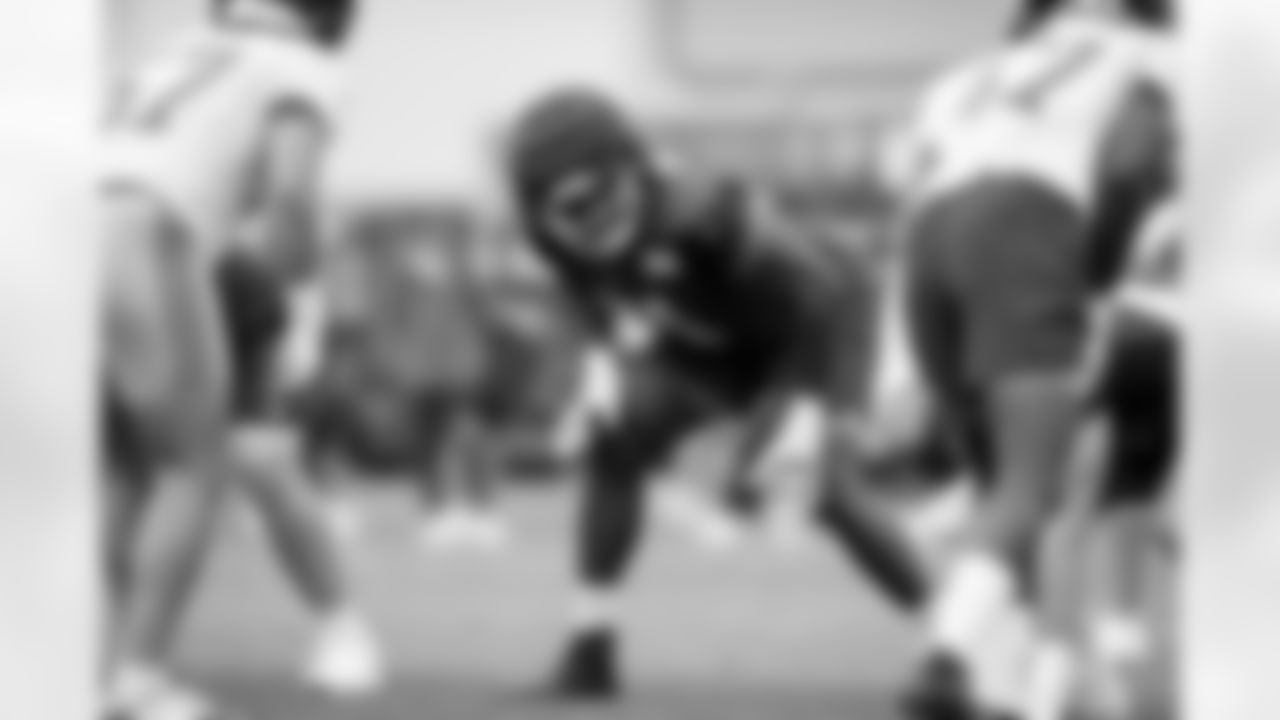
OL Roy Mbaeteka (61)

OL Roy Mbaeteka (61)
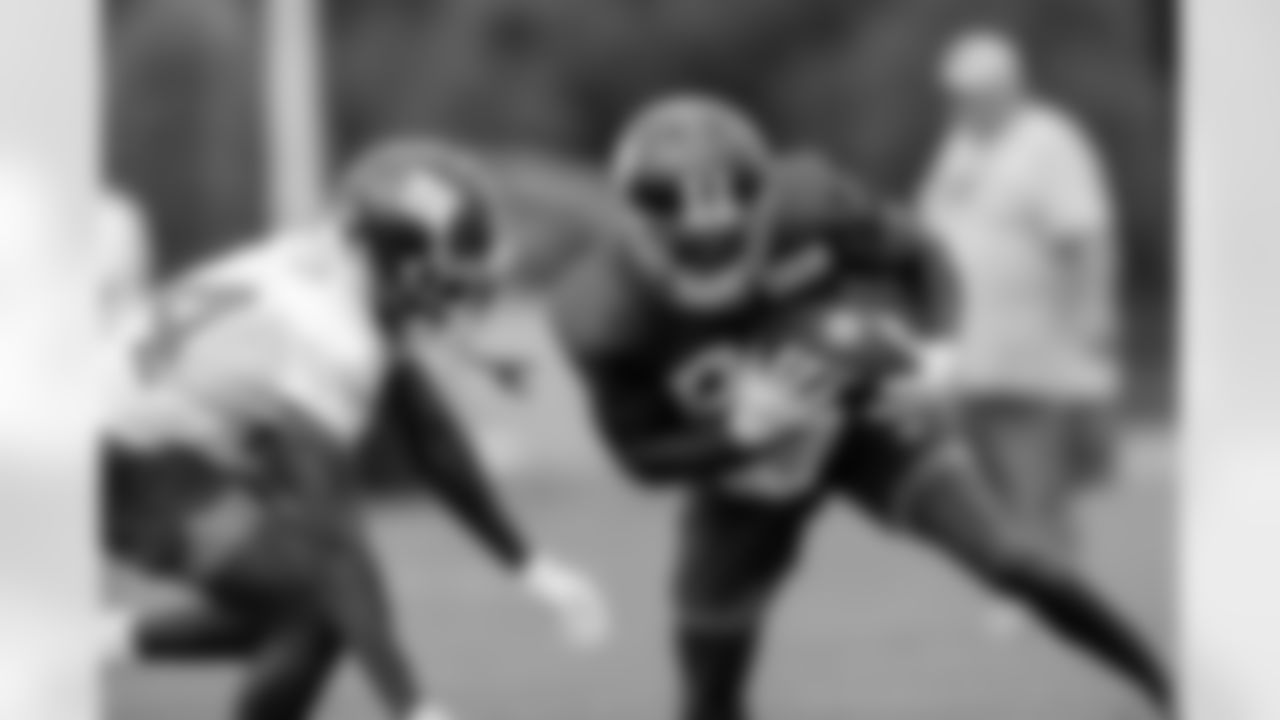
WR Robert Foster (82)
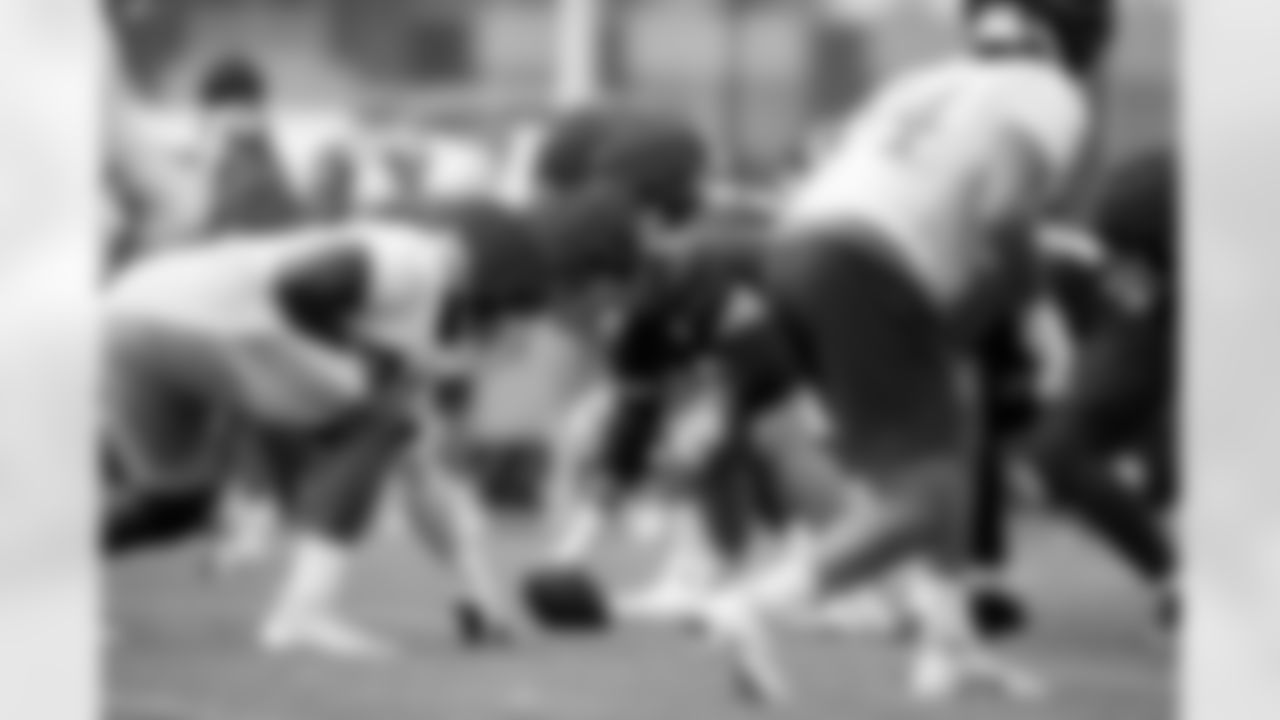
G Ben Bredeson (68)
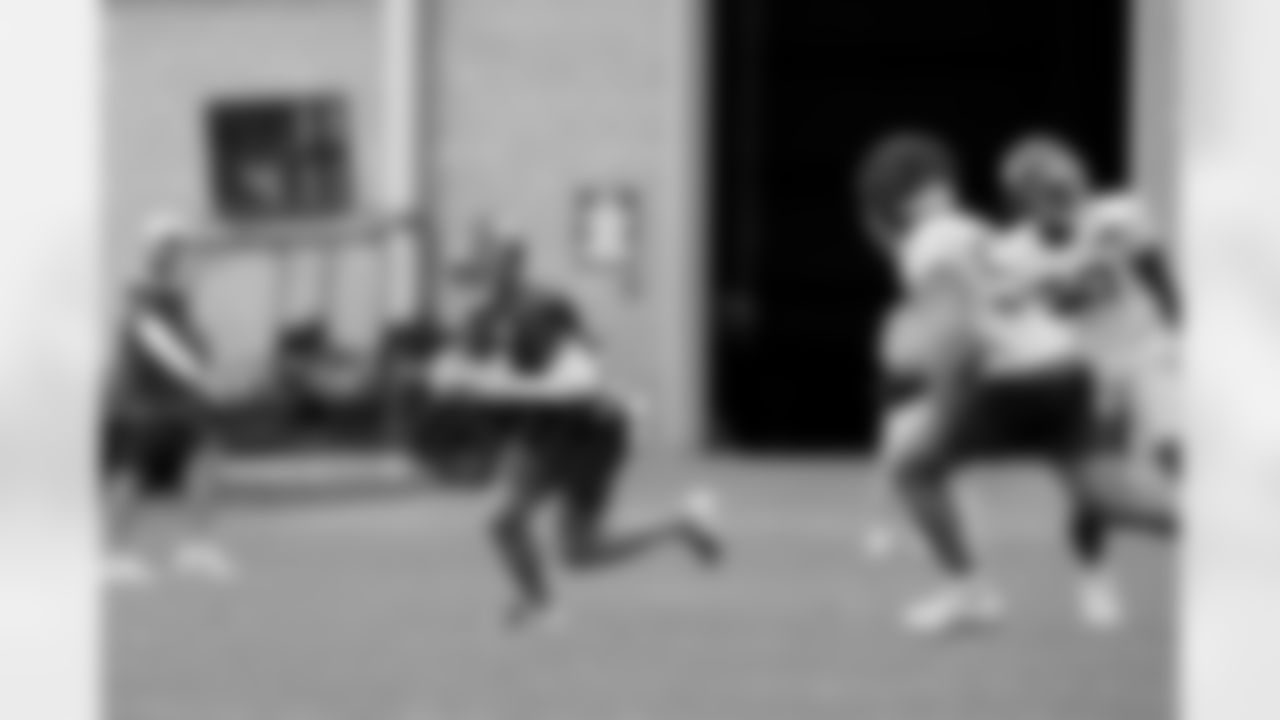
WR Alex Bachman (81)
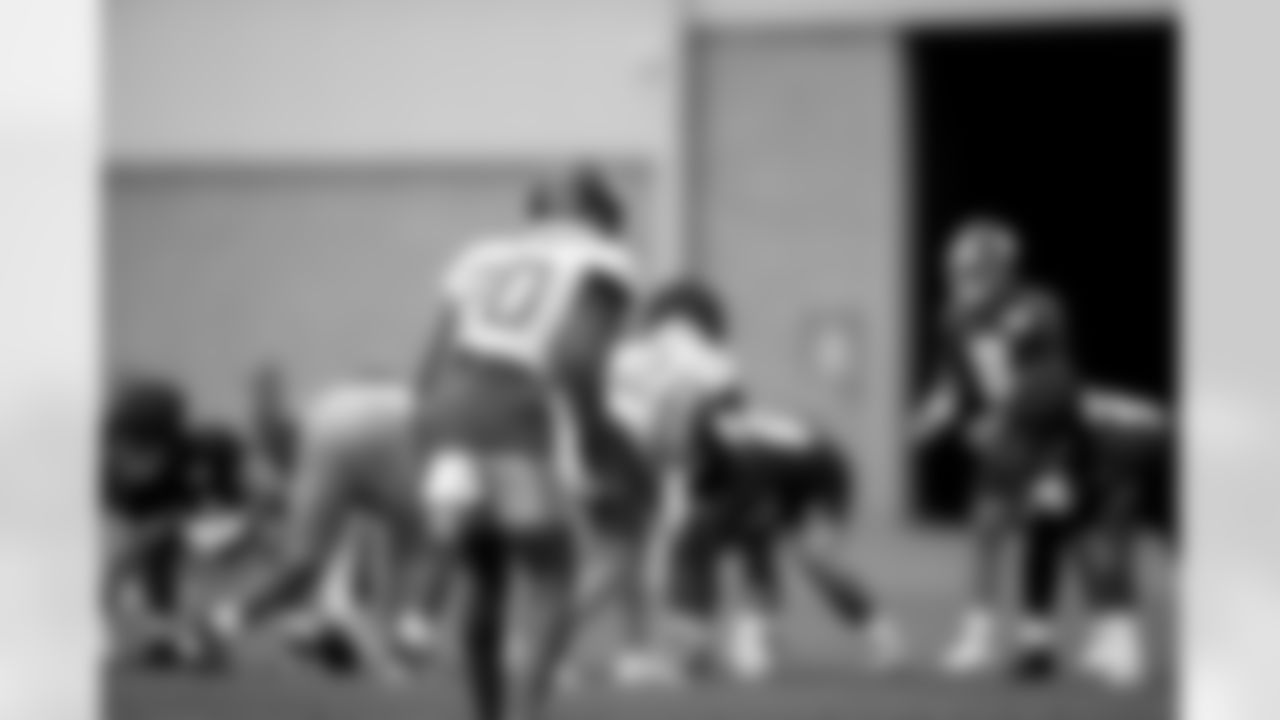
S Julian Love (20)
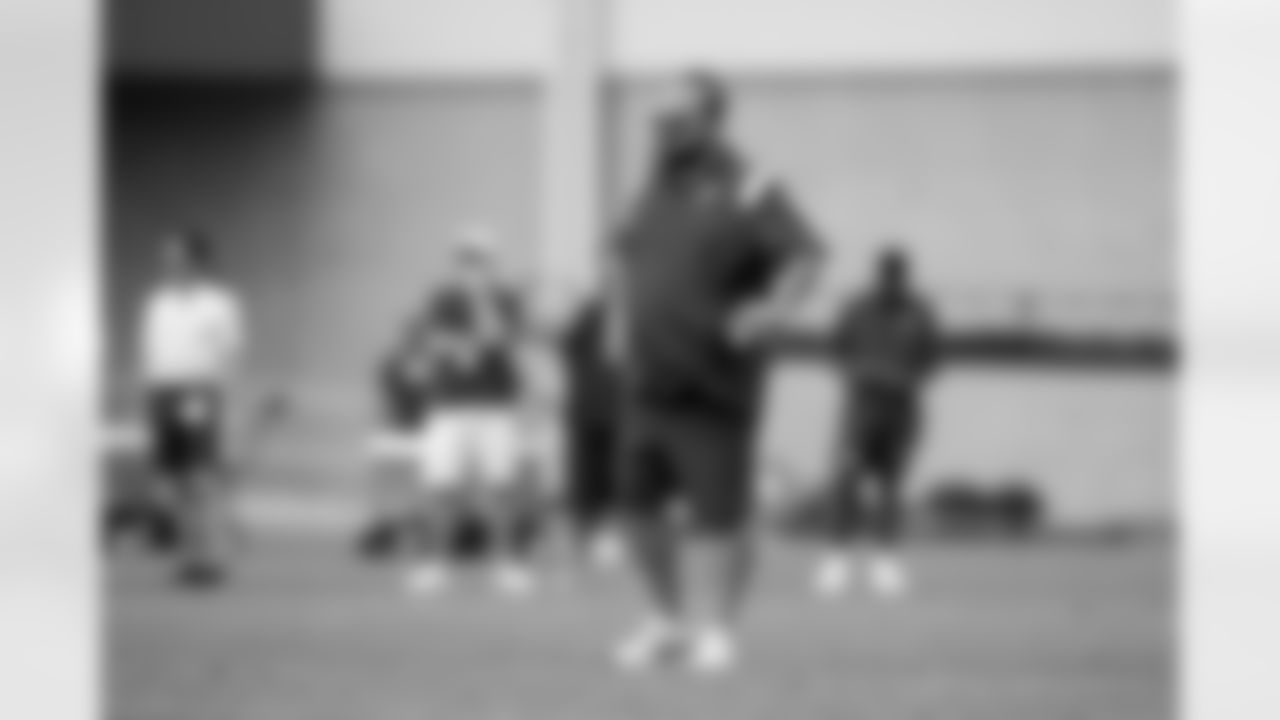
Brian Daboll Head Coach
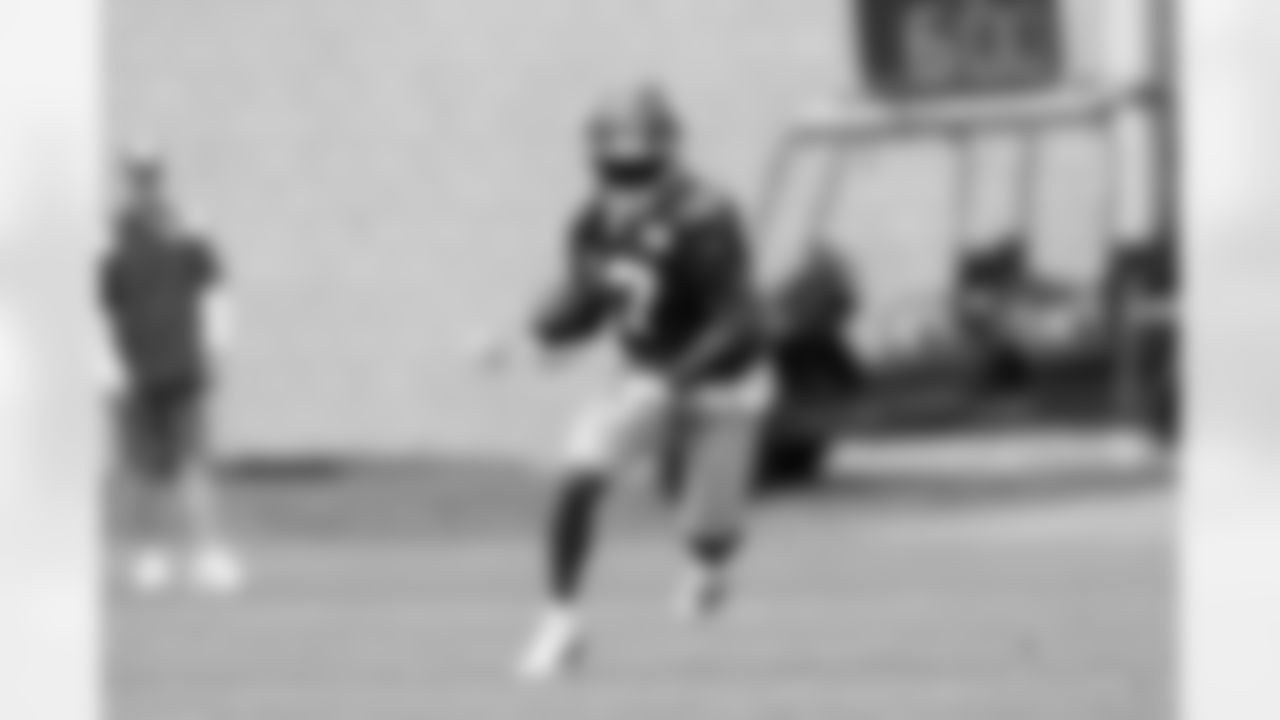
WR Wan'Dale Robinson (17)
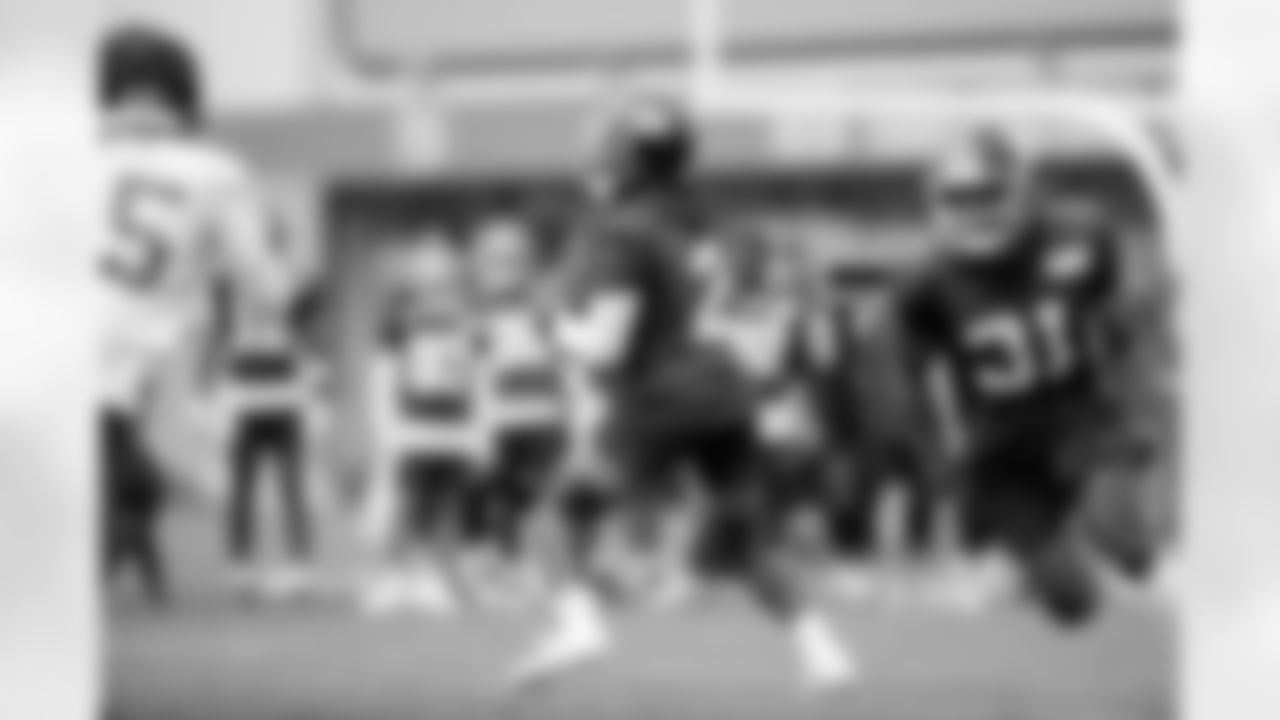
QB Tyrod Taylor (2)
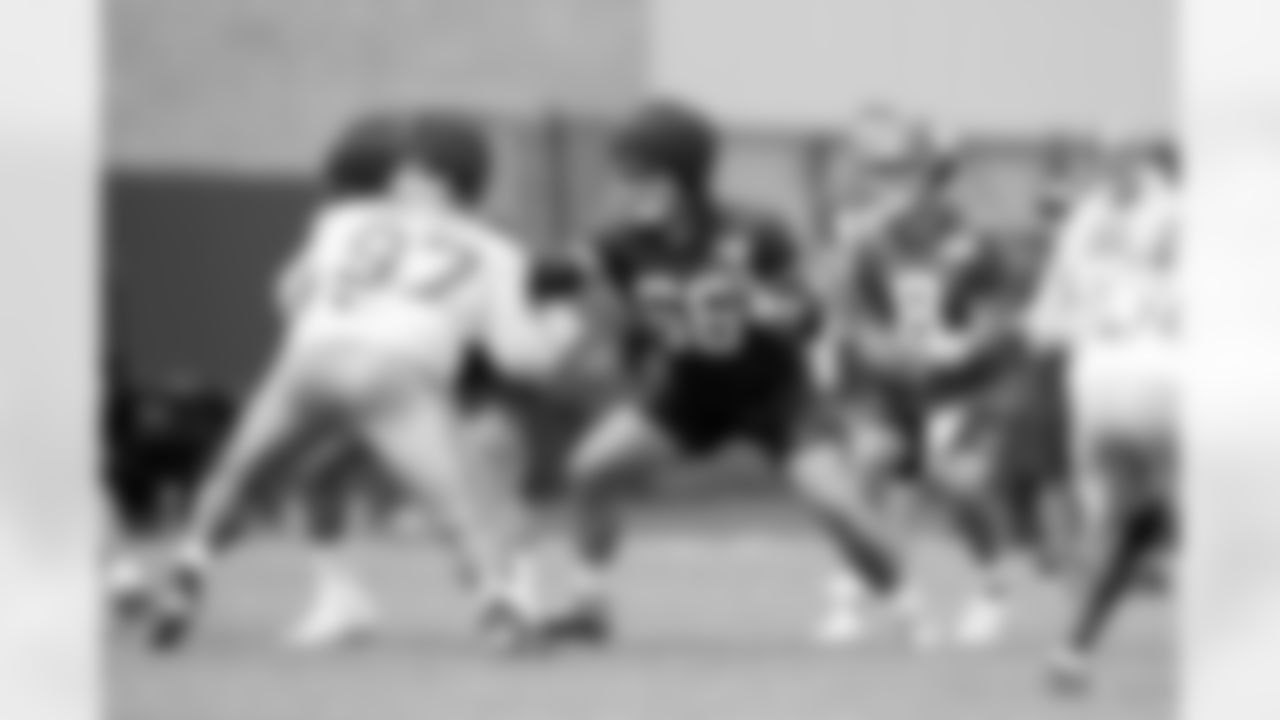
G Shane Lemieux (66)
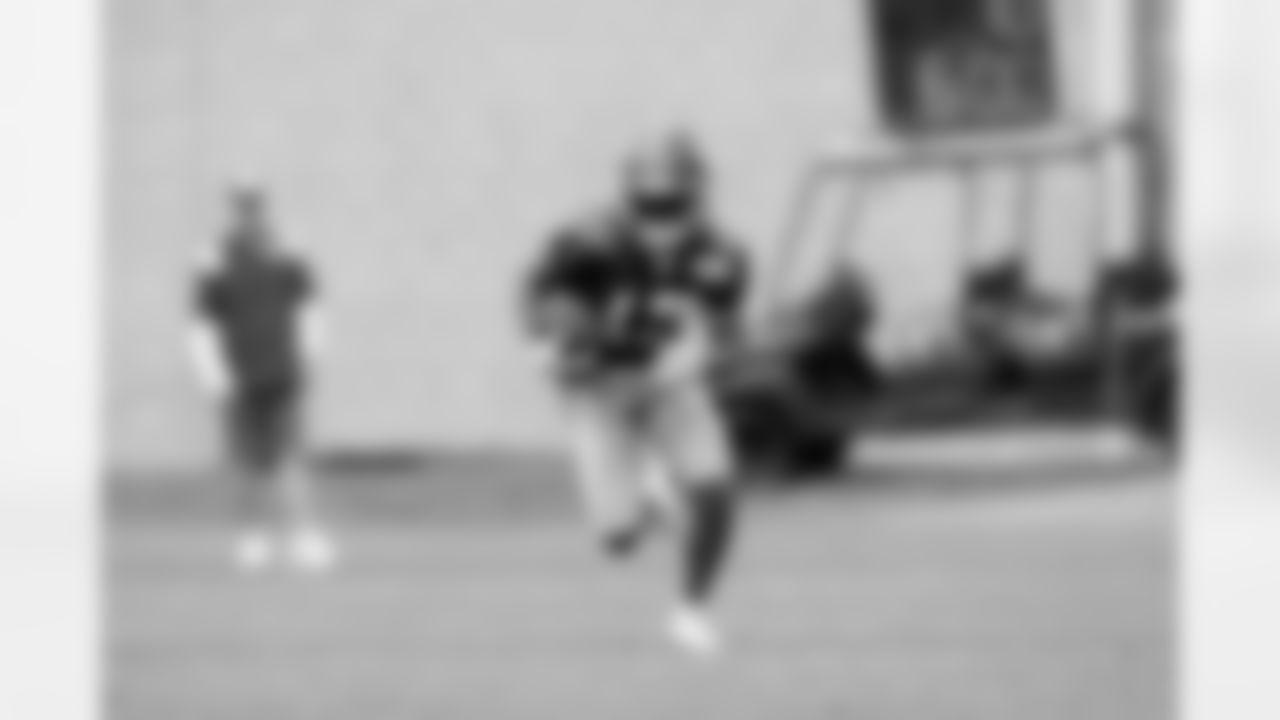
WR Wan'Dale Robinson (17)

Don Martindale Defensive Coordinator
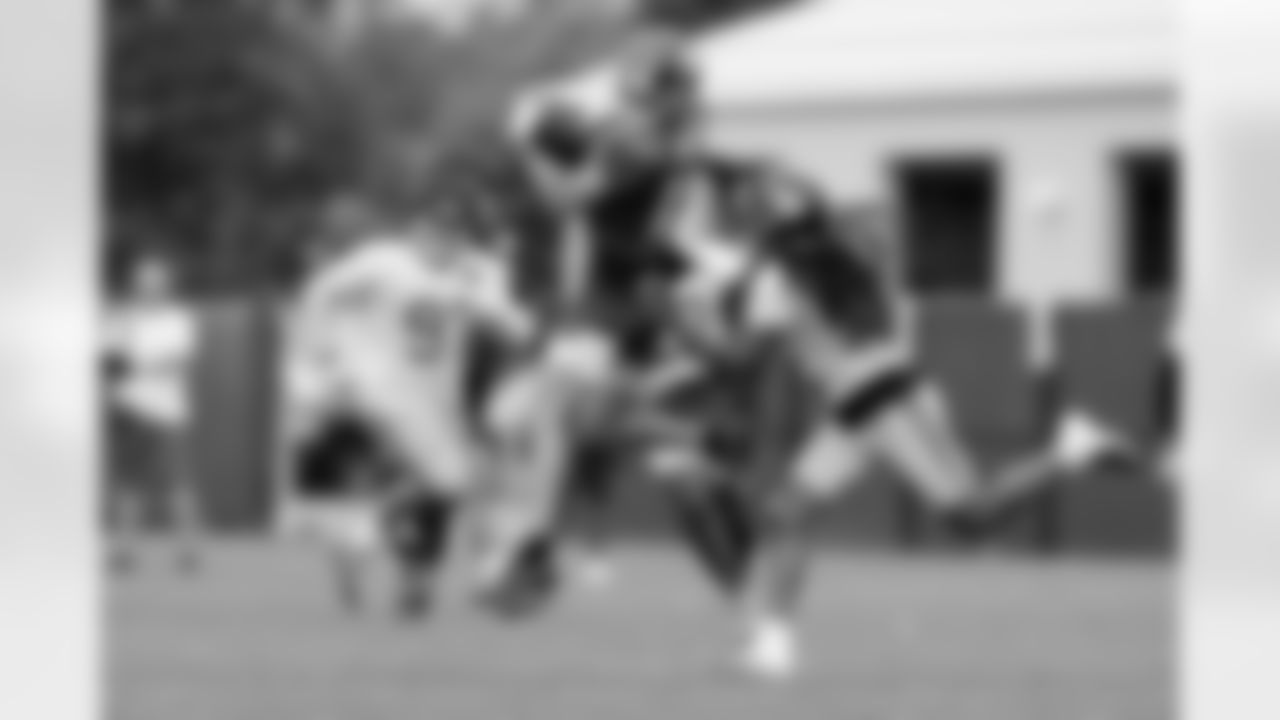
WR David Sills V (13)
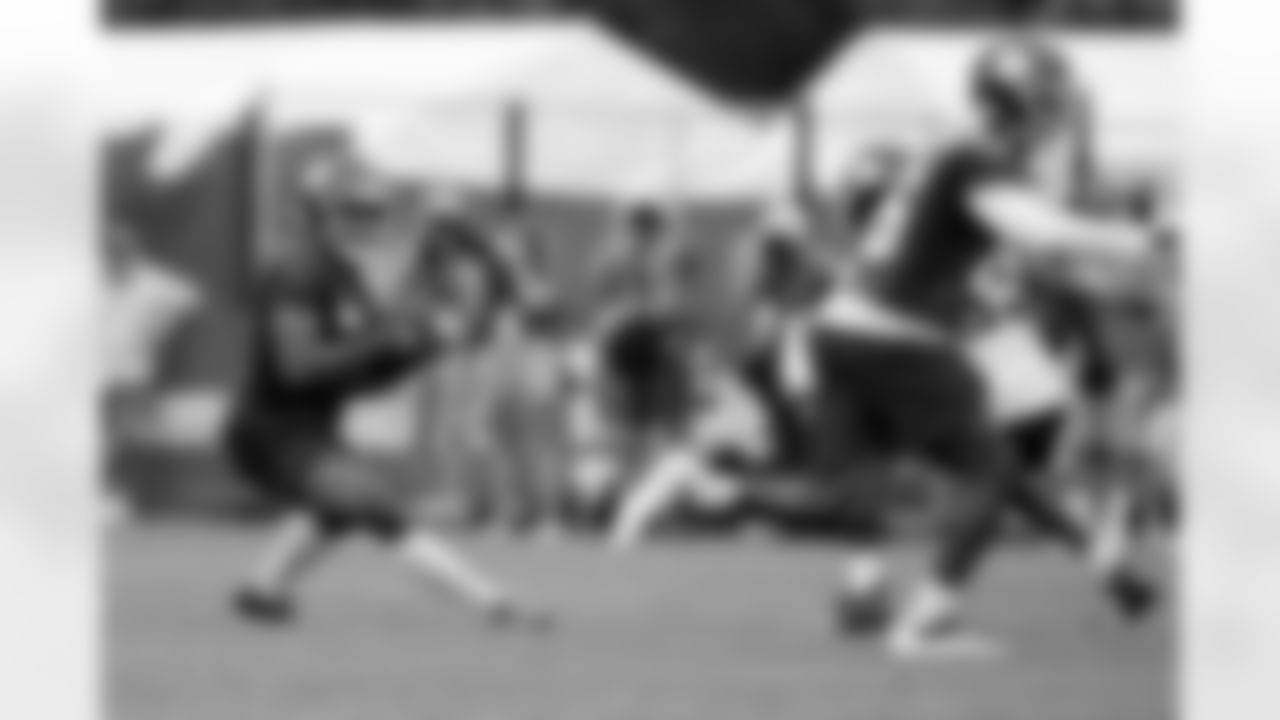
RB Matt Breida (31)
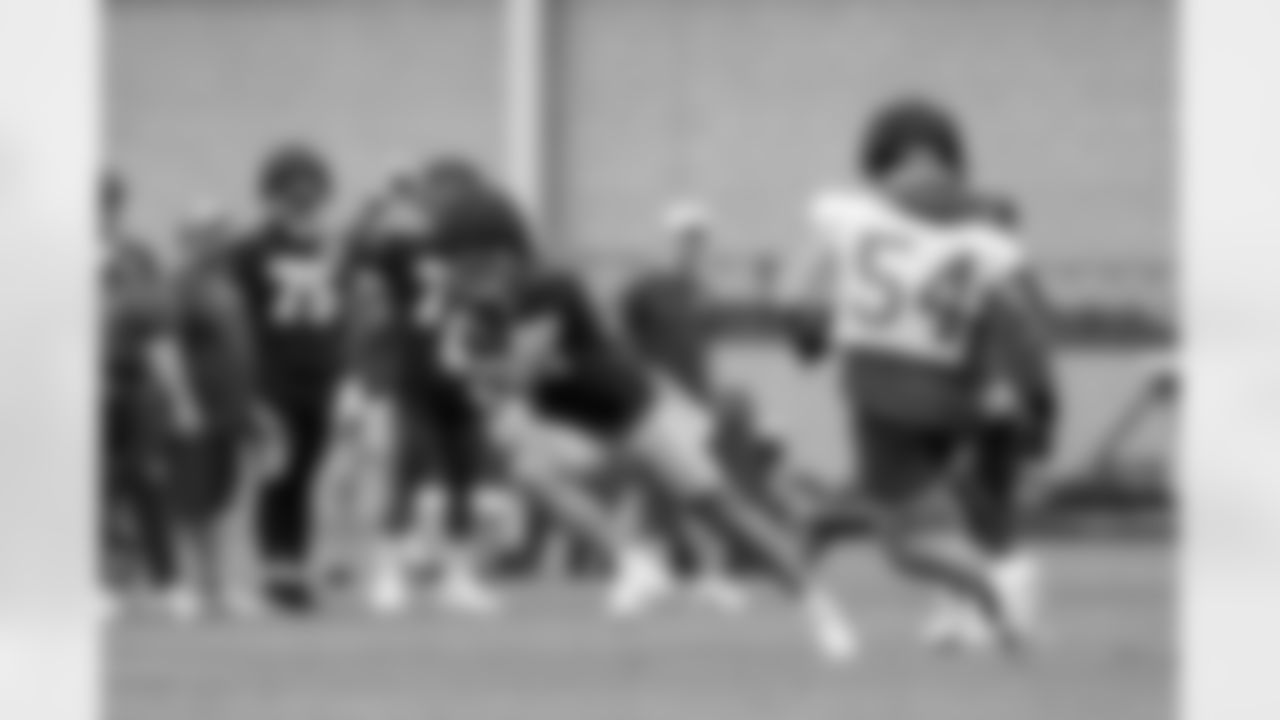
TE Chris Myarick (85)
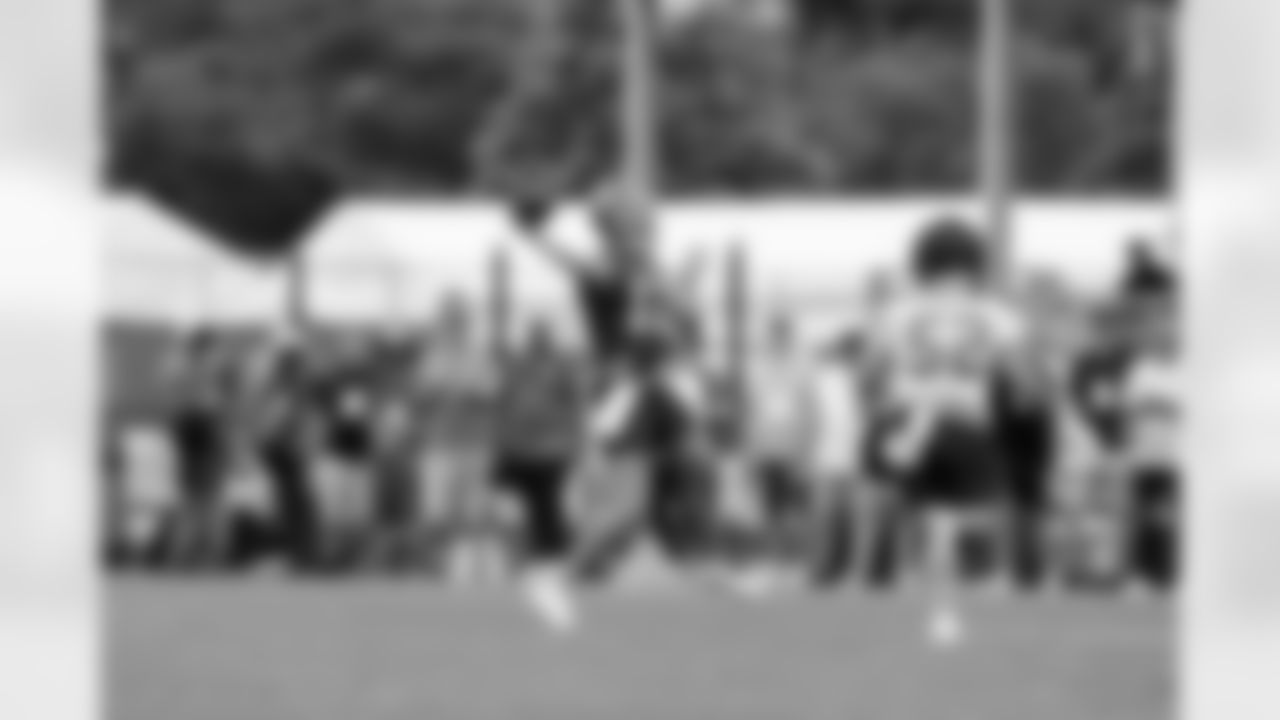
QB Davis Webb (12)
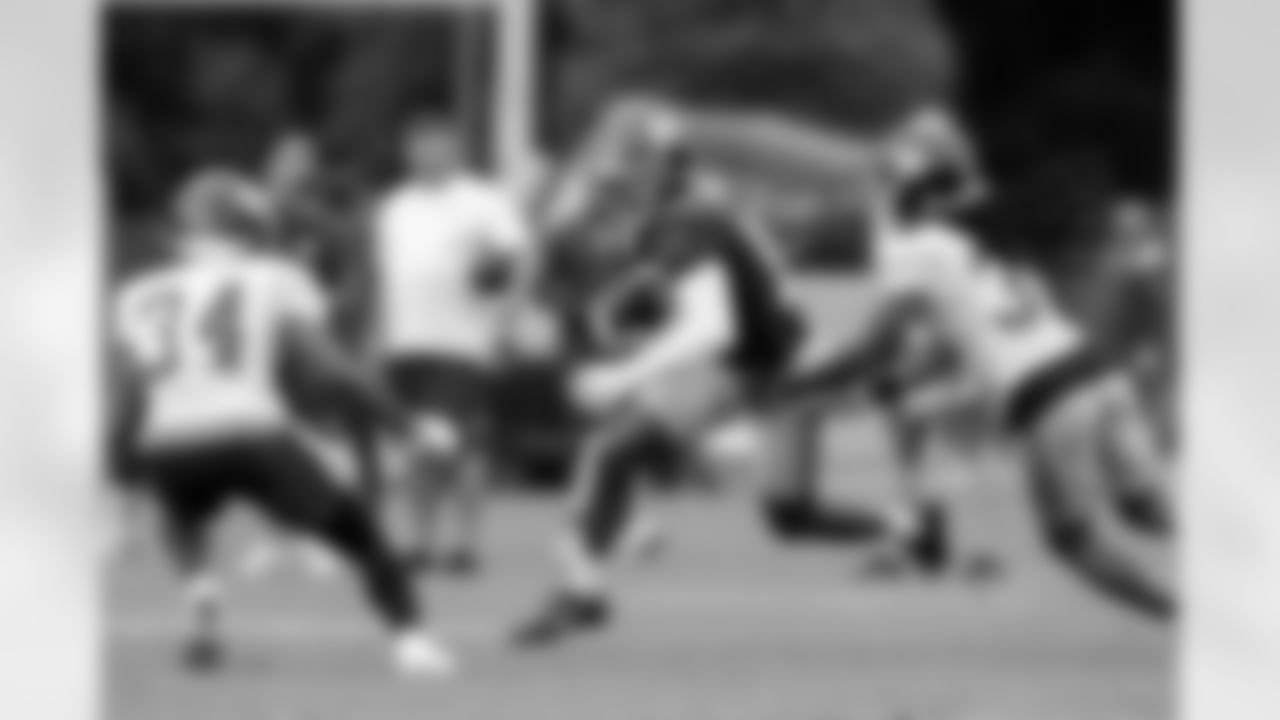
WR Kenny Golladay (19)
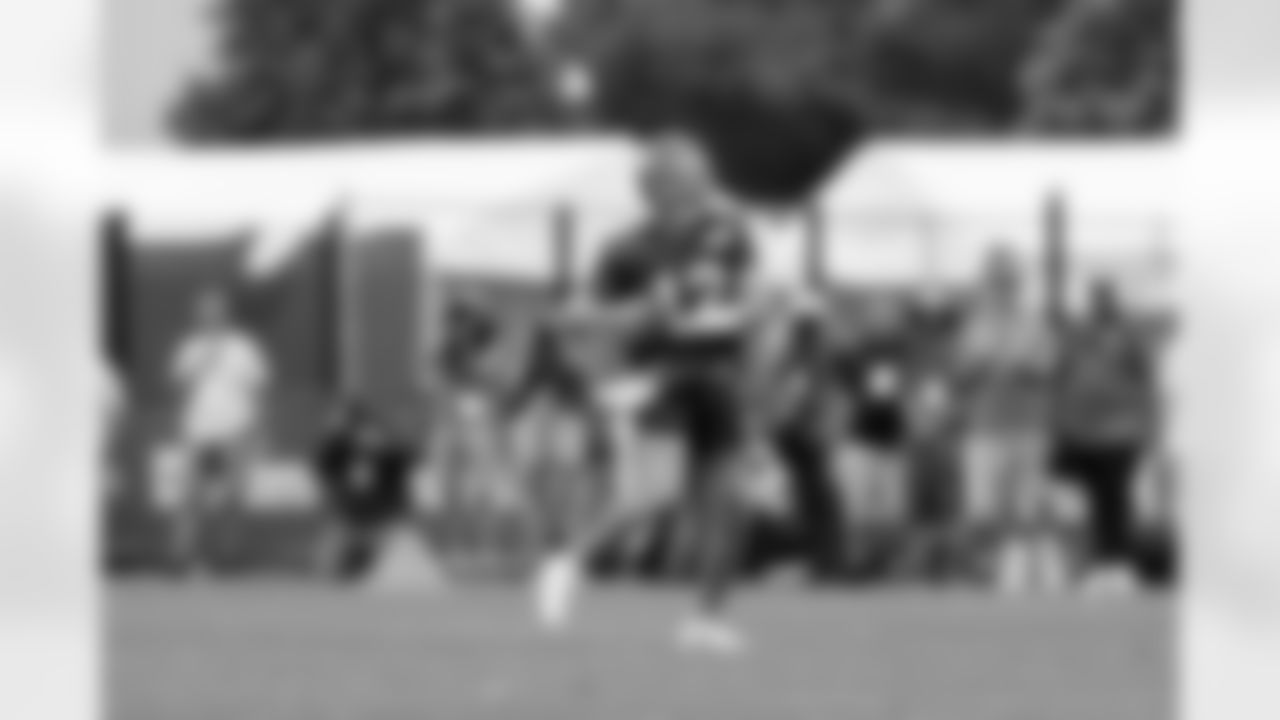
QB Davis Webb (12)
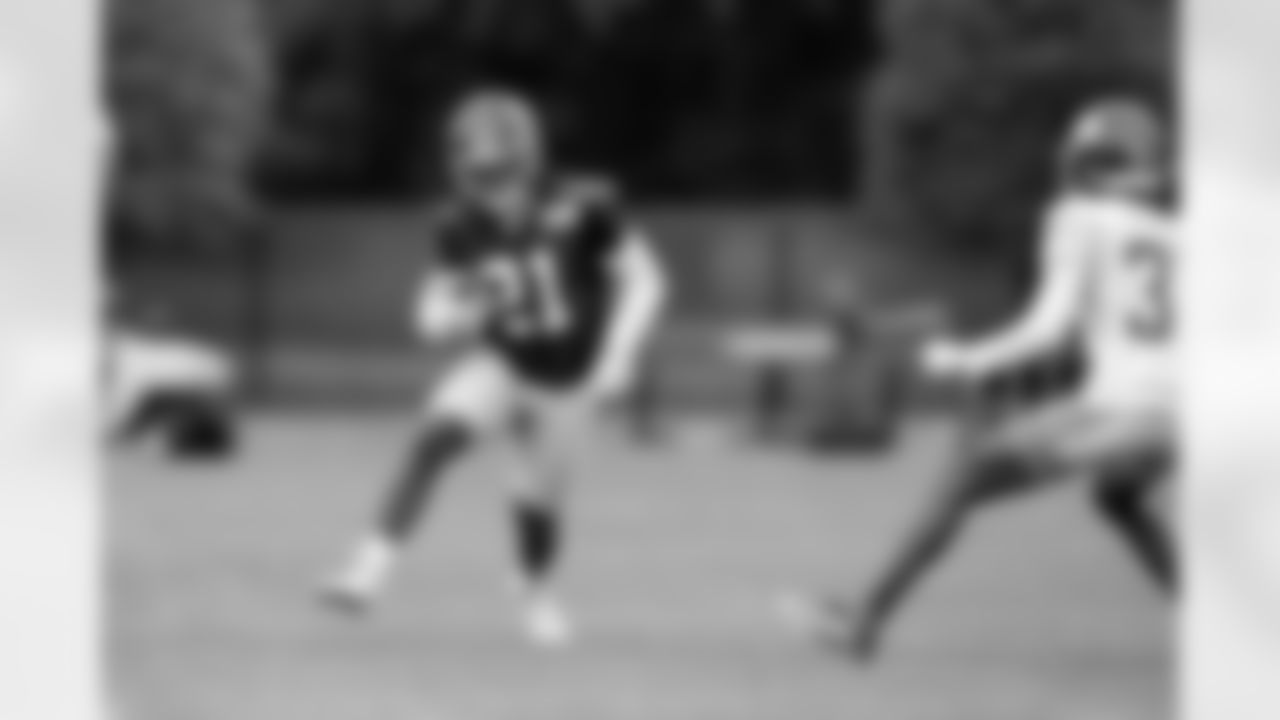
RB Antonio Williams (21)
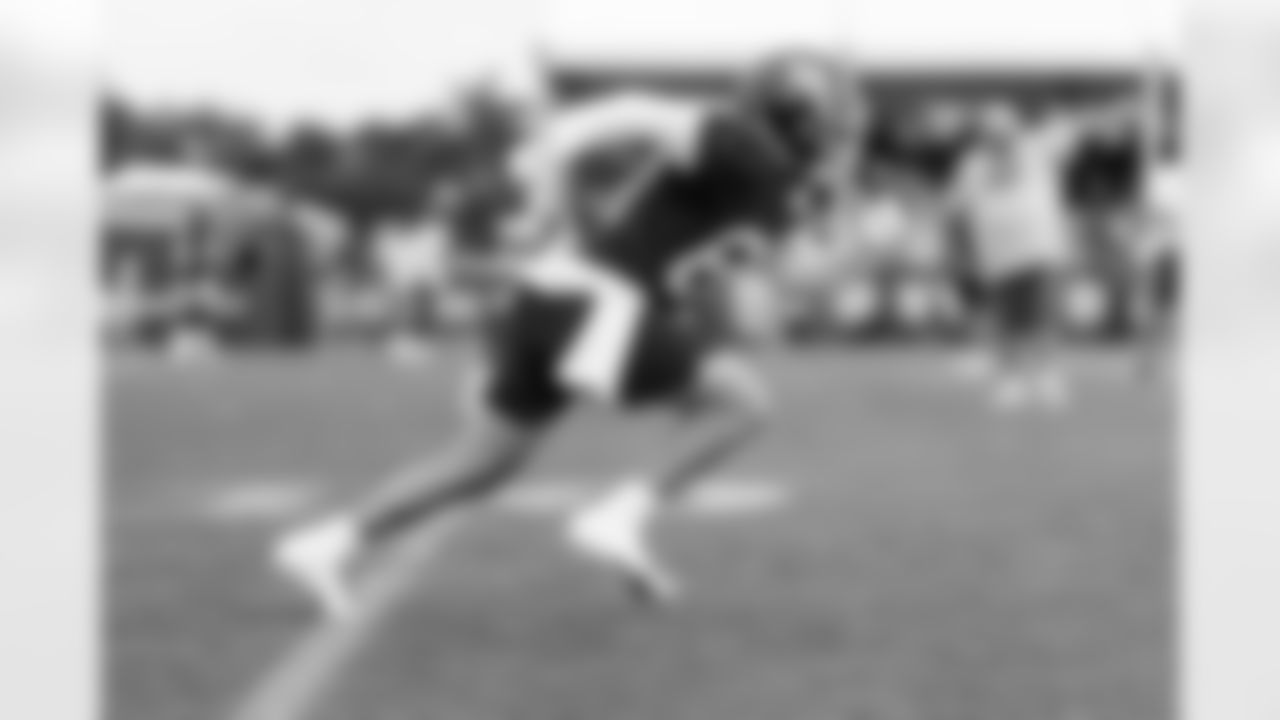
WR Alex Bachman (81)
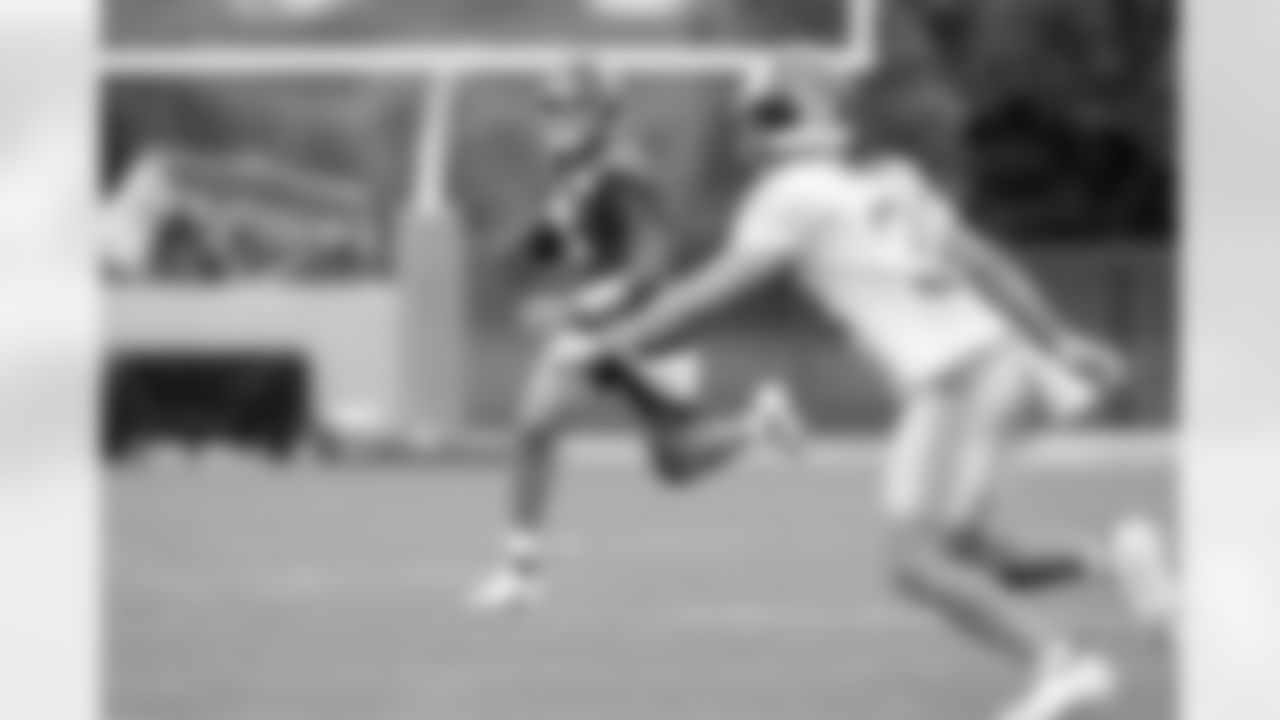
QB Daniel Jones (8)

Amani Toomer
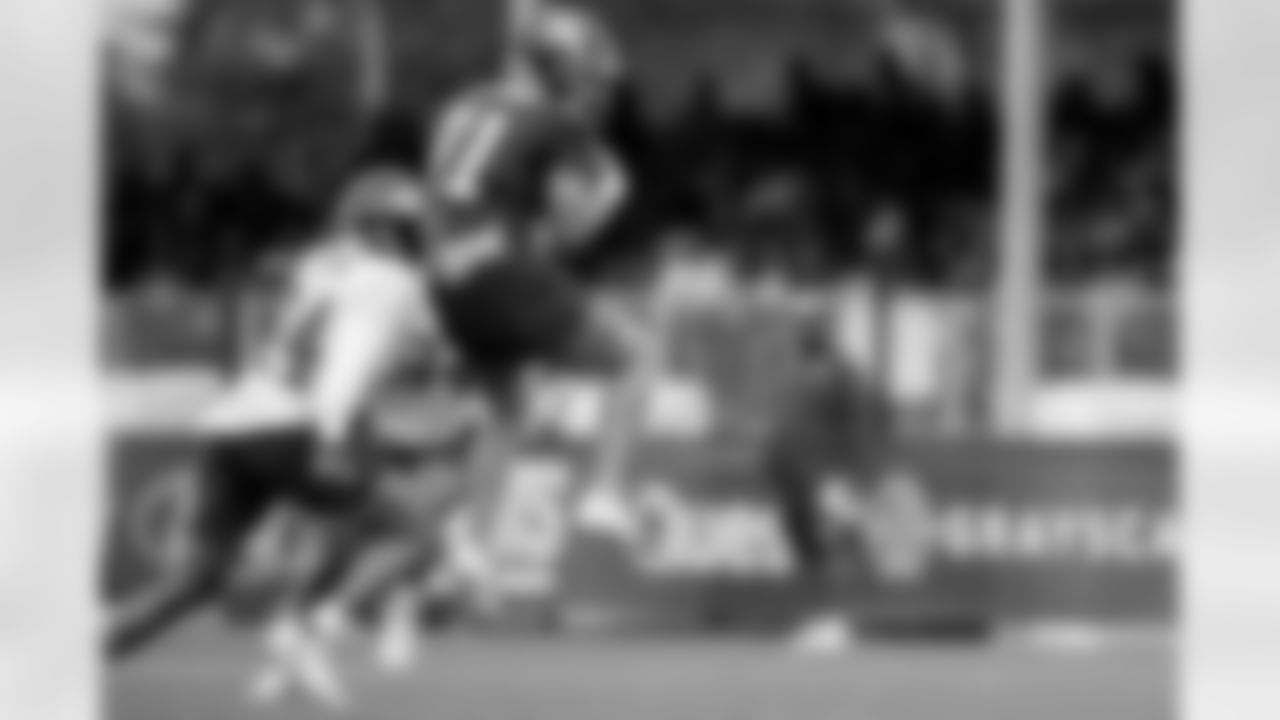
WR Alex Bachman (81)
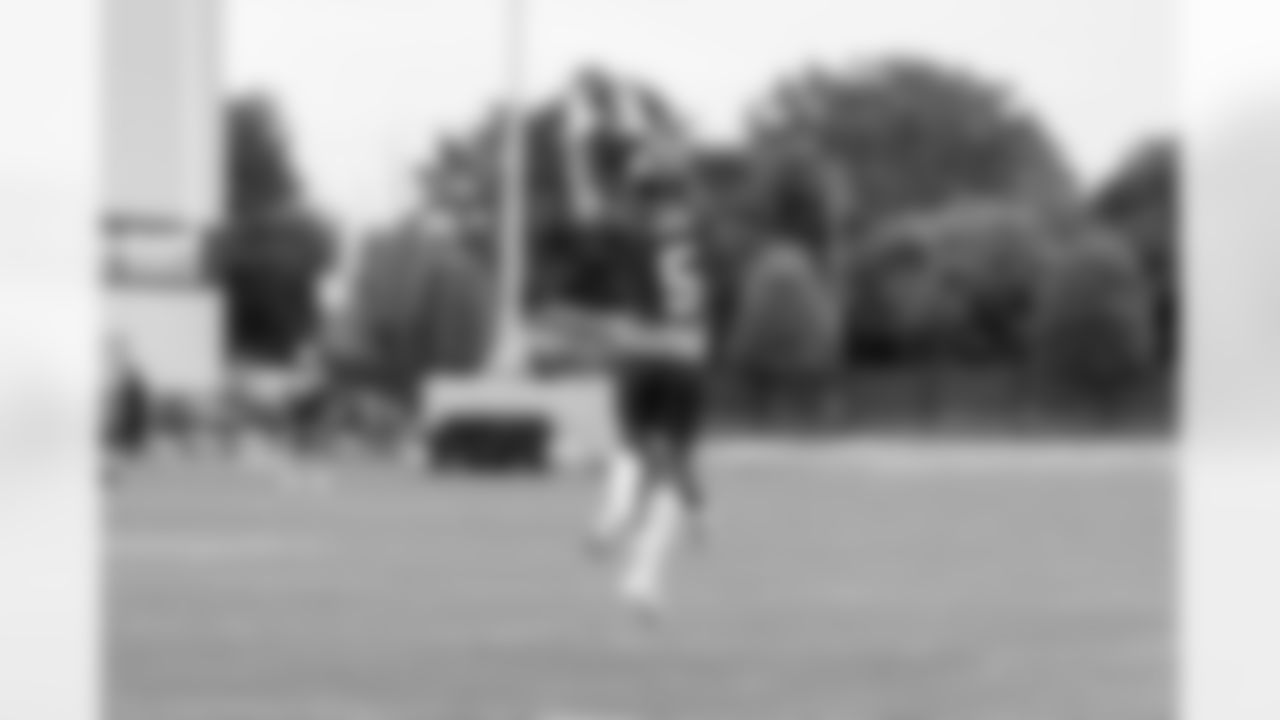
WR Keelan Doss (5)
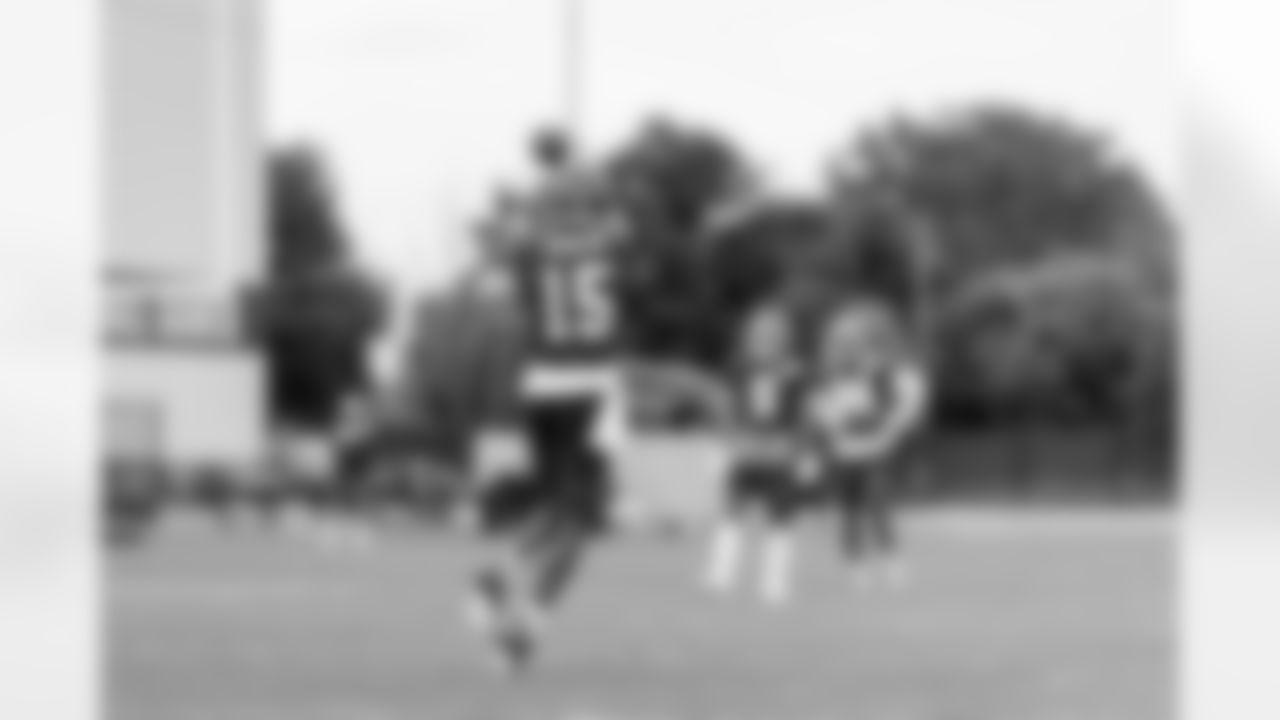
WR Collin Johnson (15)
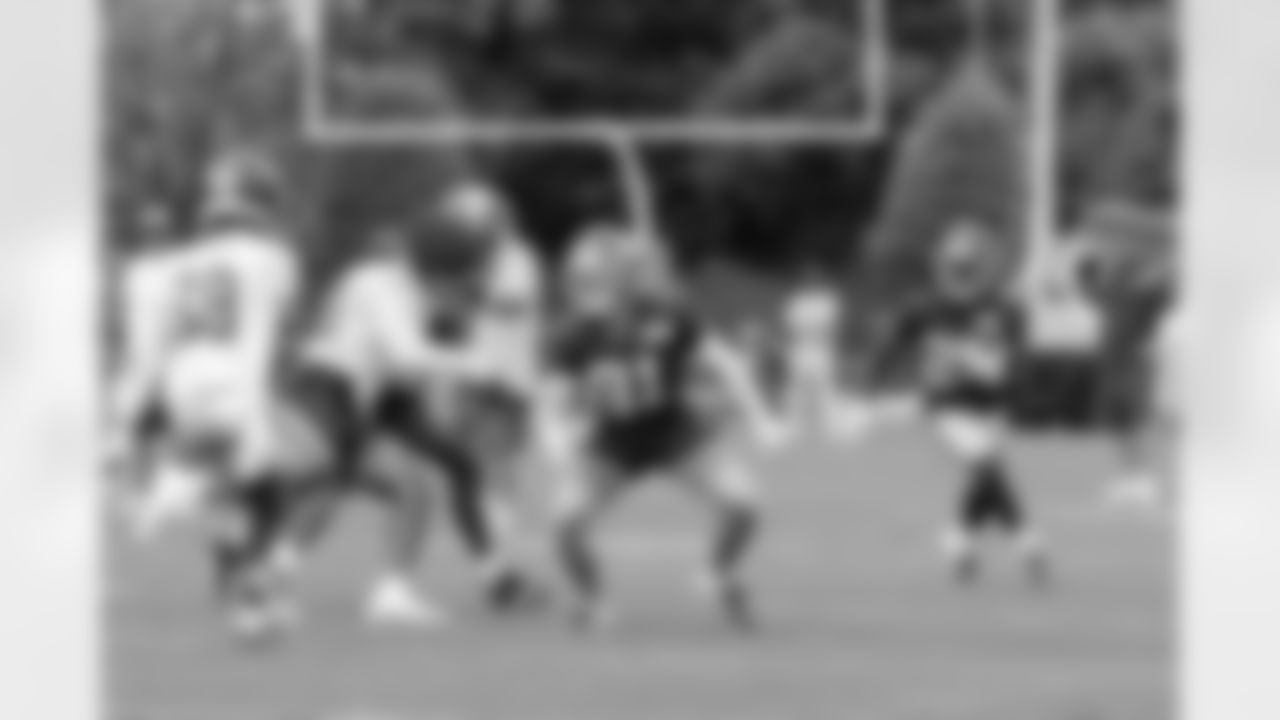
RB Jashaun Corbin (25)
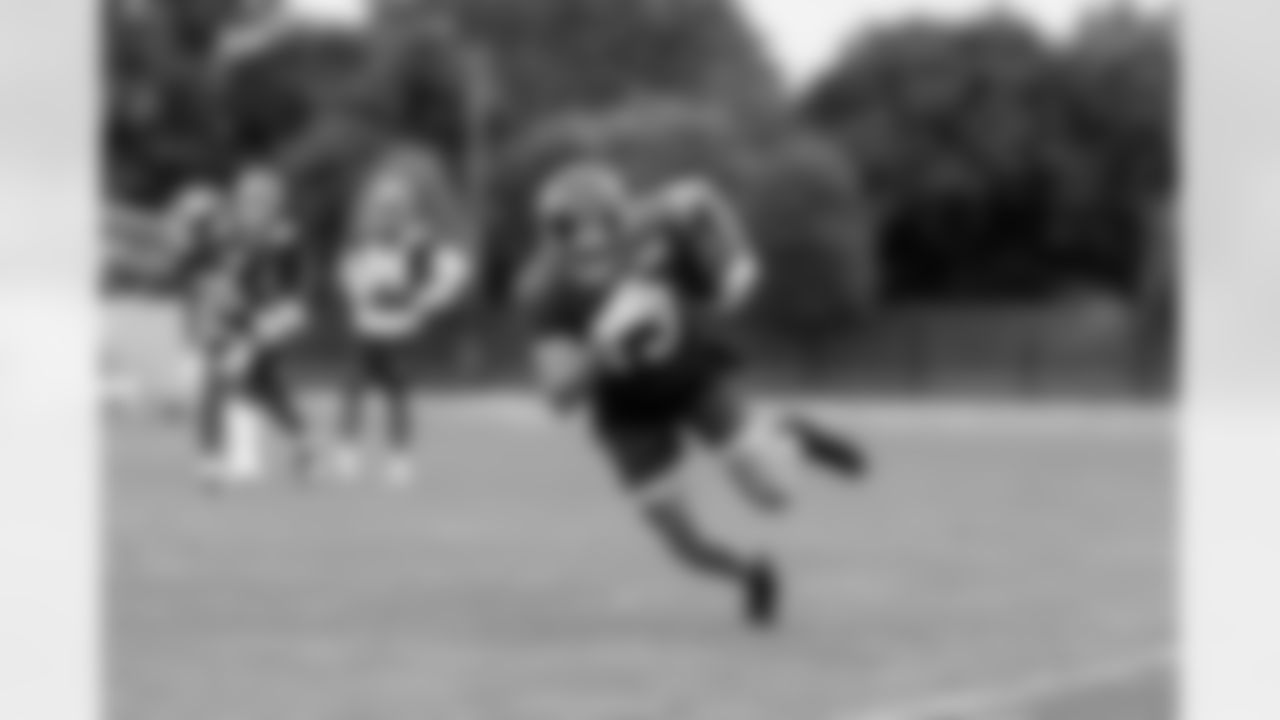
WR David Sills V (13)
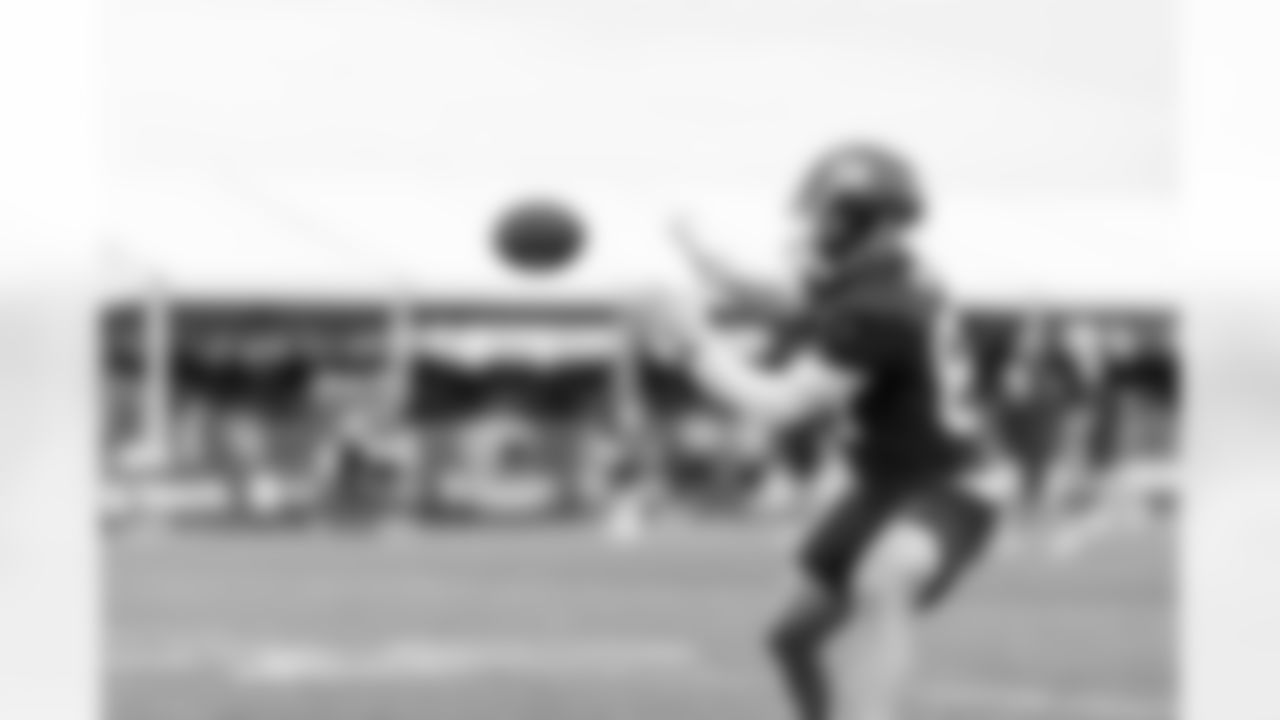
WR Austin Proehl (87)
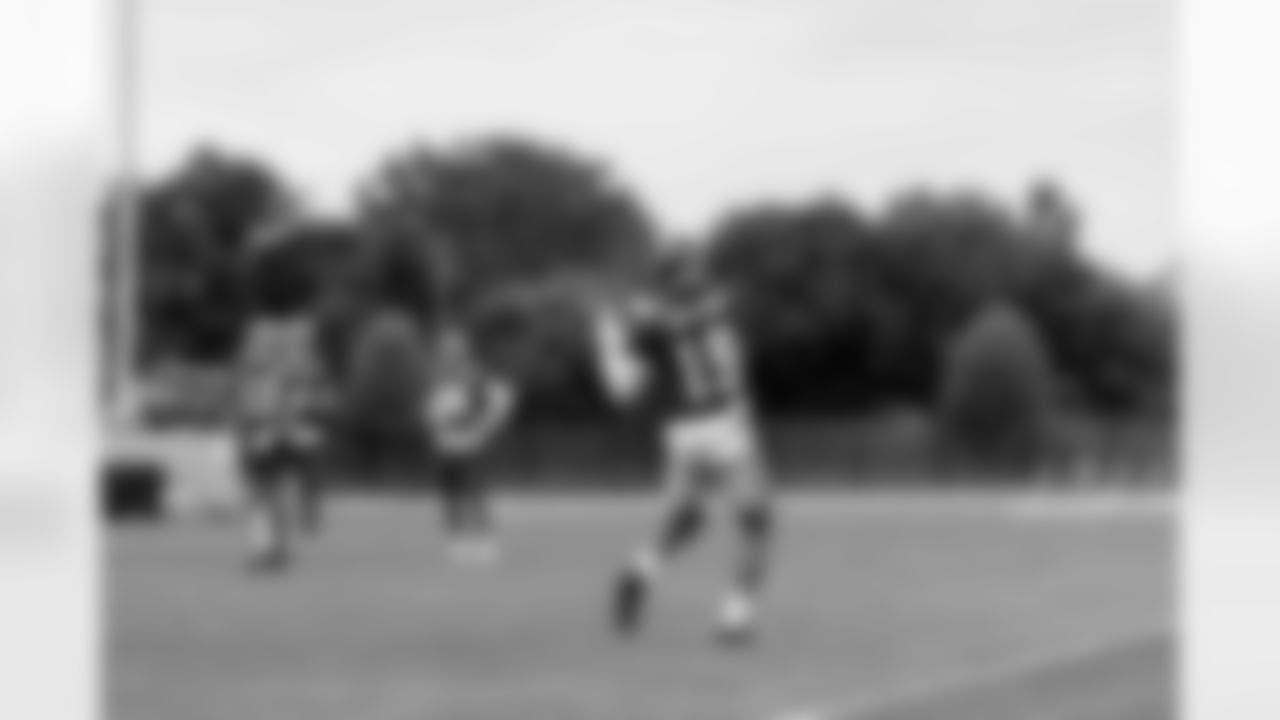
WR Kenny Golladay (19)
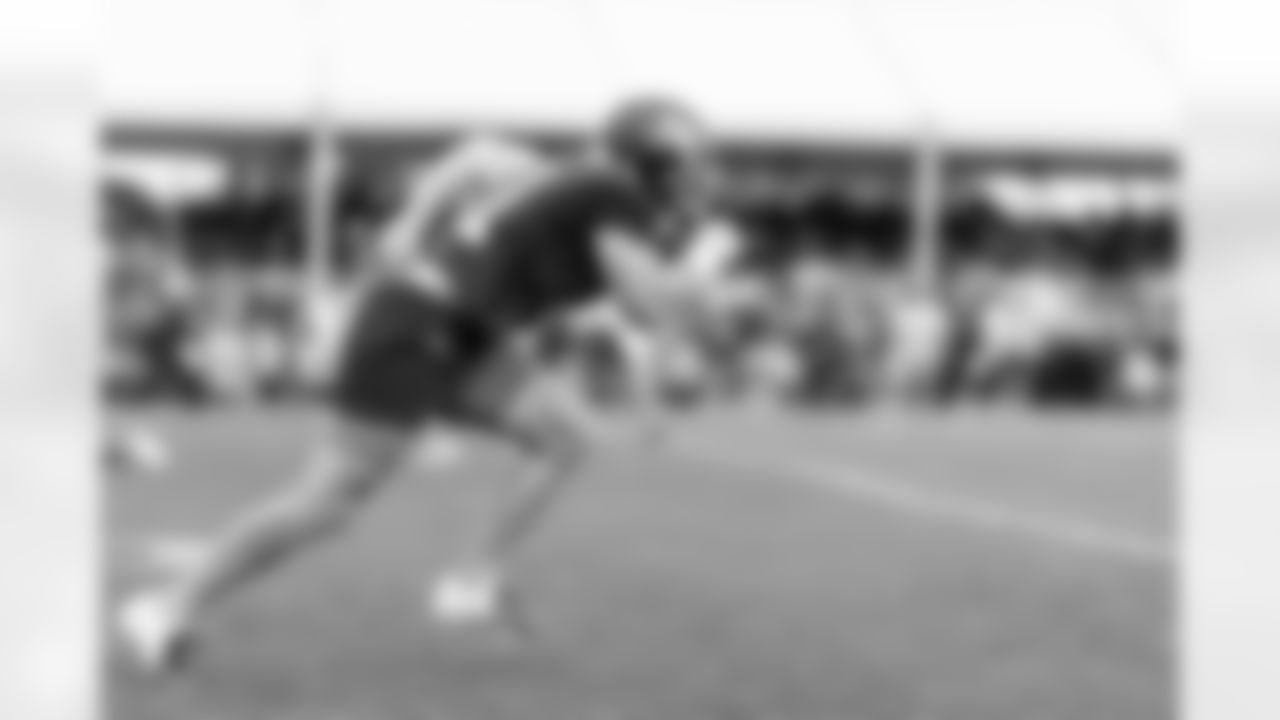
WR Alex Bachman (81)

WR Kadarius Toney (89)
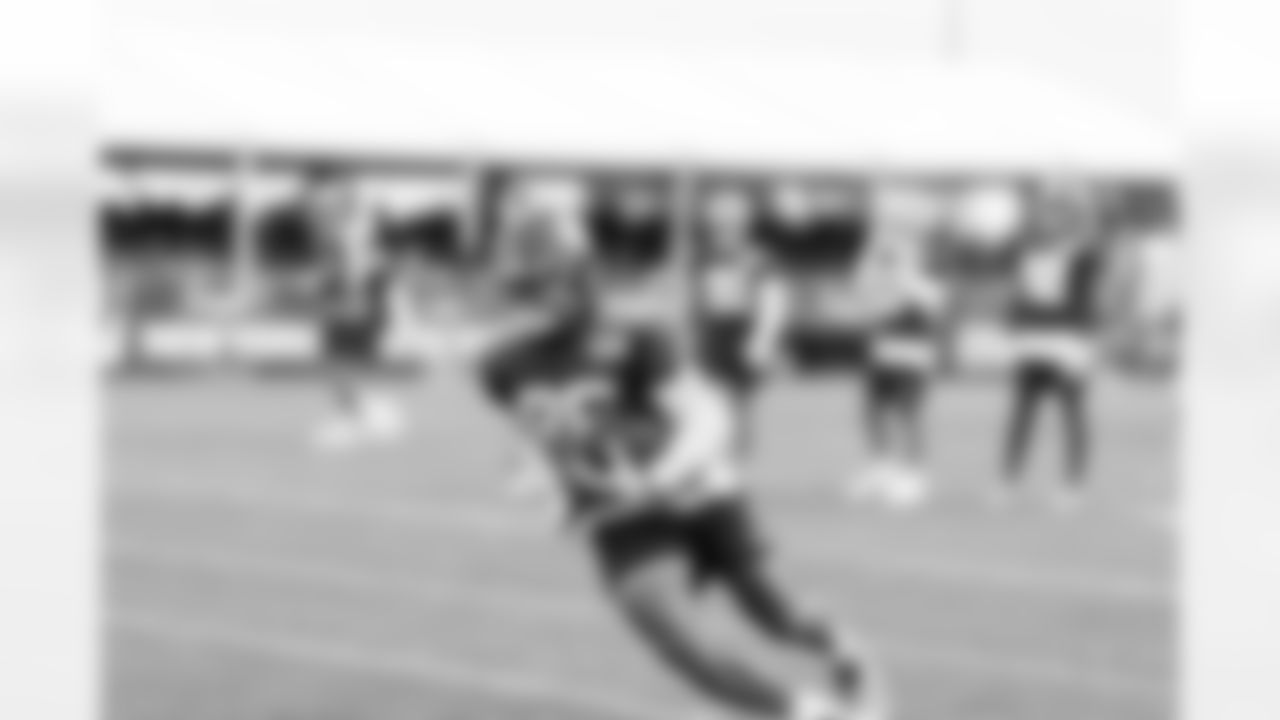
WR Darius Slayton (86)
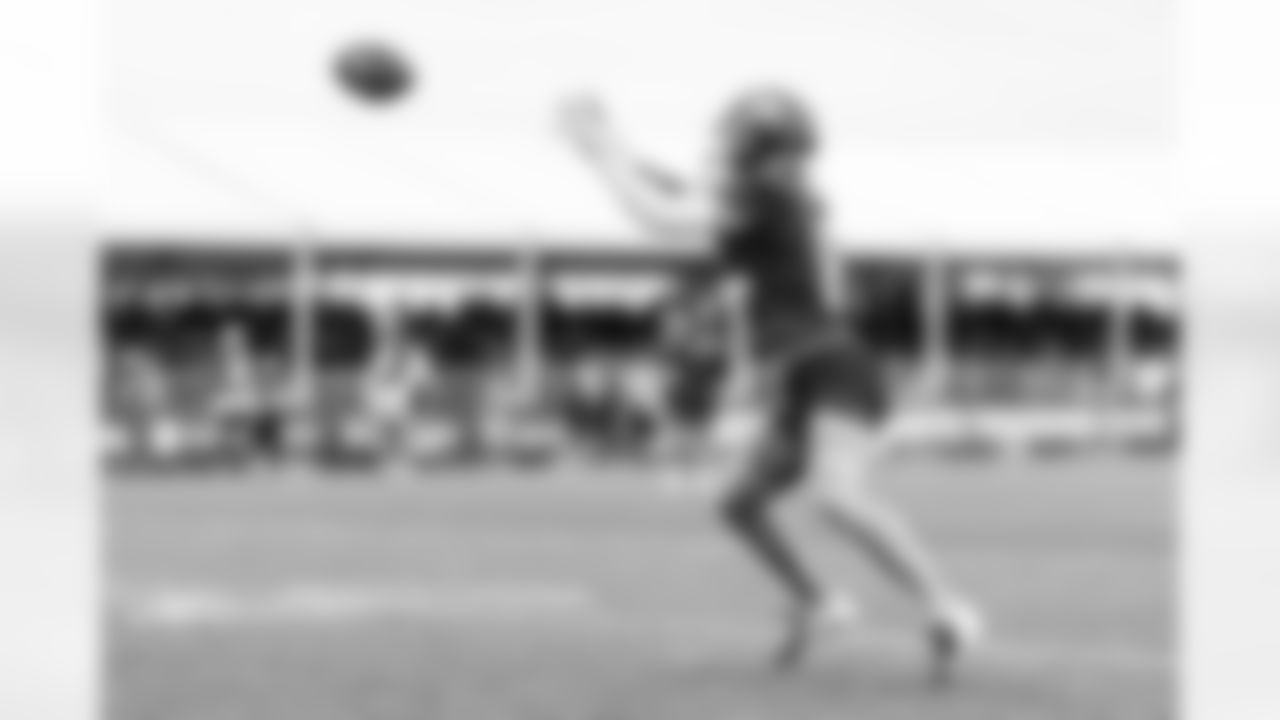
WR Austin Proehl (87)
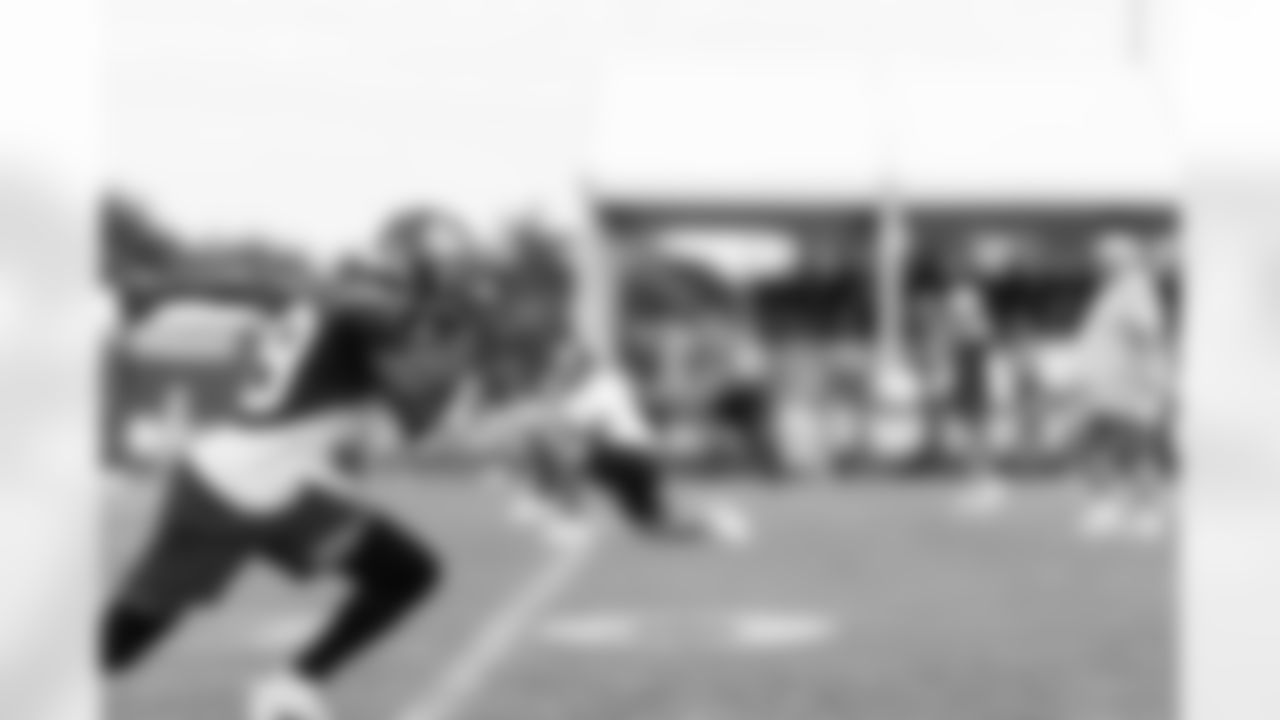
WR Kadarius Toney (89)

WR Austin Proehl (87)
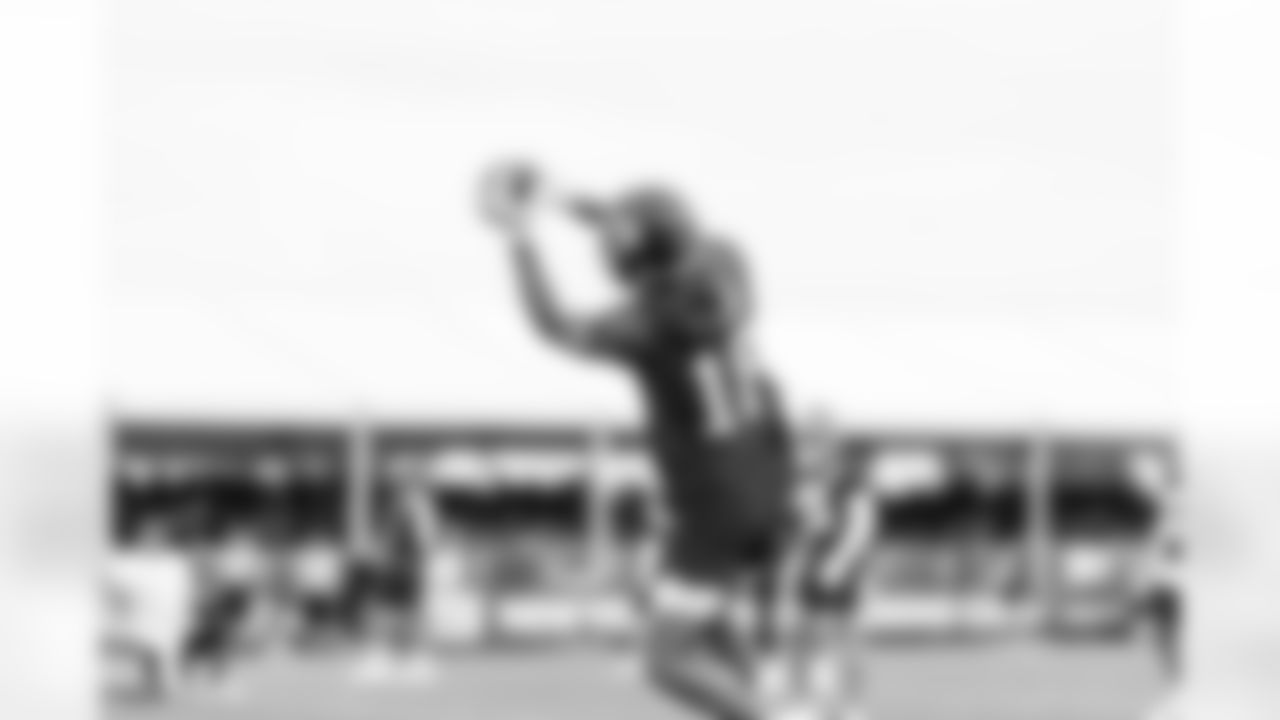
WR C.J. Board (18)
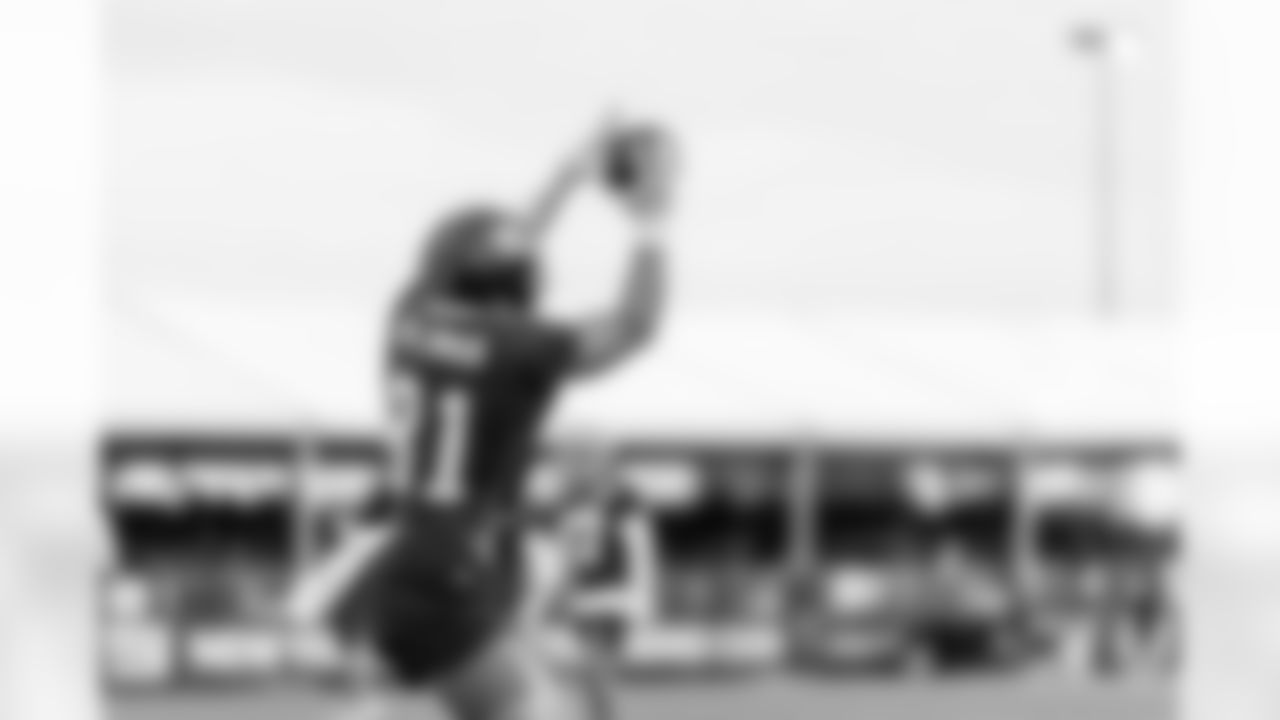
WR Alex Bachman (81)
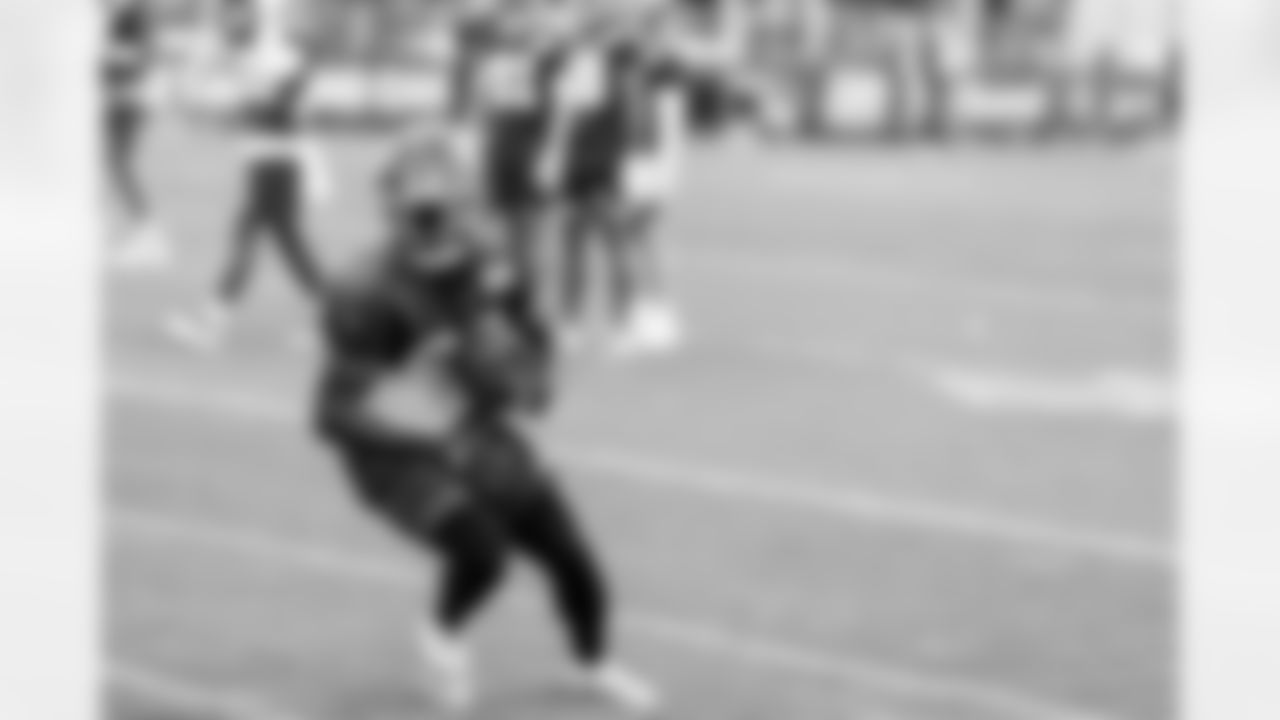
WR Kadarius Toney (89)
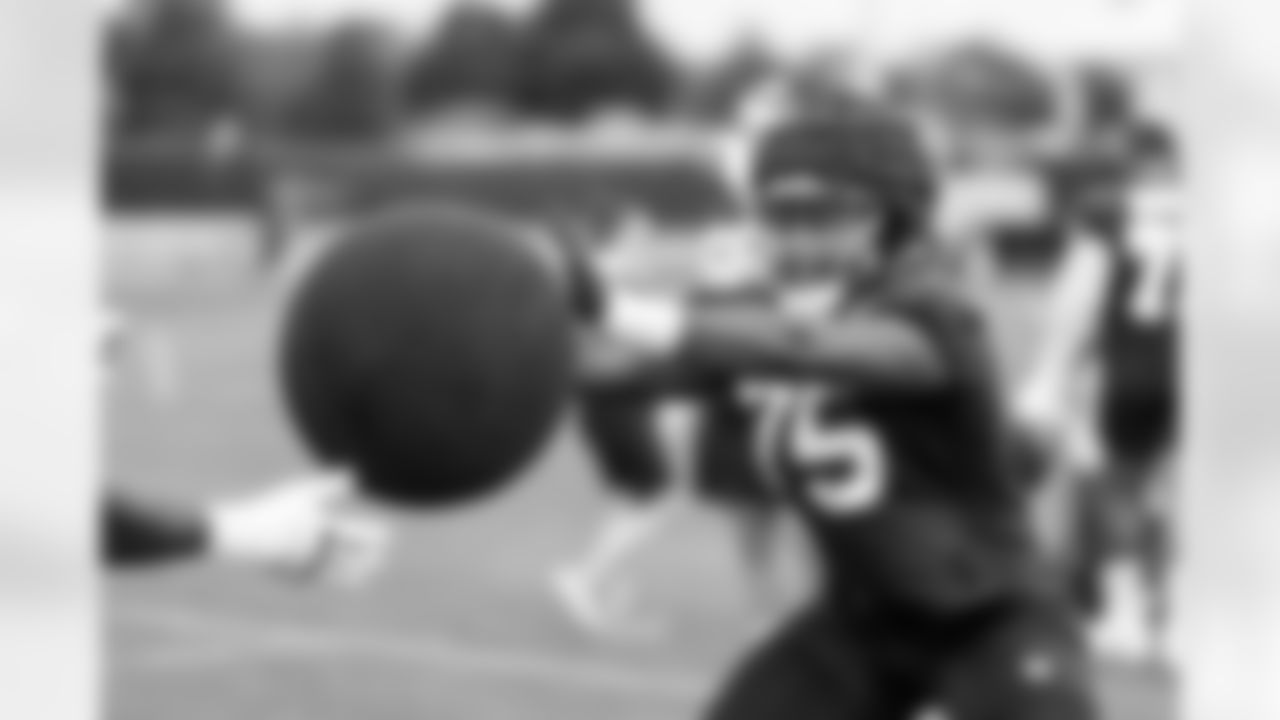
G Joshua Ezeudu (75)
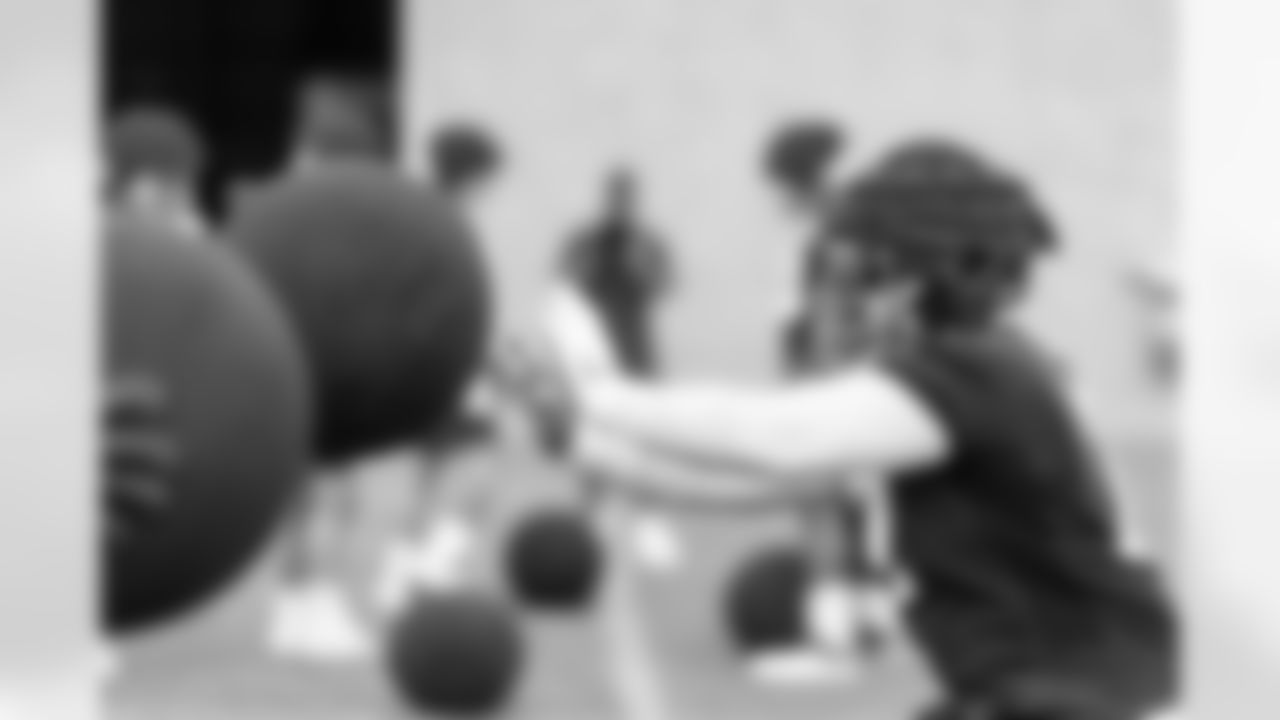
OL Jamil Douglas (77)
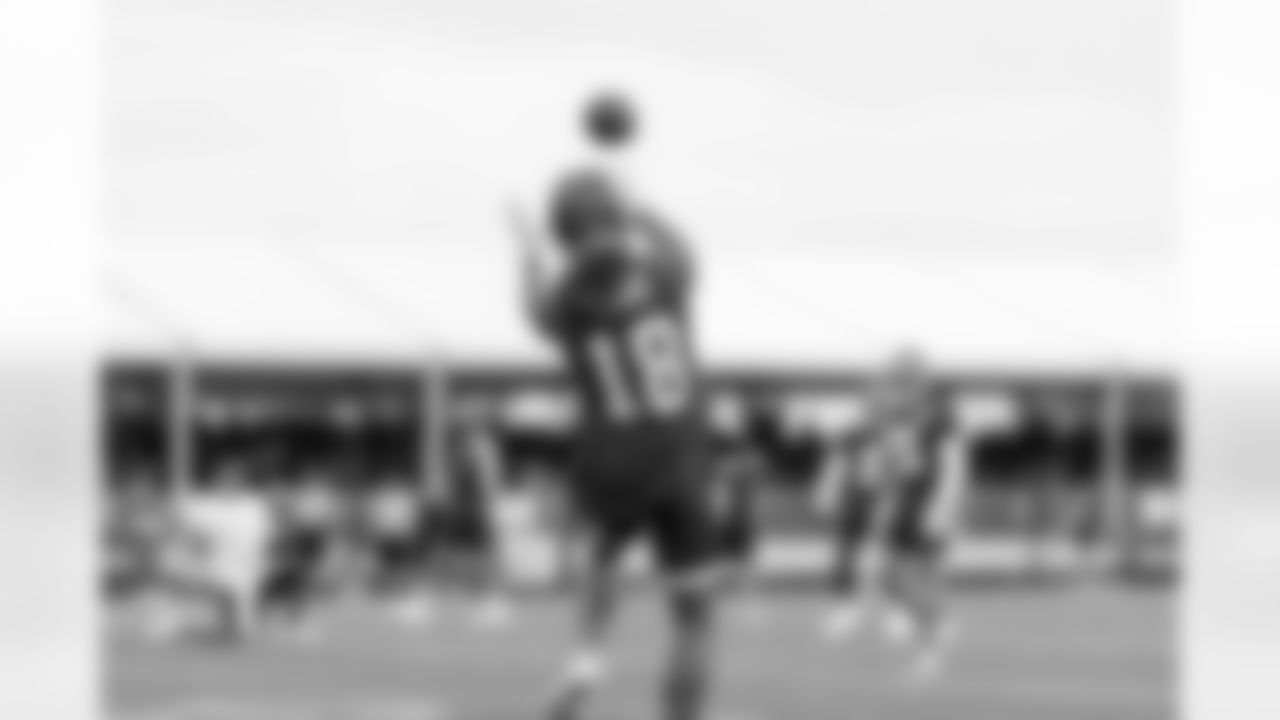
WR C.J. Board (18)
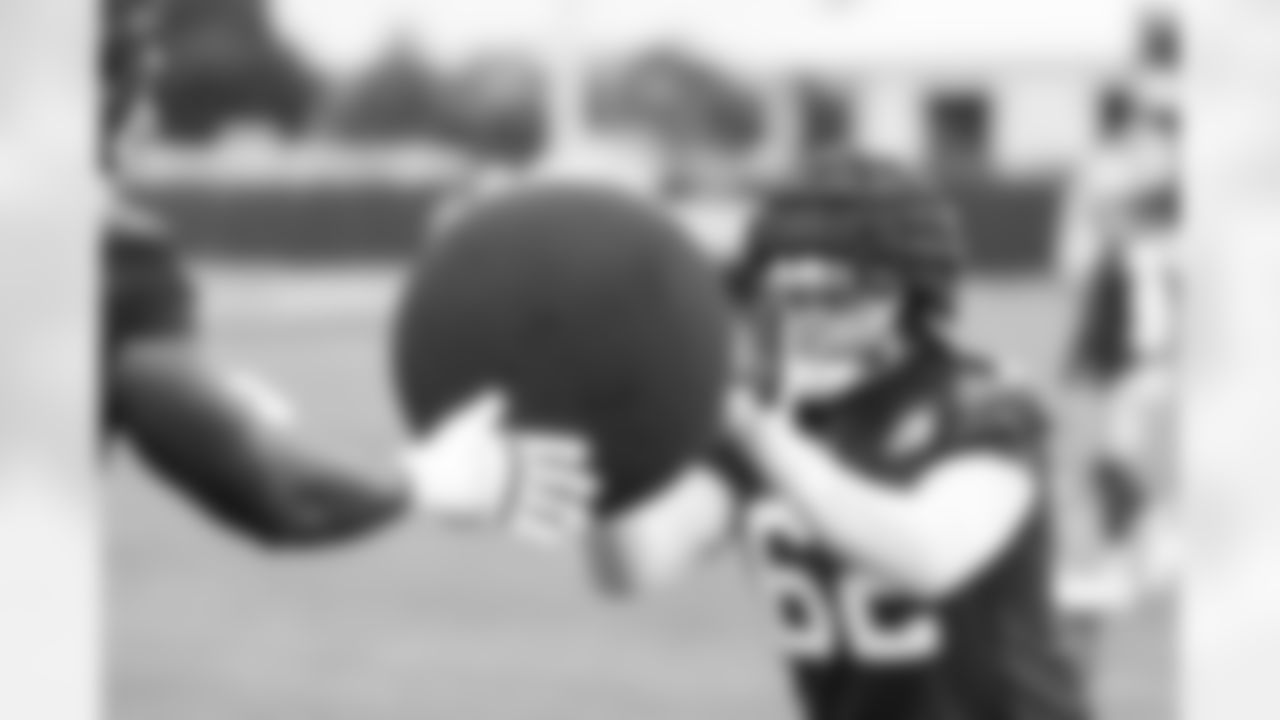
OL Devery Hamilton (62)
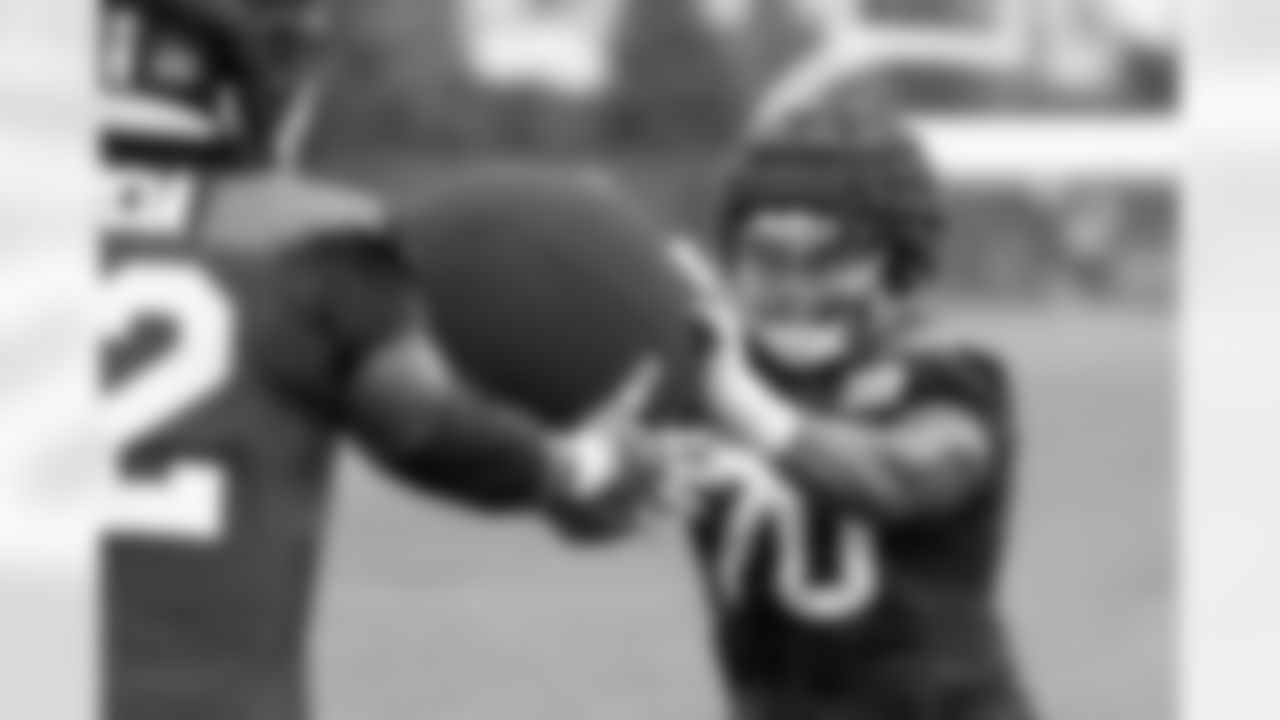
OT Evan Neal (70)
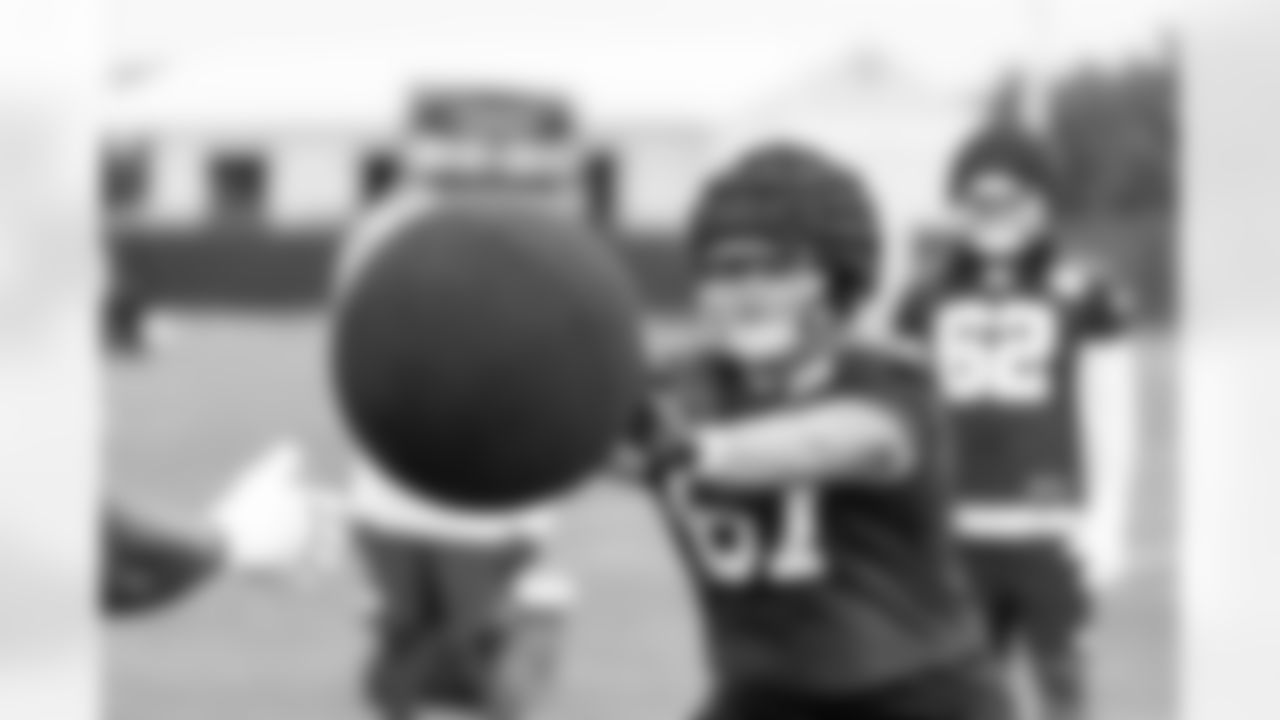
OL Josh Rivas (67)
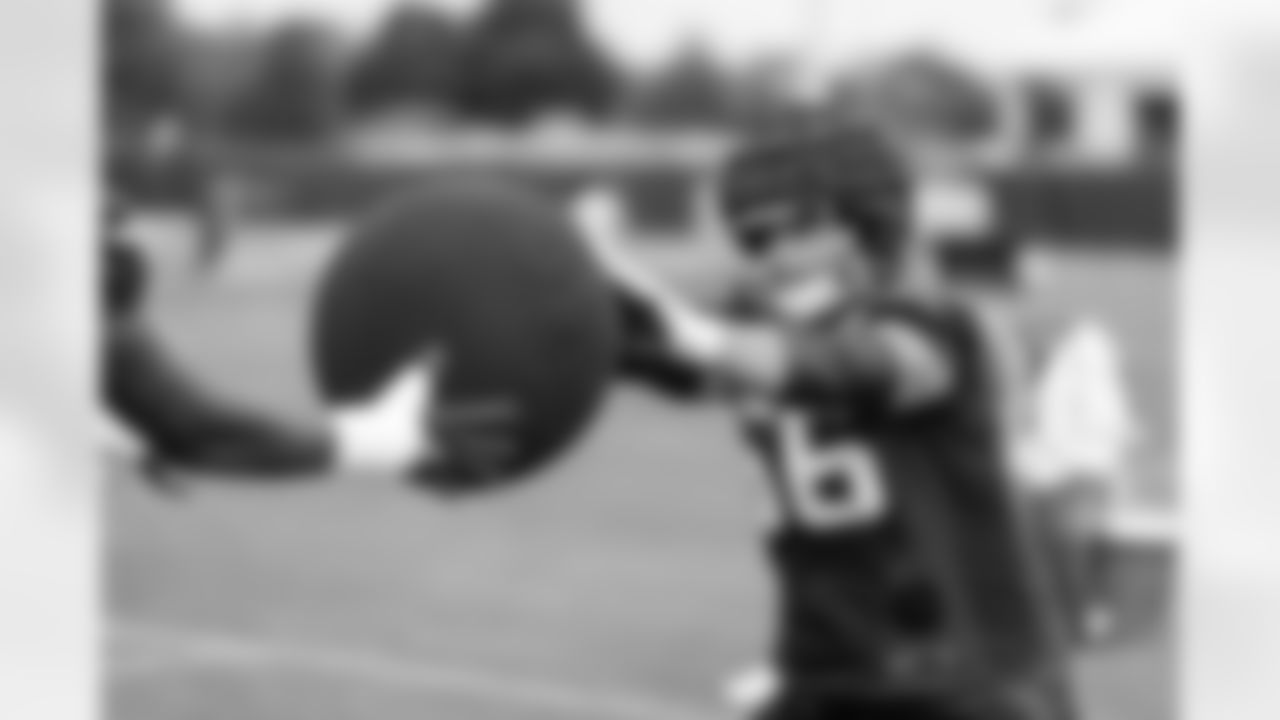
G Shane Lemieux (66)
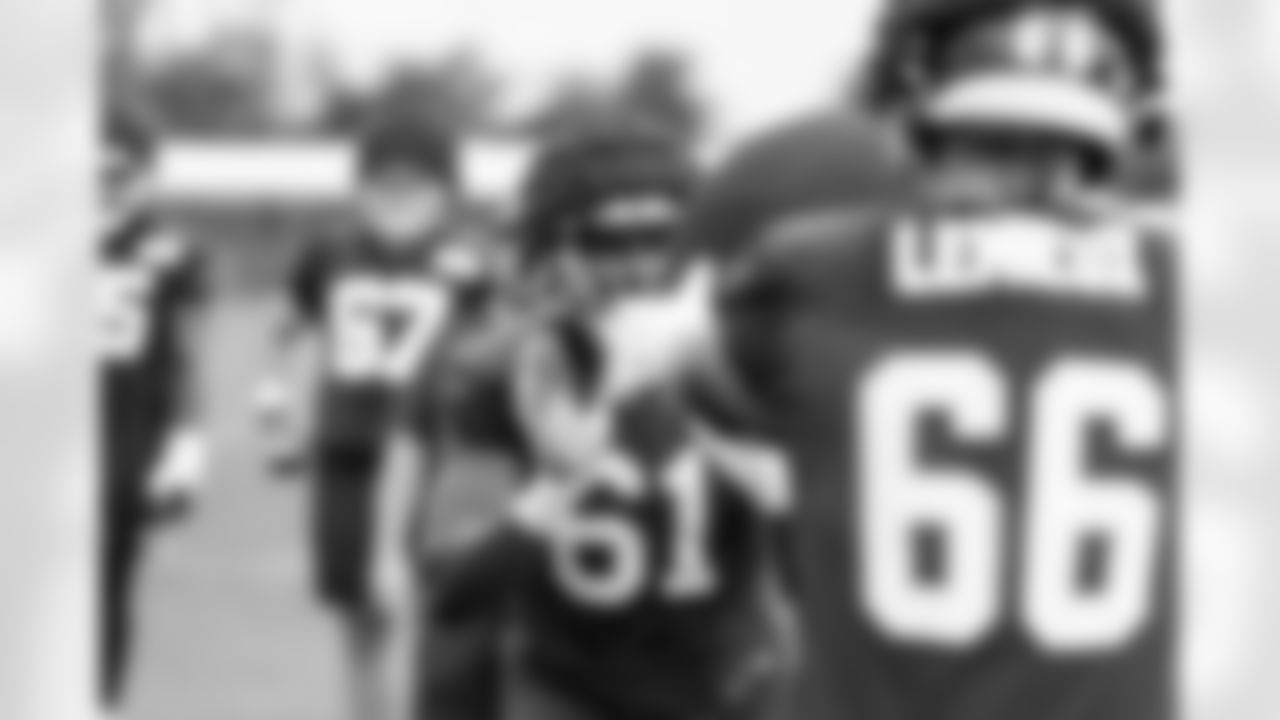
OL Roy Mbaeteka (61)
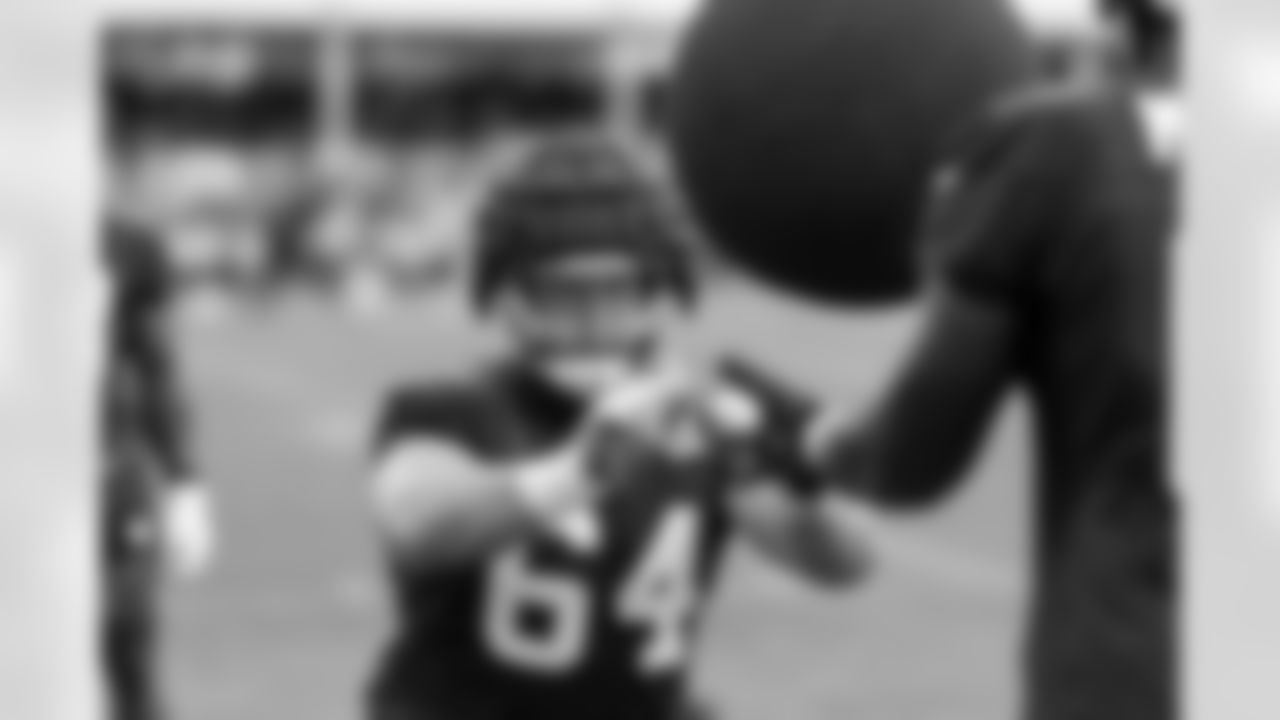
OL Mark Glowinski (64)
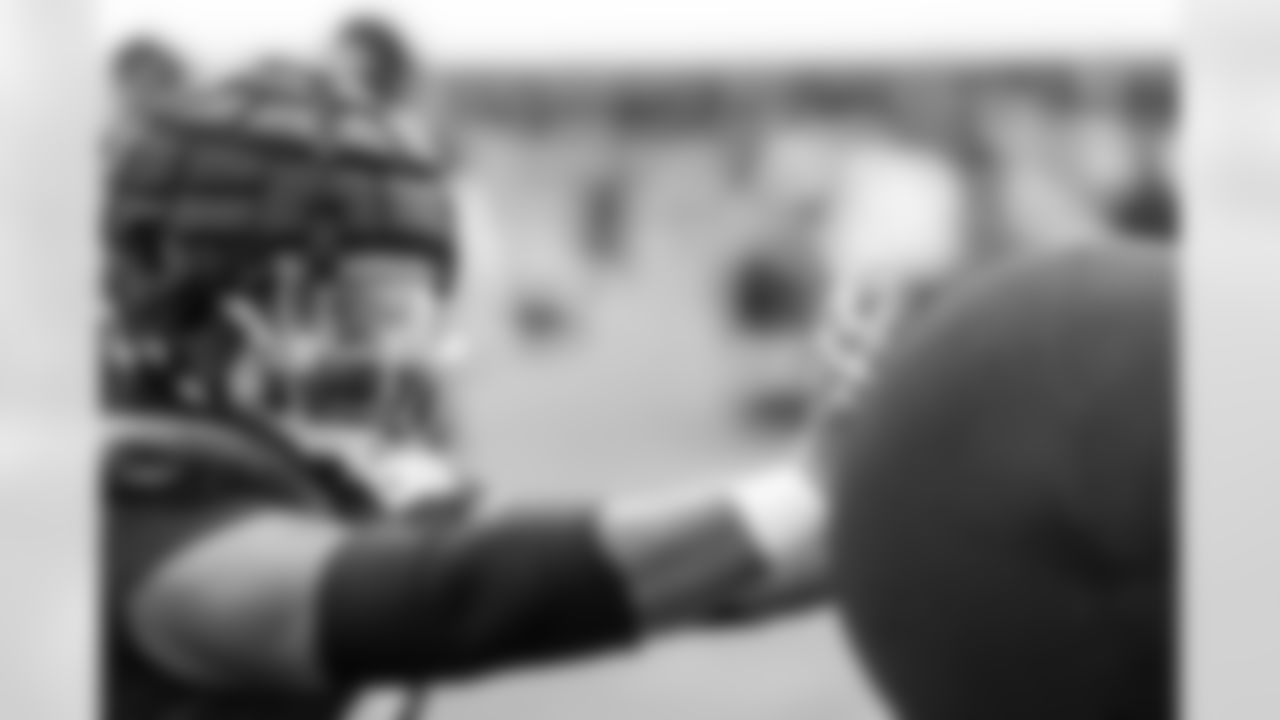
OL Max Garcia (72)
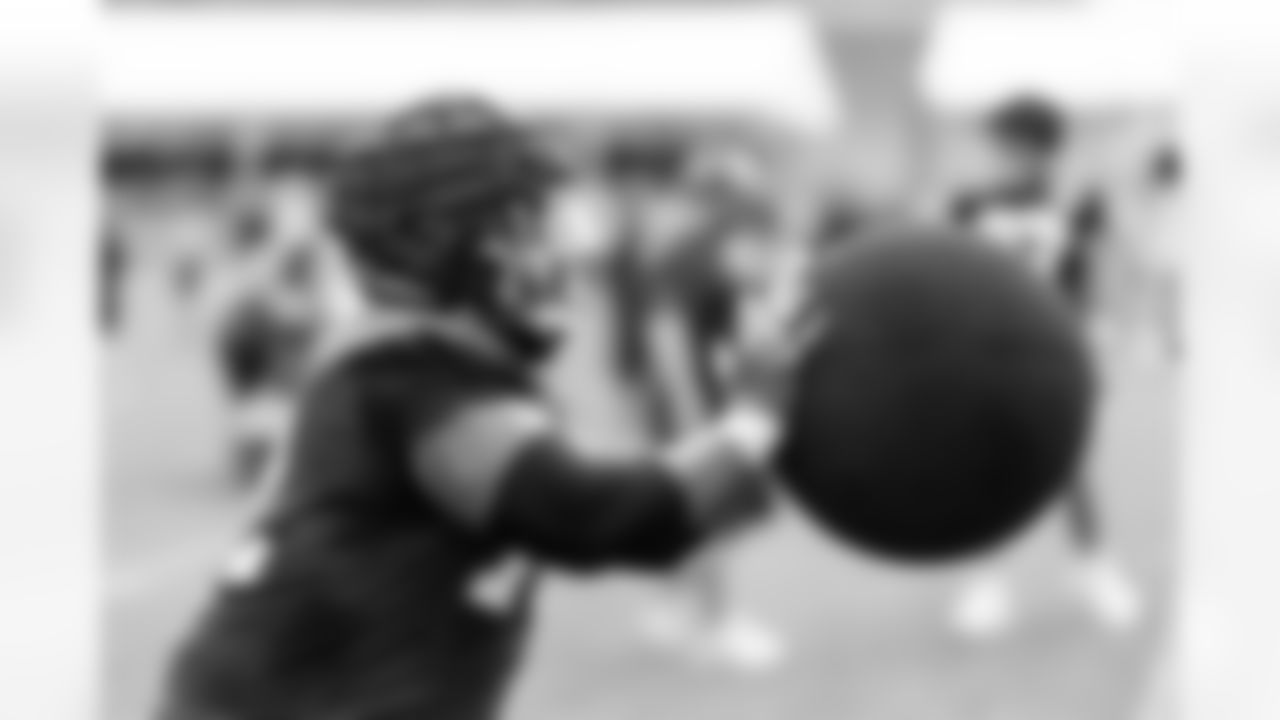
OL Max Garcia (72)
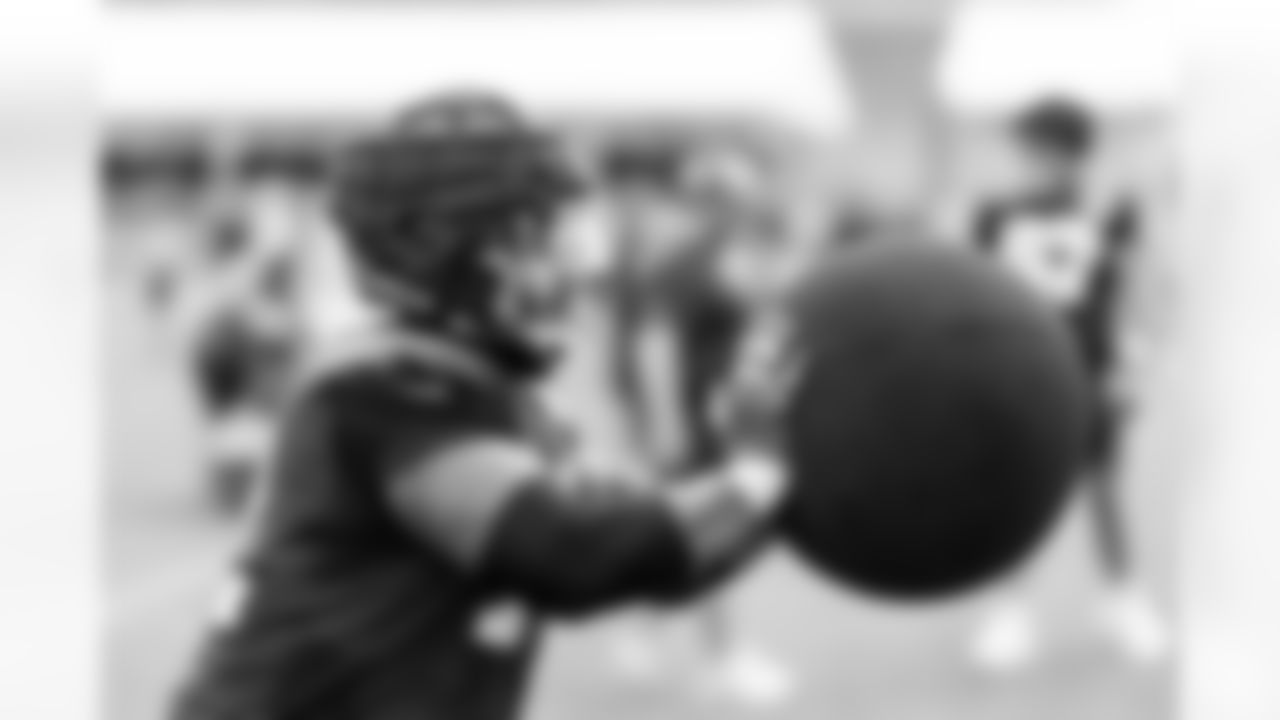
OL Max Garcia (72)

G Ben Bredeson (68)

WR Darius Slayton (86)
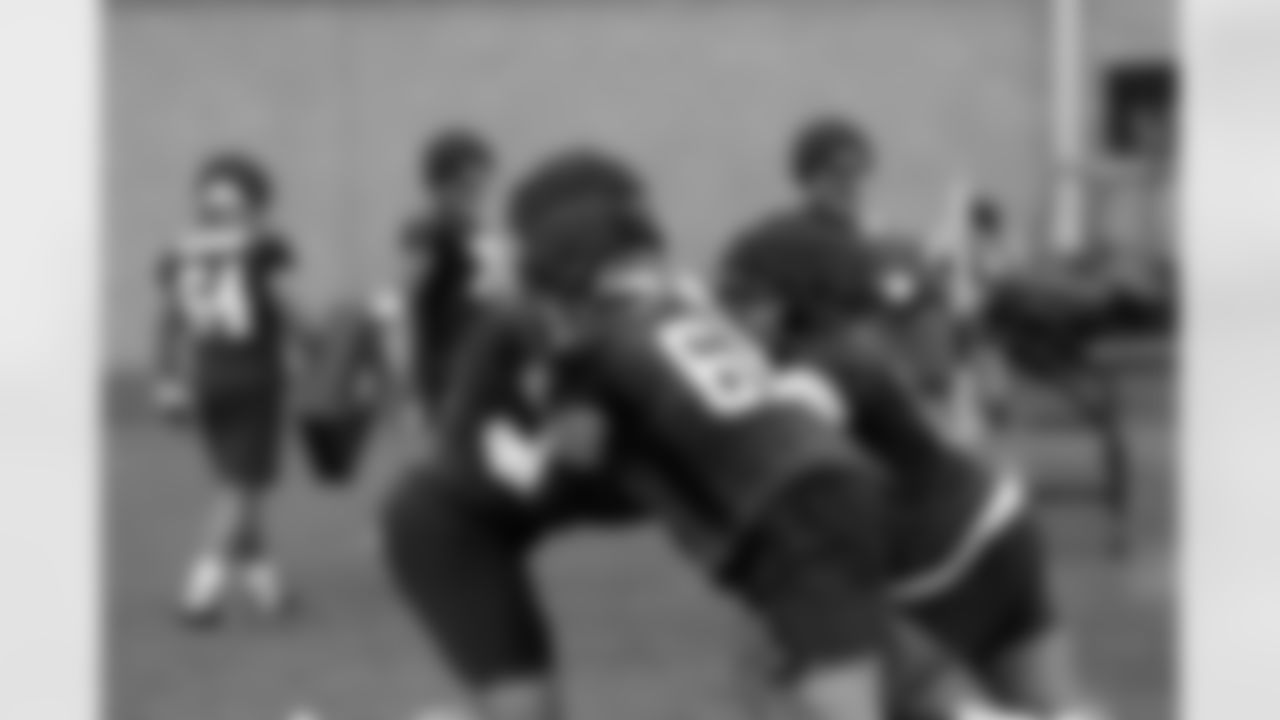
G Shane Lemieux (66)
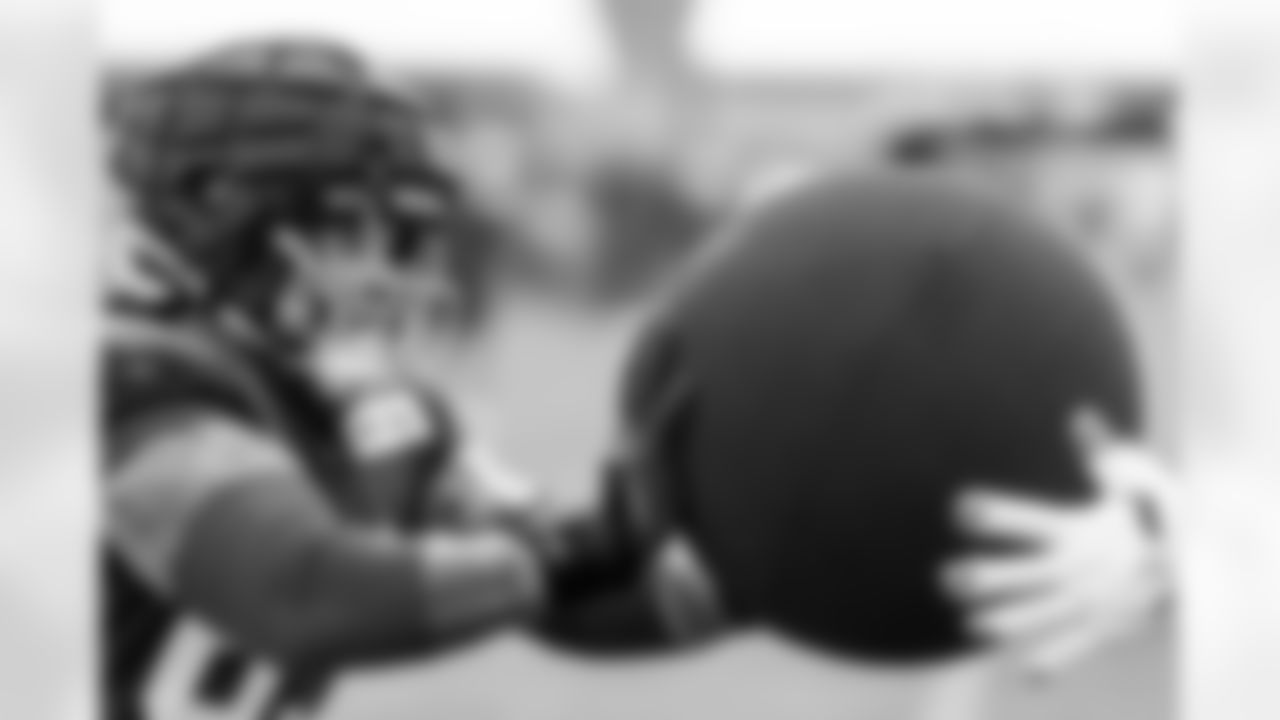

QB Tyrod Taylor (2)
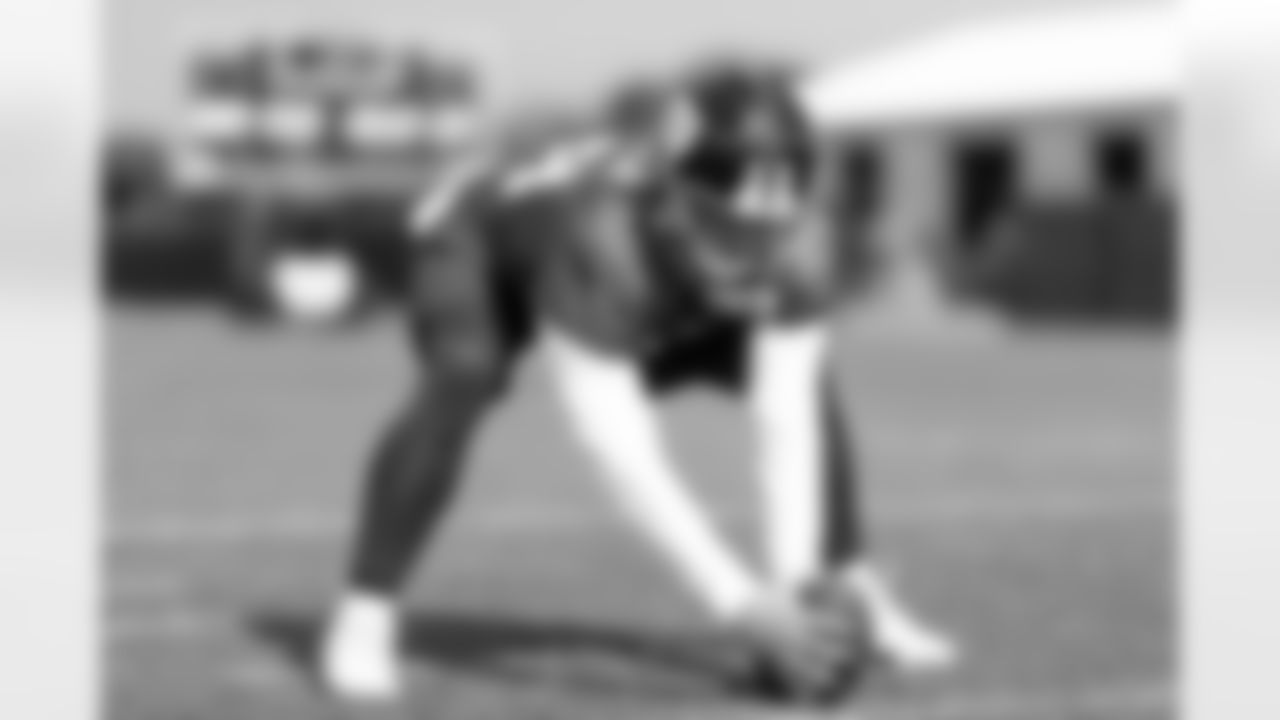
LS Casey Kreiter (58)

QB Tyrod Taylor (2)

QB Daniel Jones (8)
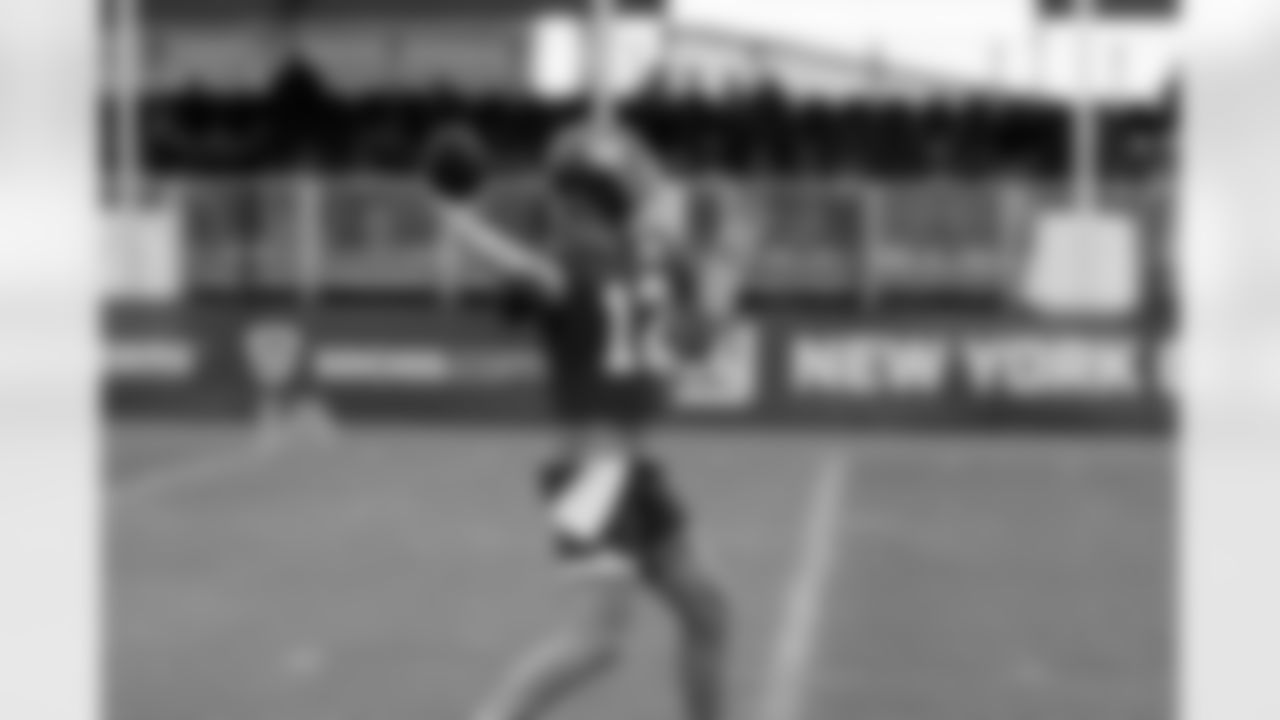
QB Davis Webb (12)

P Jamie Gillan (17)
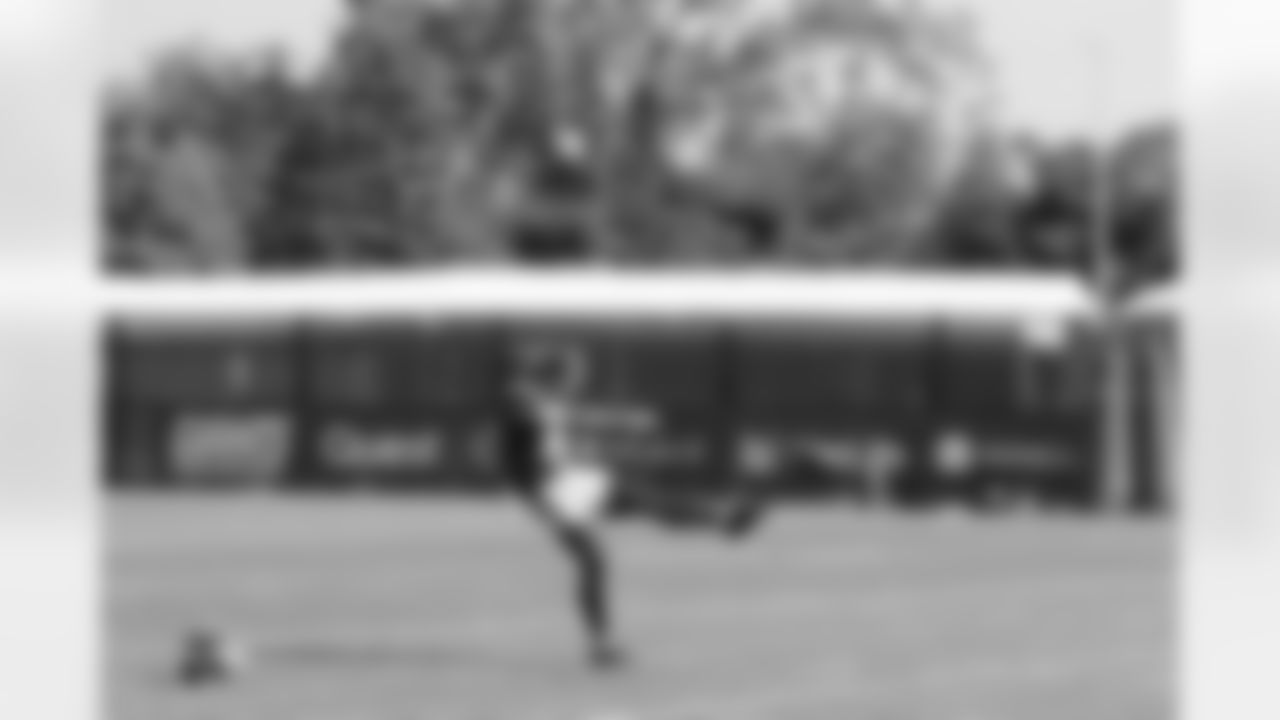
P Jamie Gillan (17)
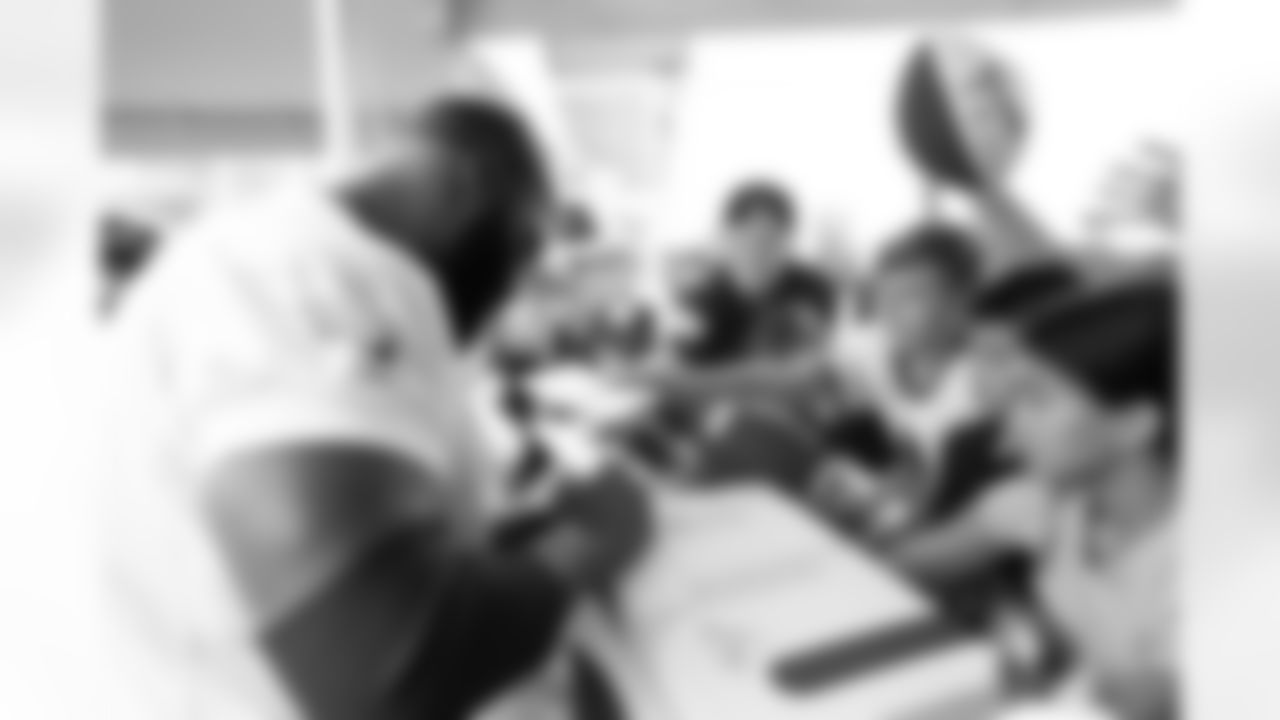
DT Justin Ellis (71)
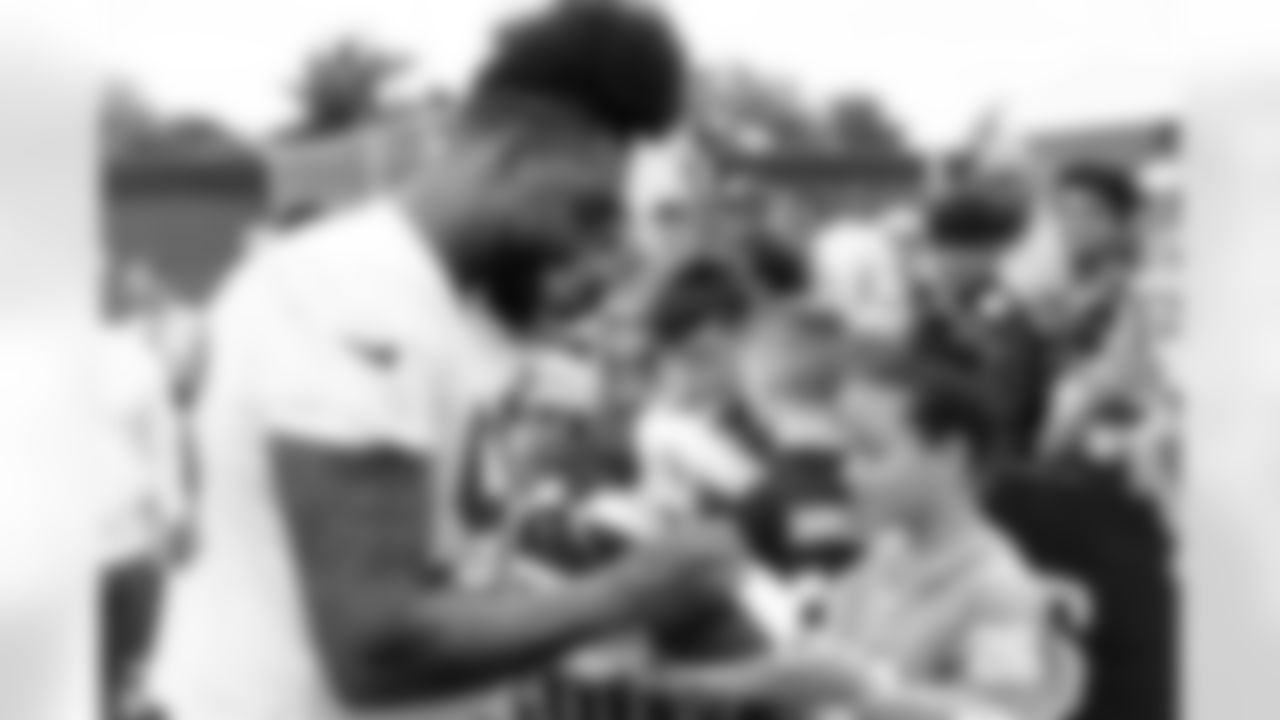
DL Leonard Williams (99)

P Jamie Gillan (17)

P Jamie Gillan (17)
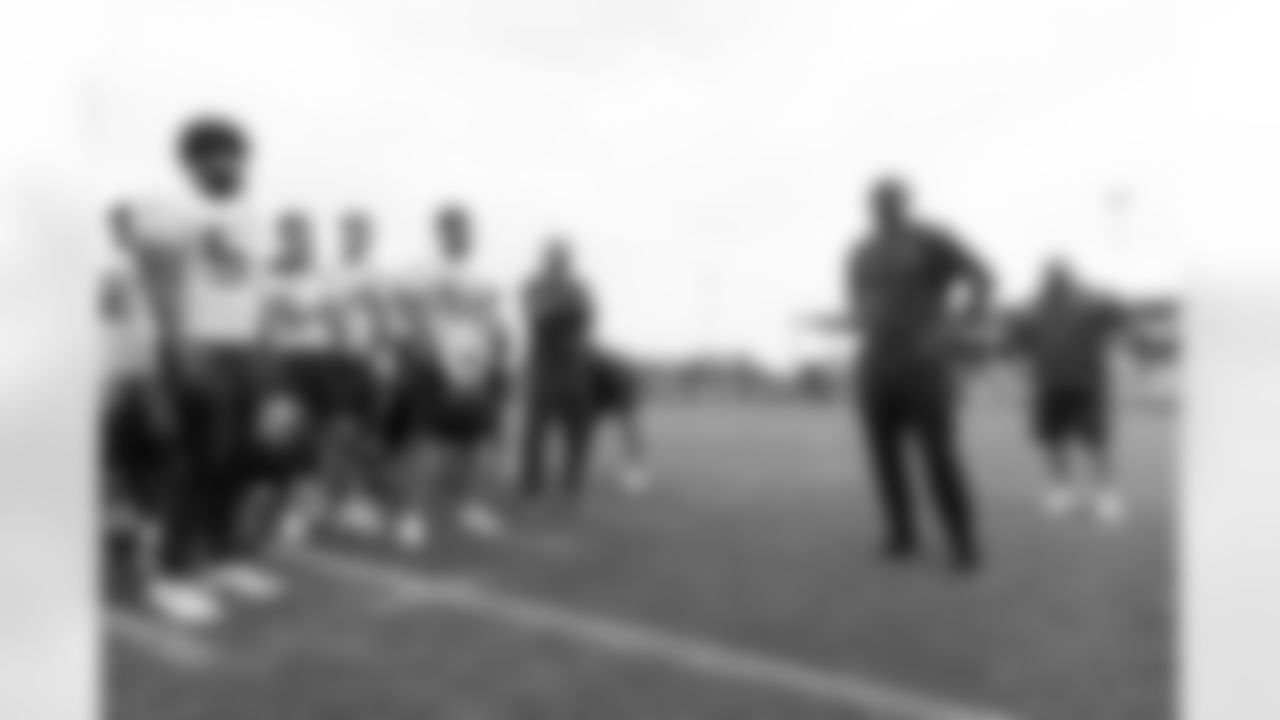
Amani Toomer
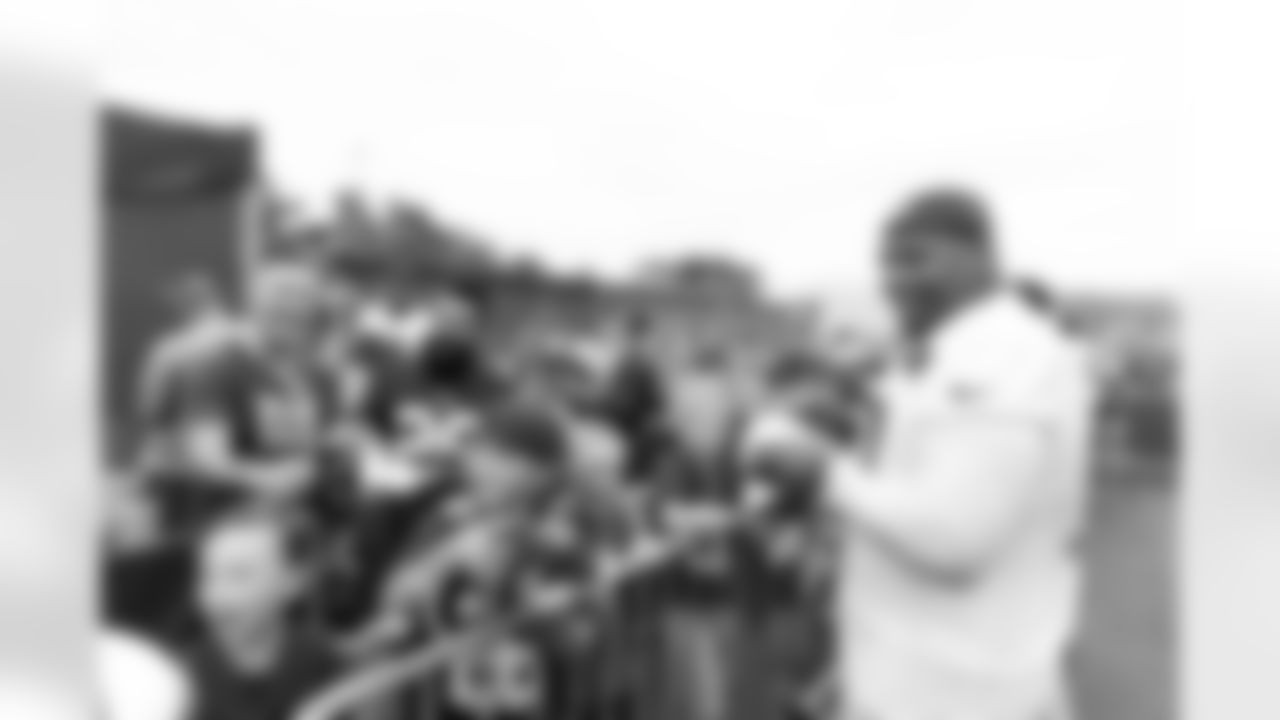
DL Dexter Lawrence (97)
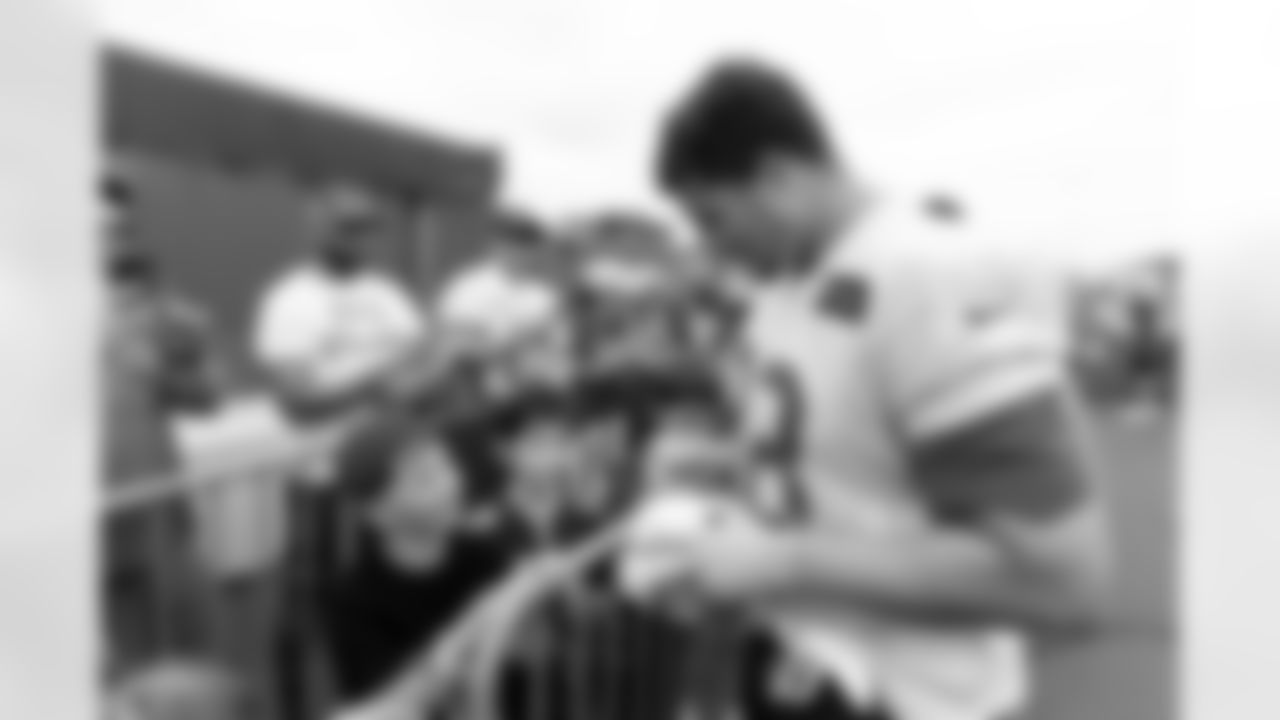
DL D.J. Davidson (98)
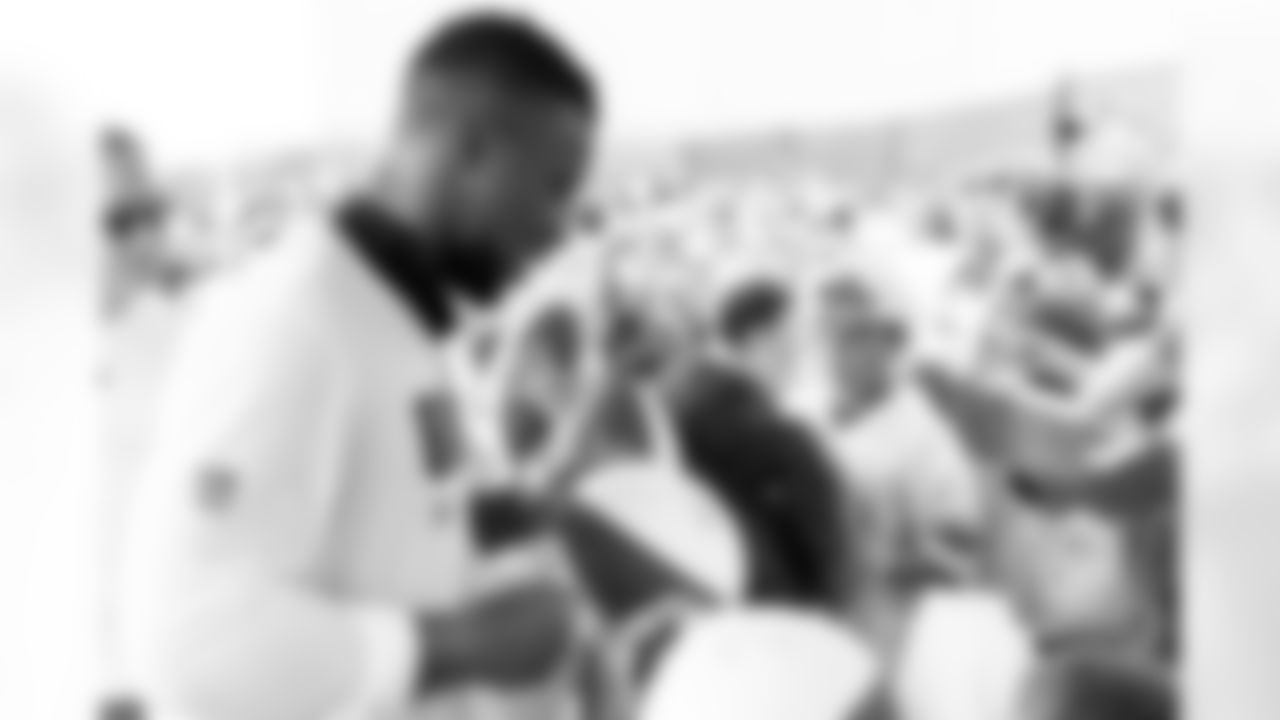
RB Saquon Barkley (26)
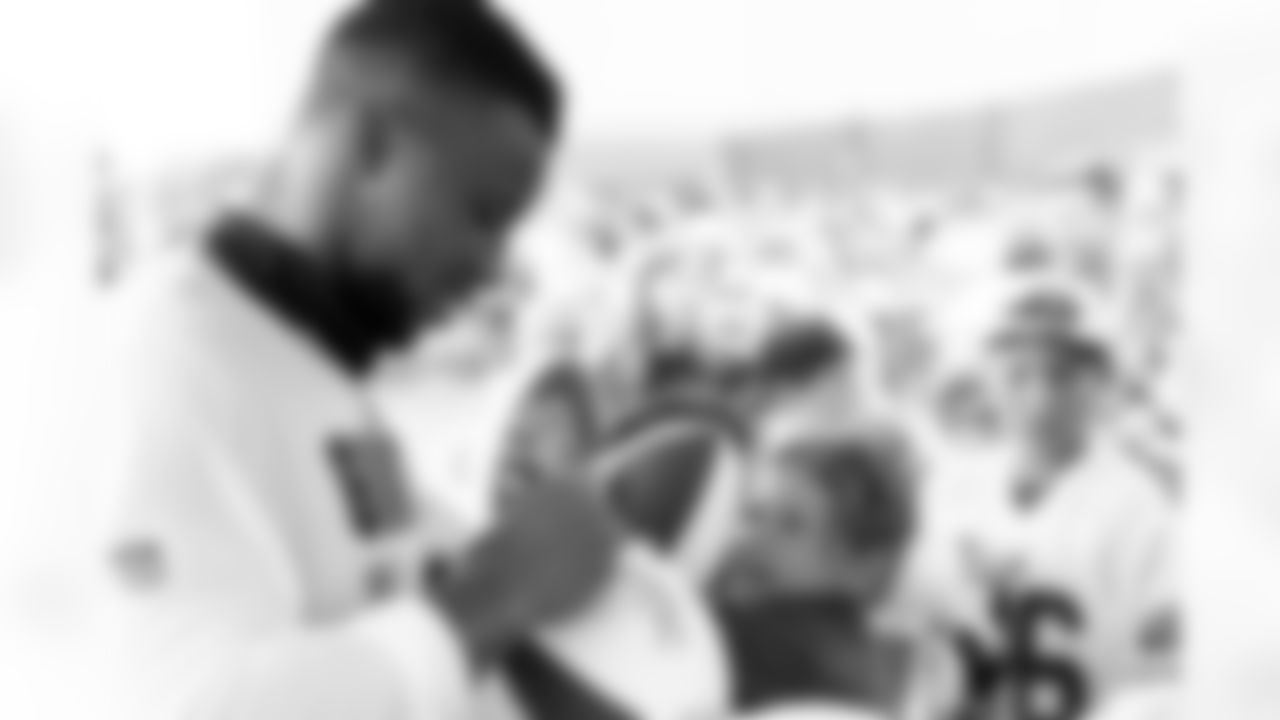
RB Saquon Barkley (26)
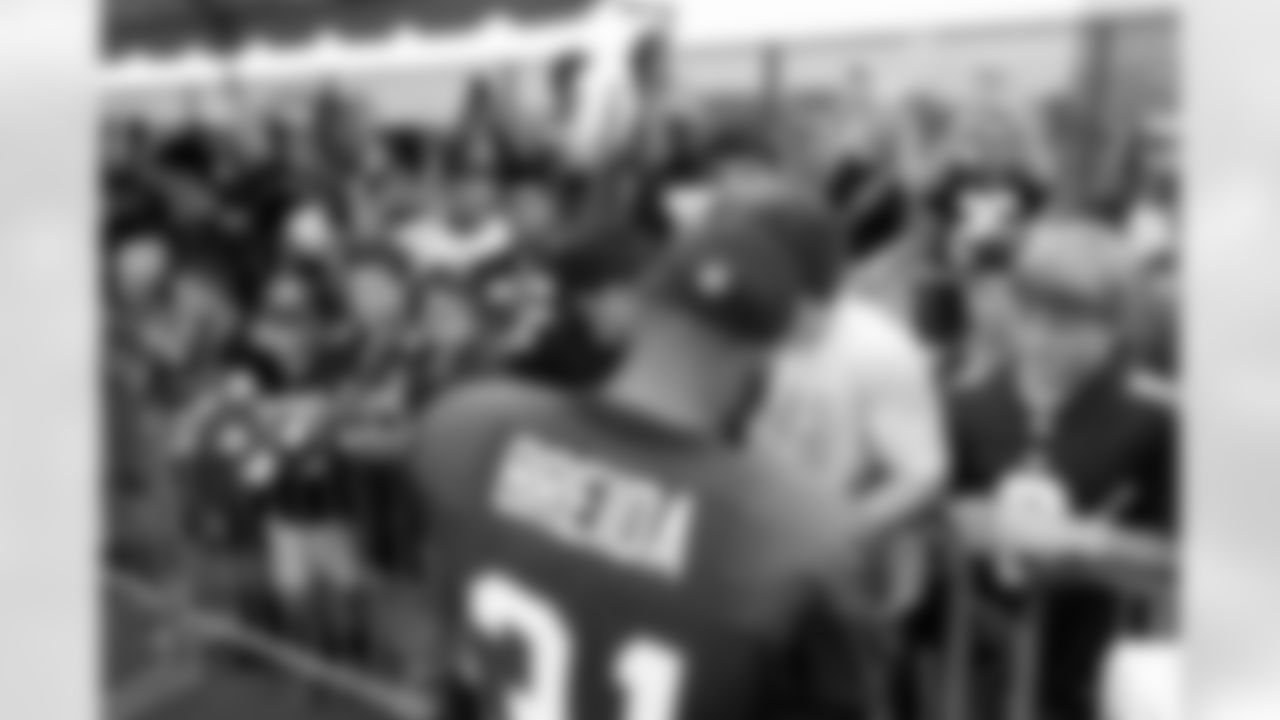
RB Matt Breida (31)

RB Matt Breida (31)
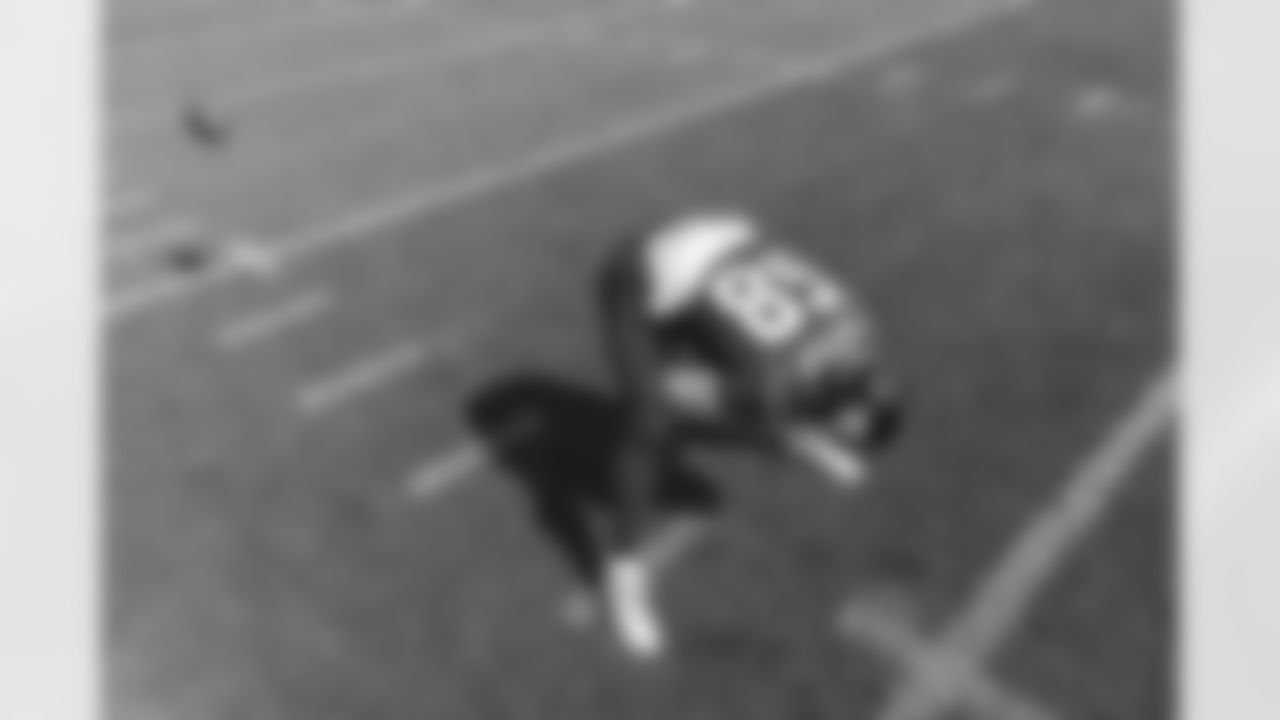
LS Casey Kreiter (58)

Amani Toomer
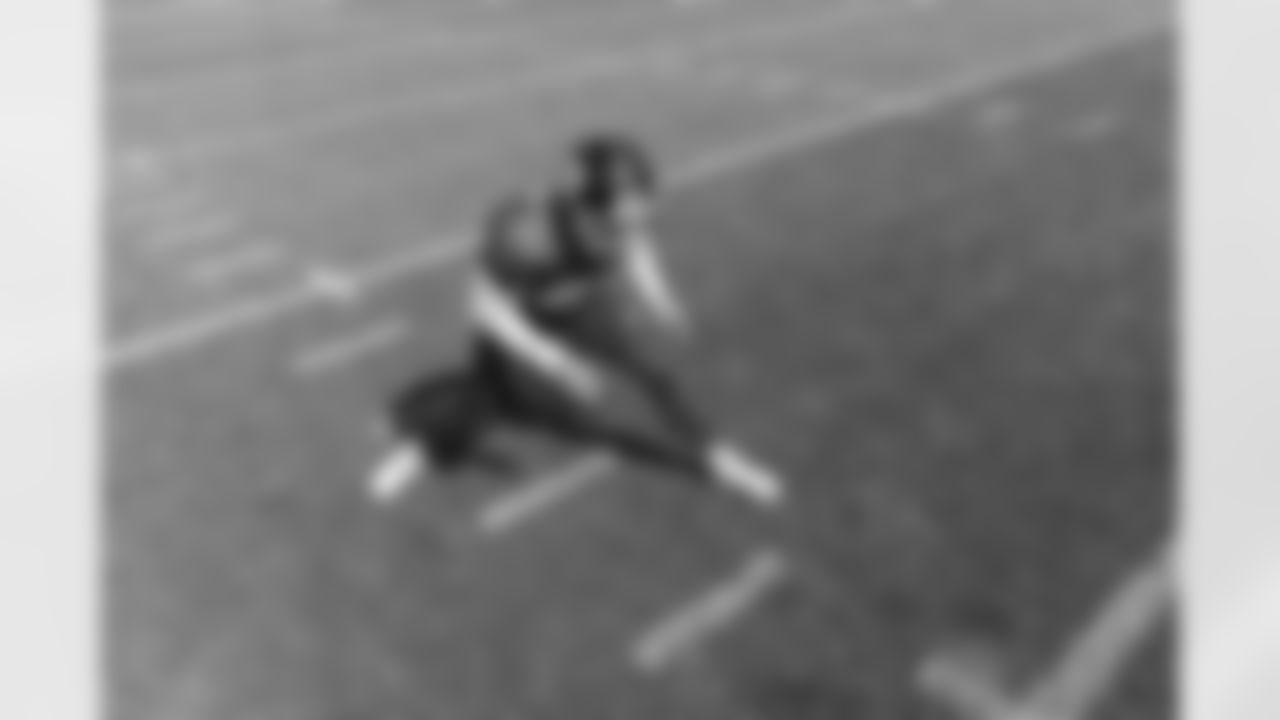
LS Casey Kreiter (58)
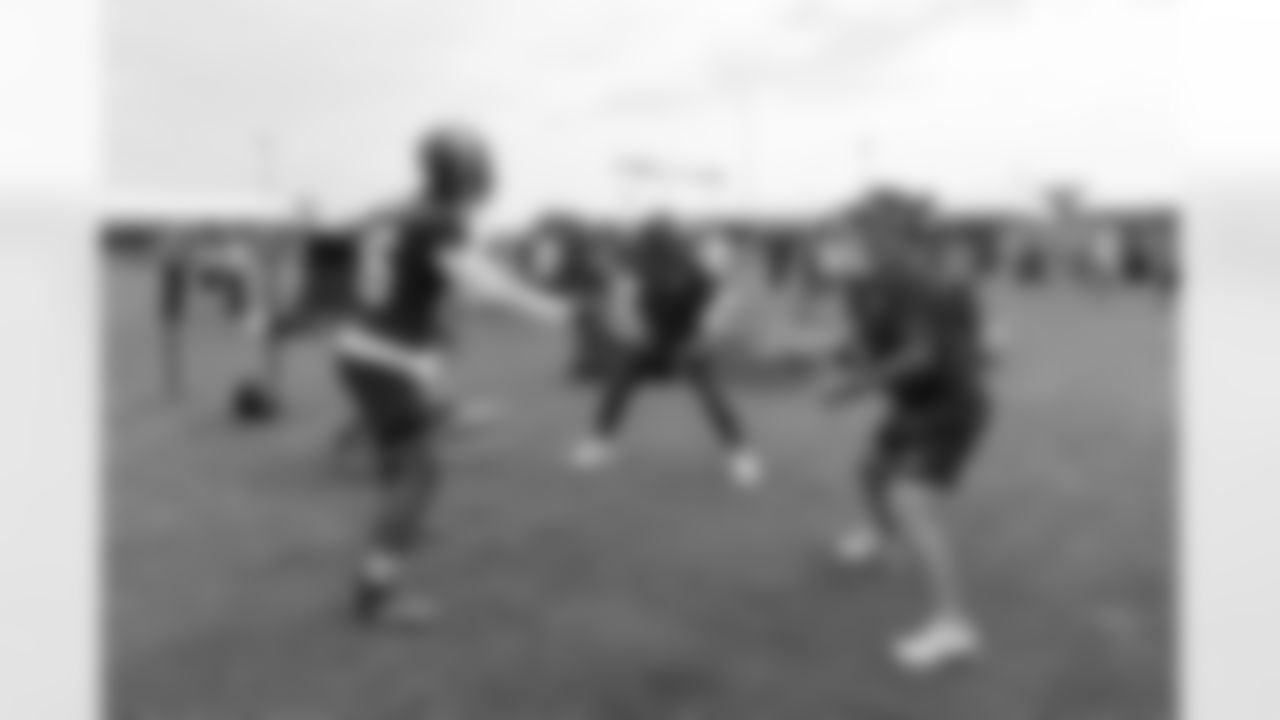
RB Saquon Barkley (26), Laura Young Director of Coaching Operations,
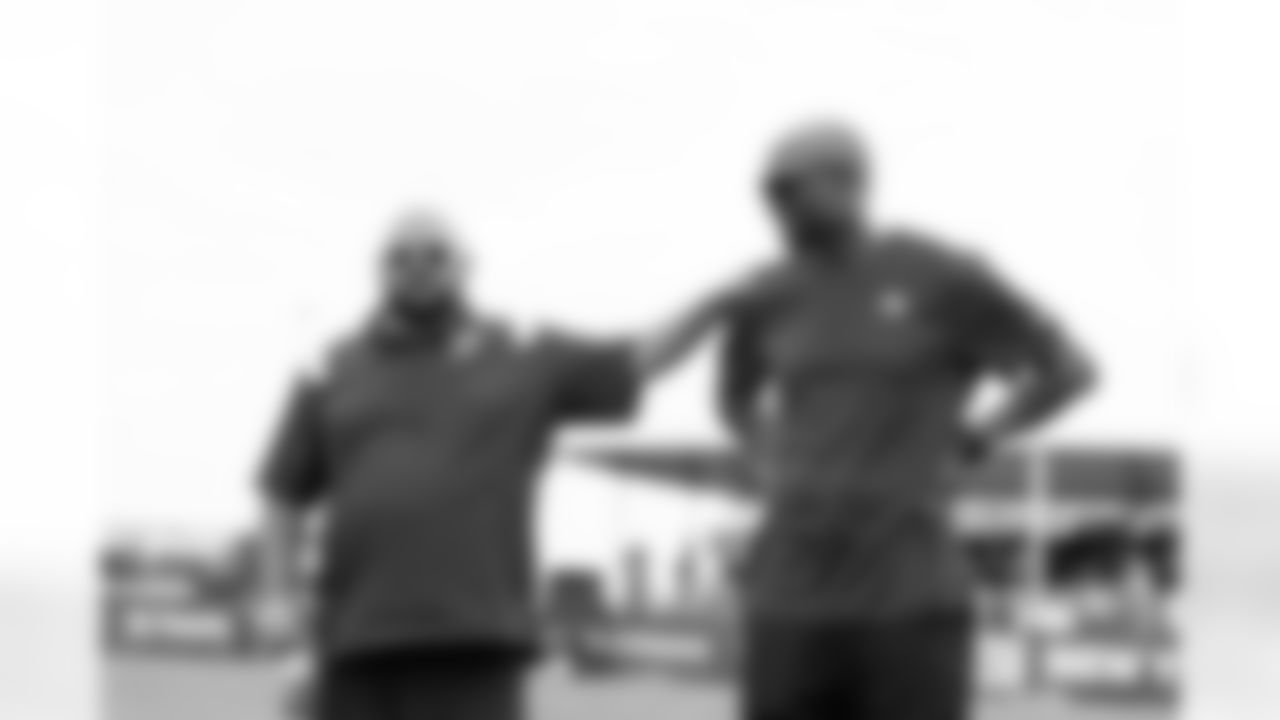
Brian Daboll Head Coach, Amani Toomer
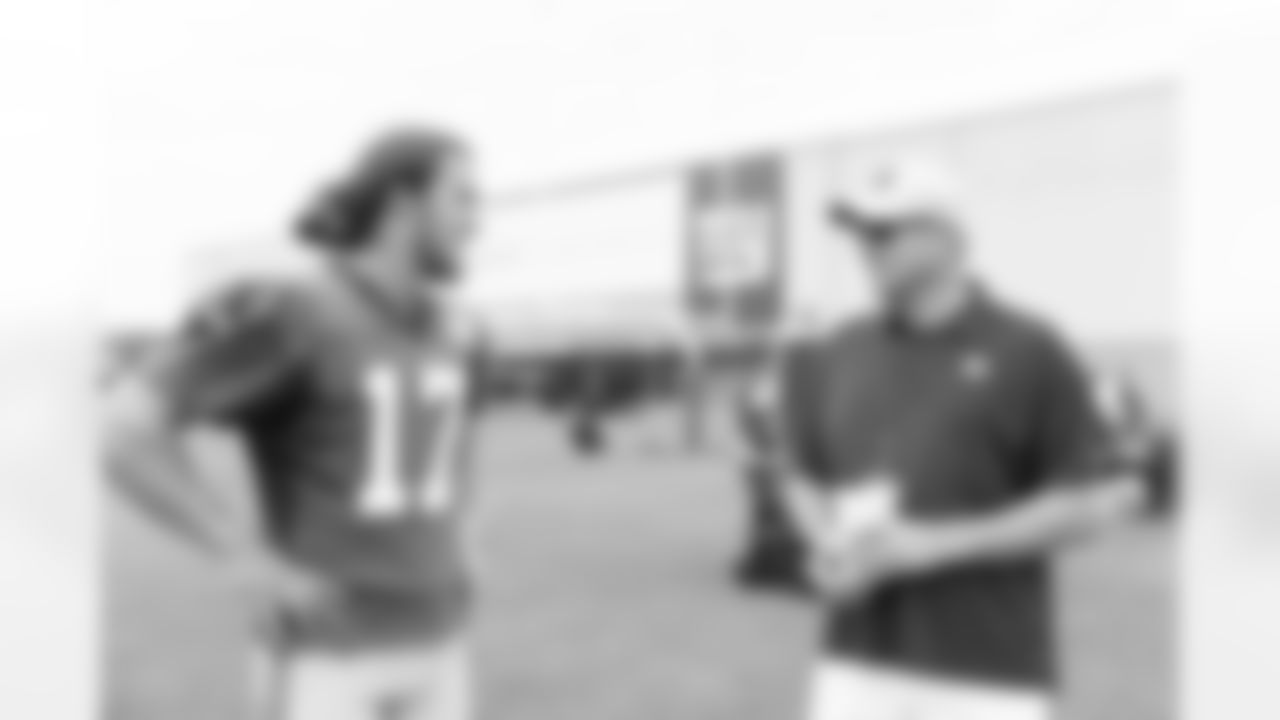
Jeff Feagles, P, Jamie Gillan (17)
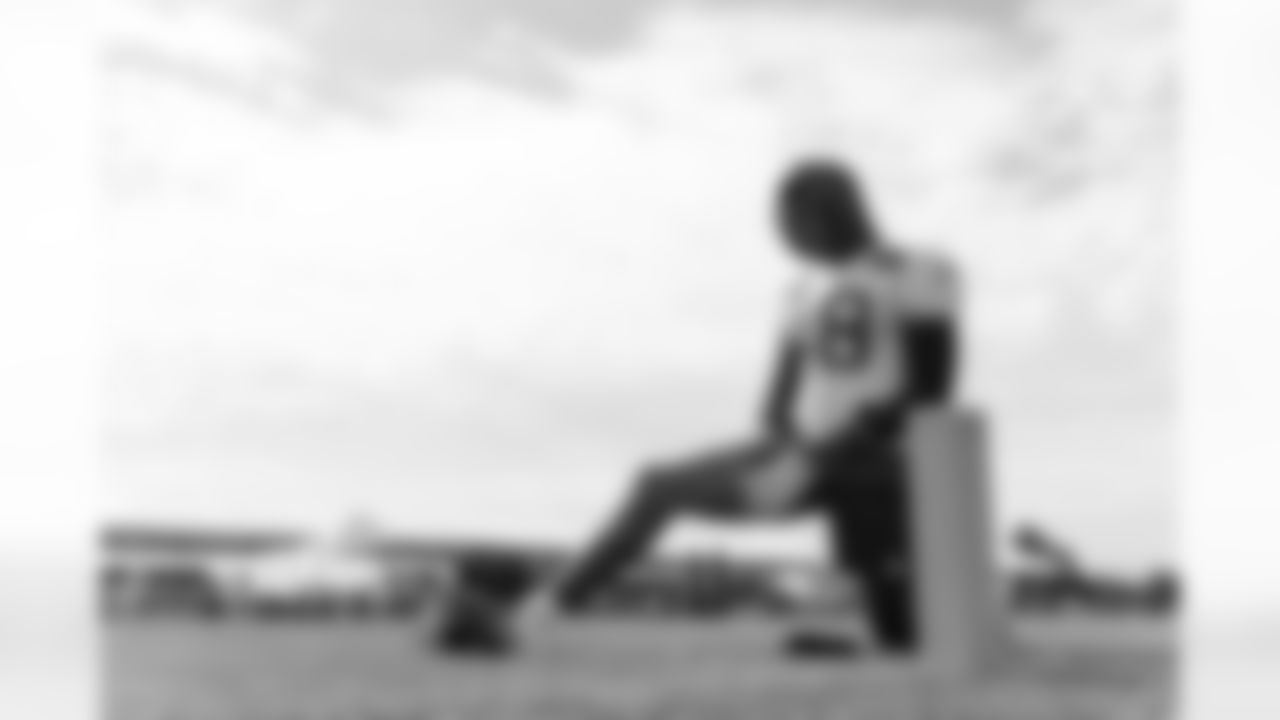
LB Tae Crowder (48)
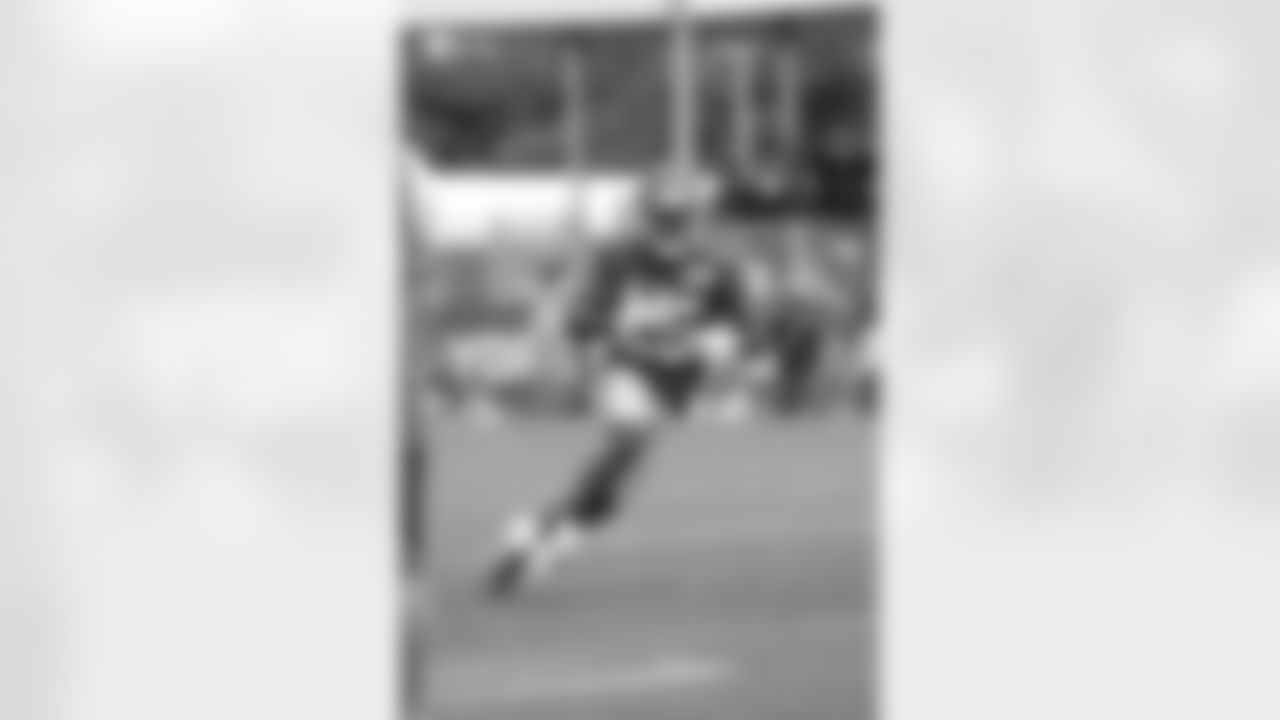

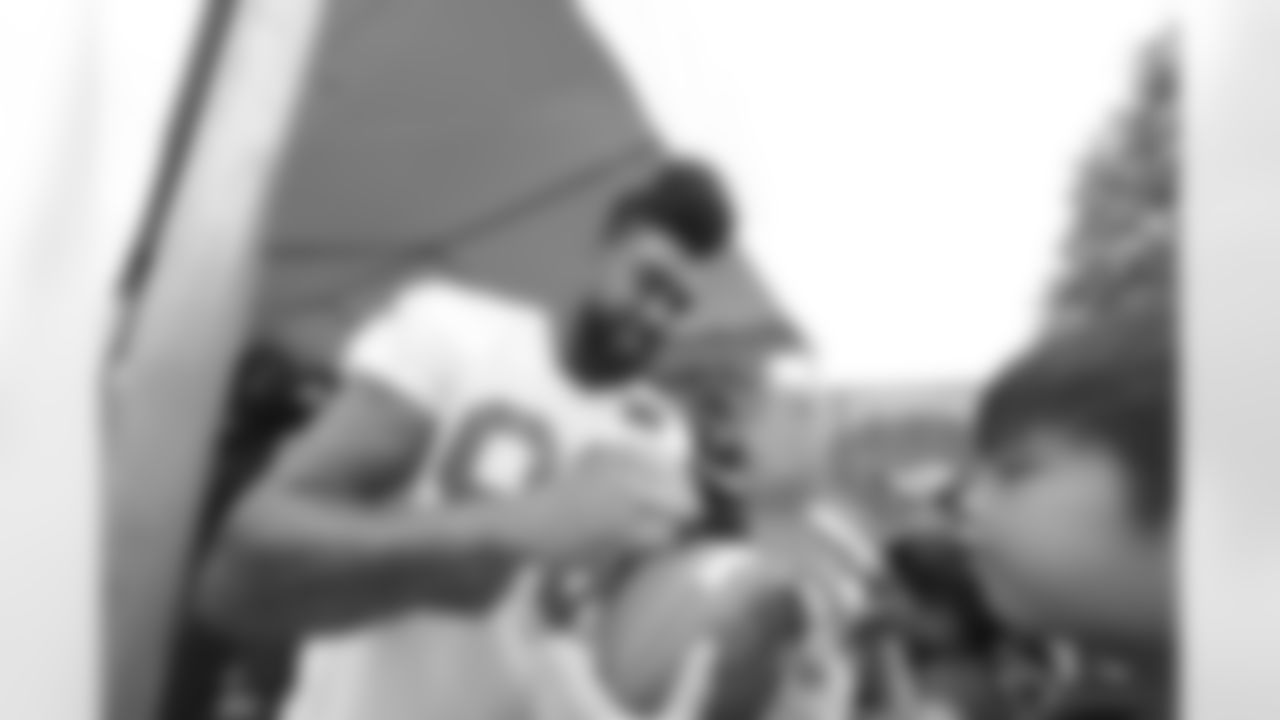
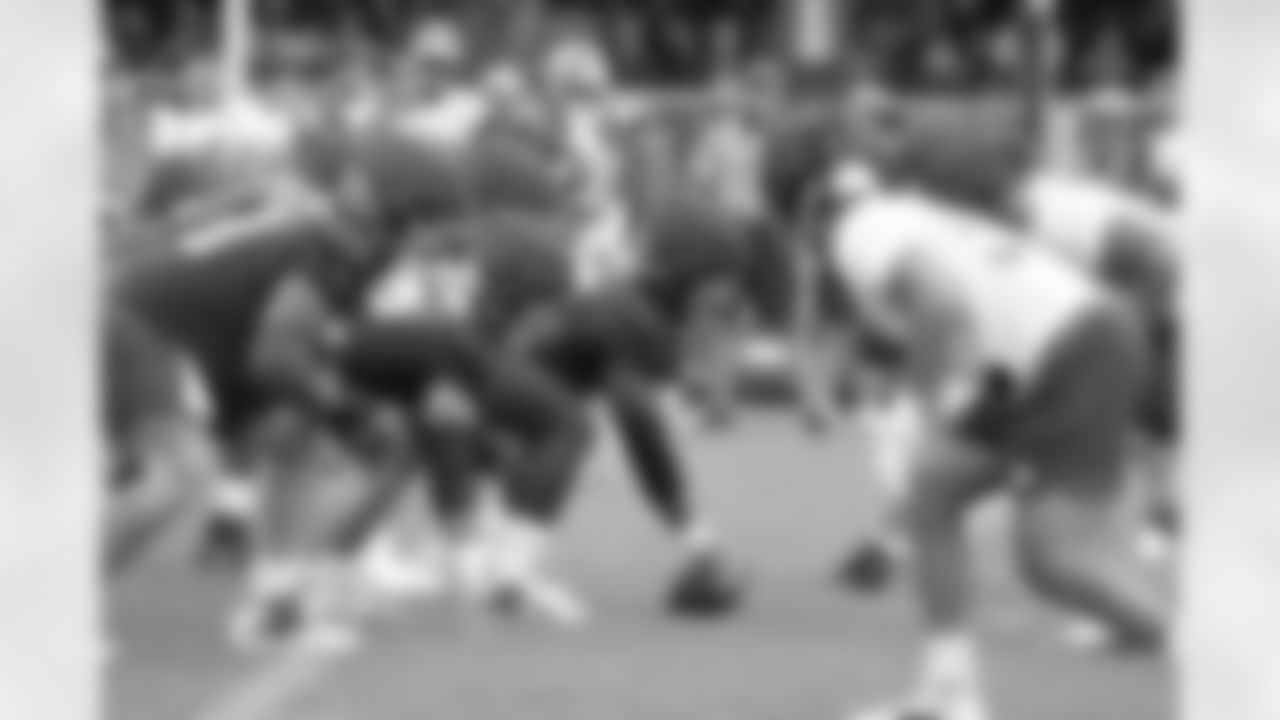
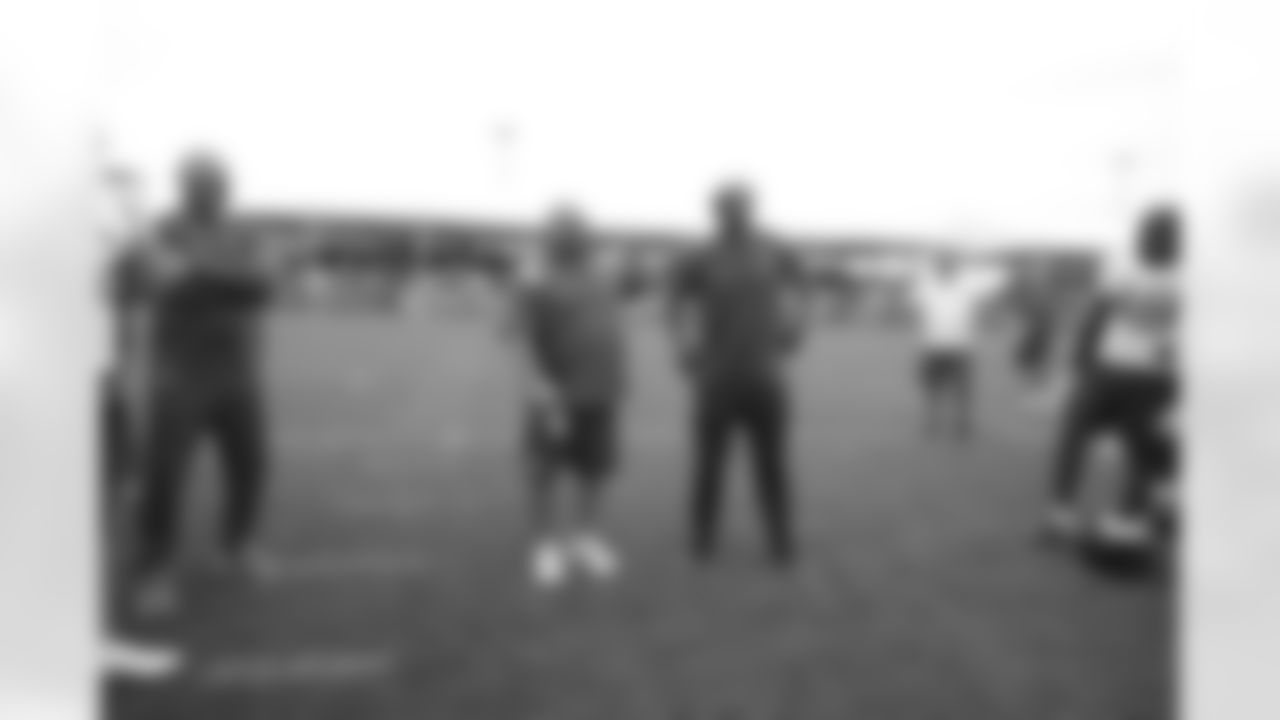

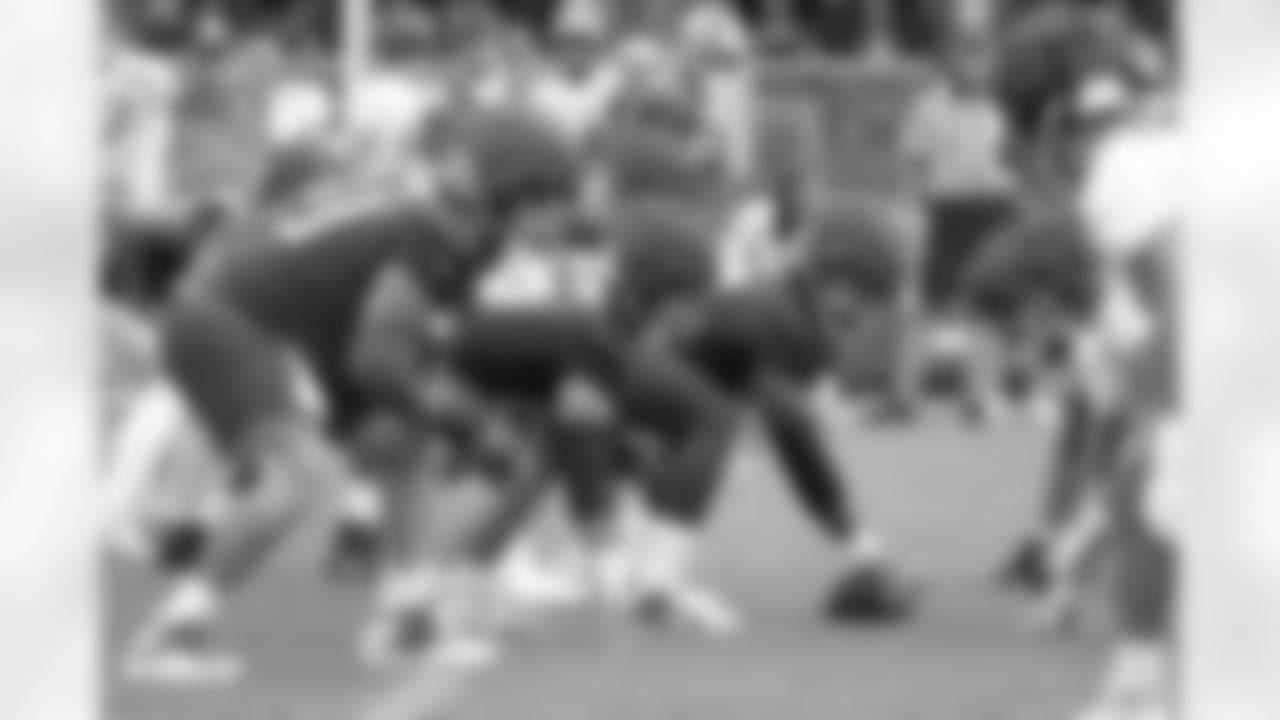
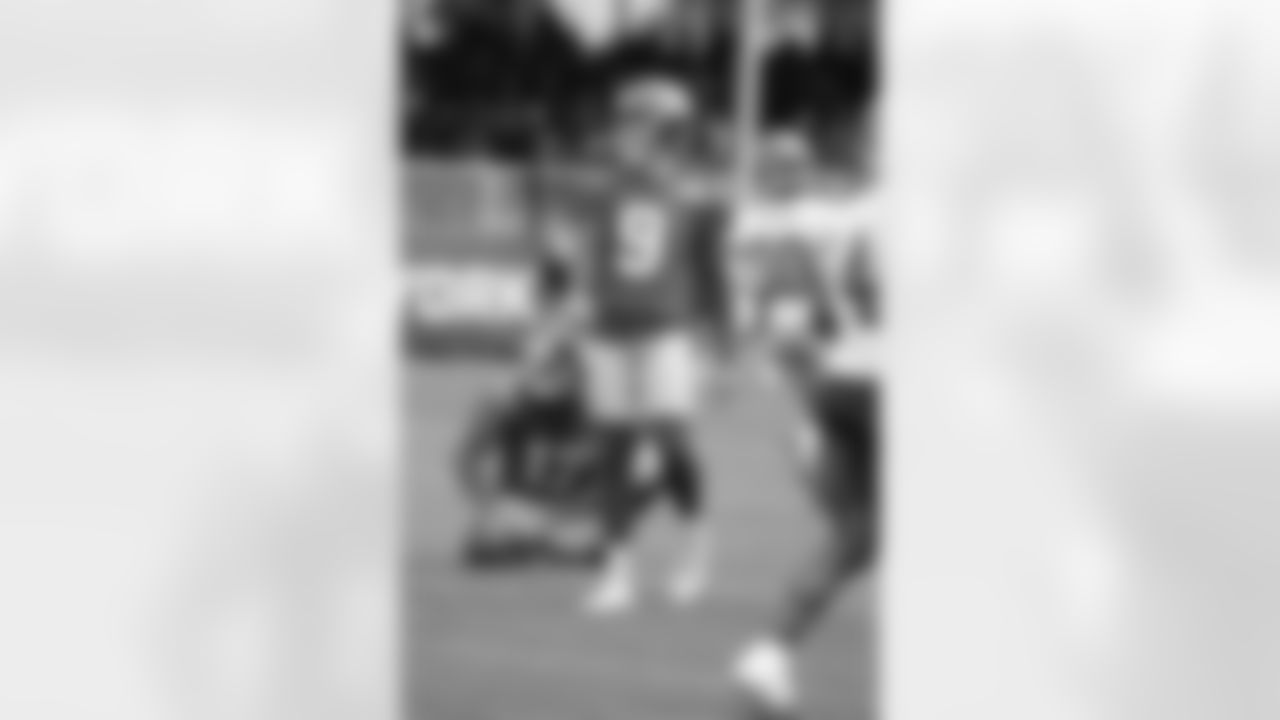
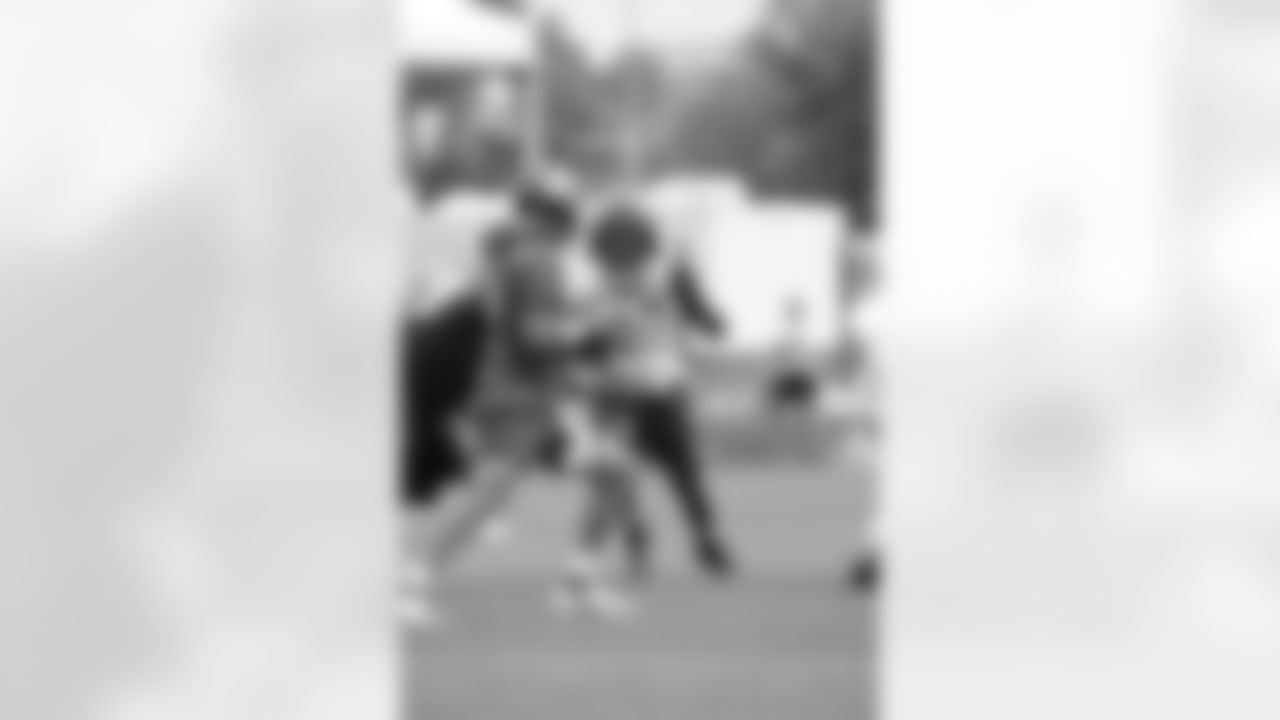
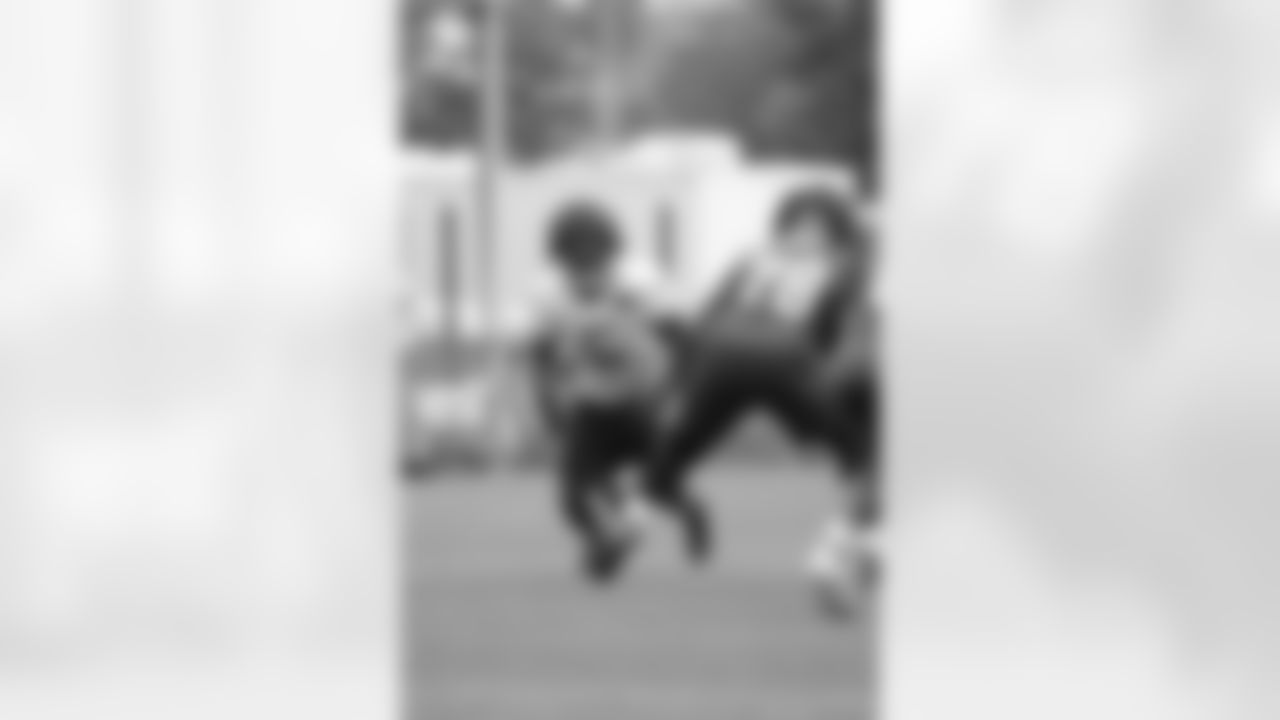
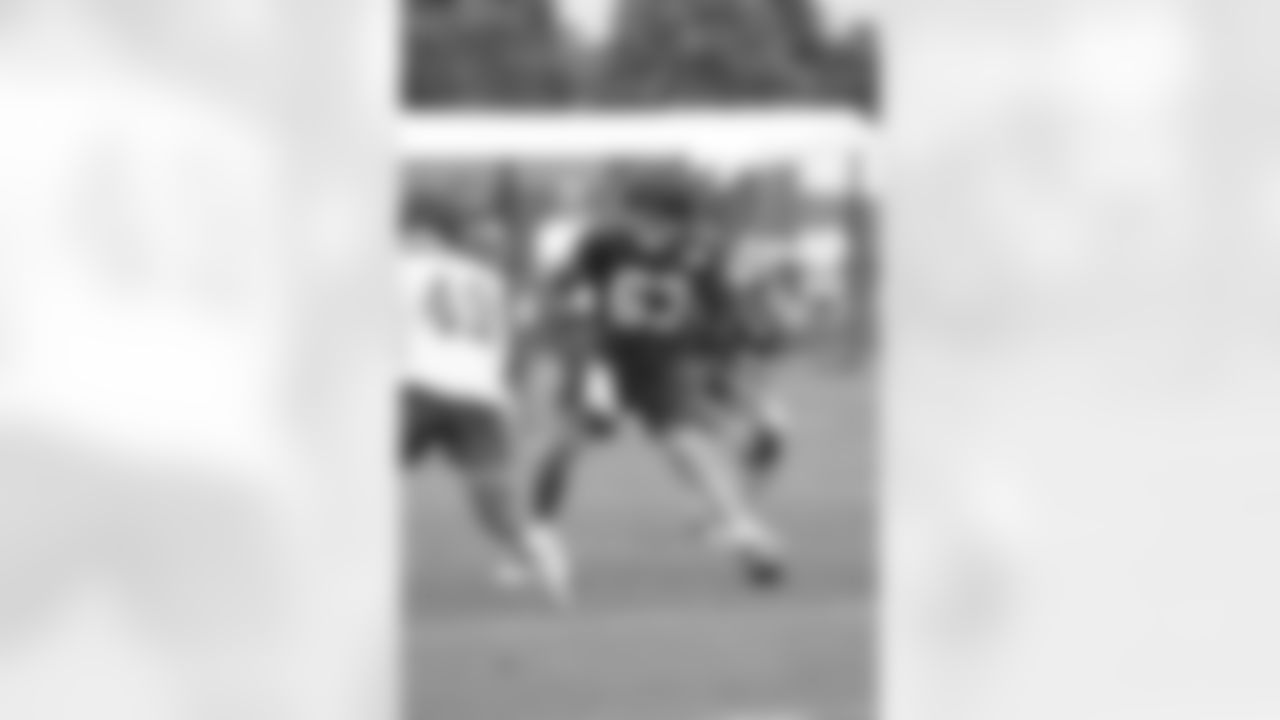
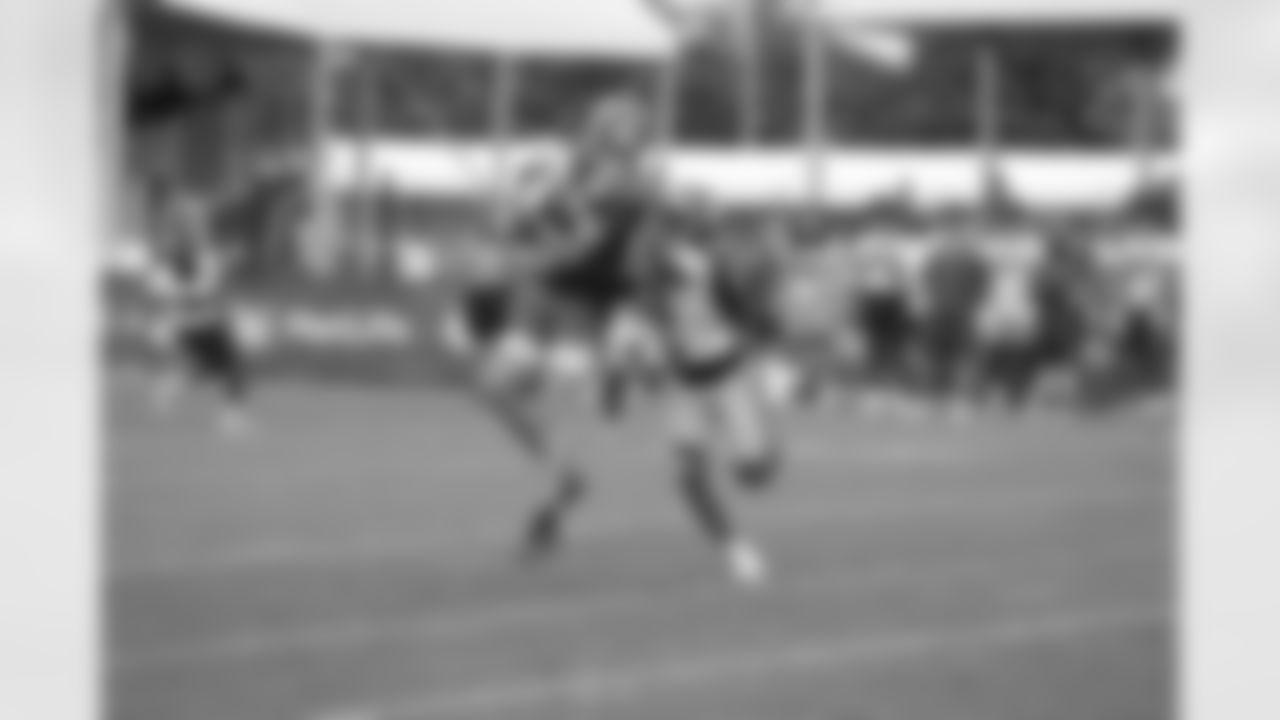

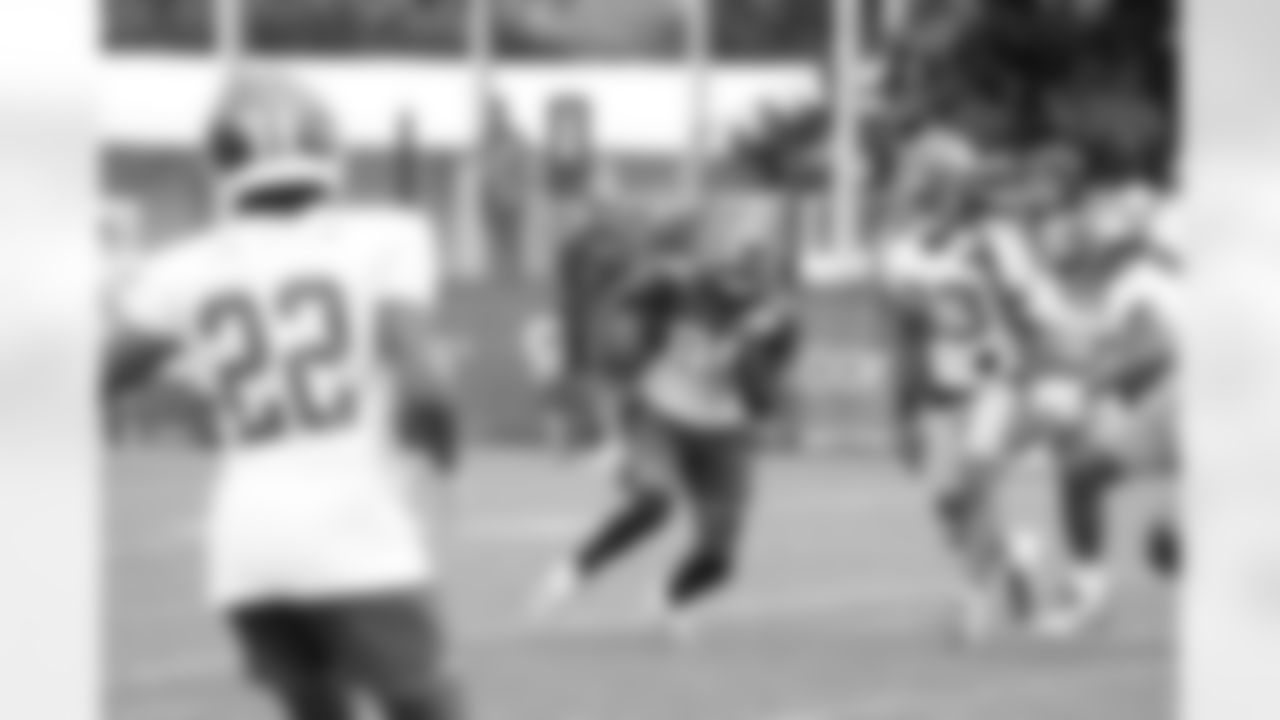
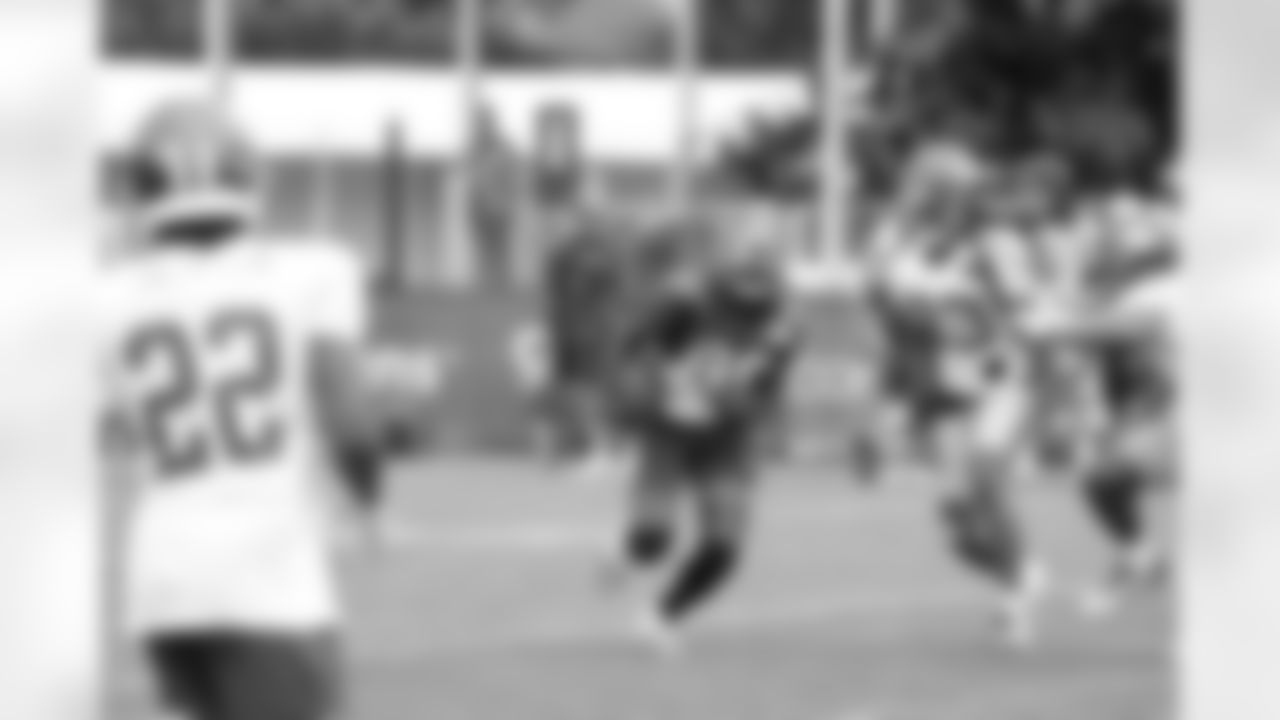
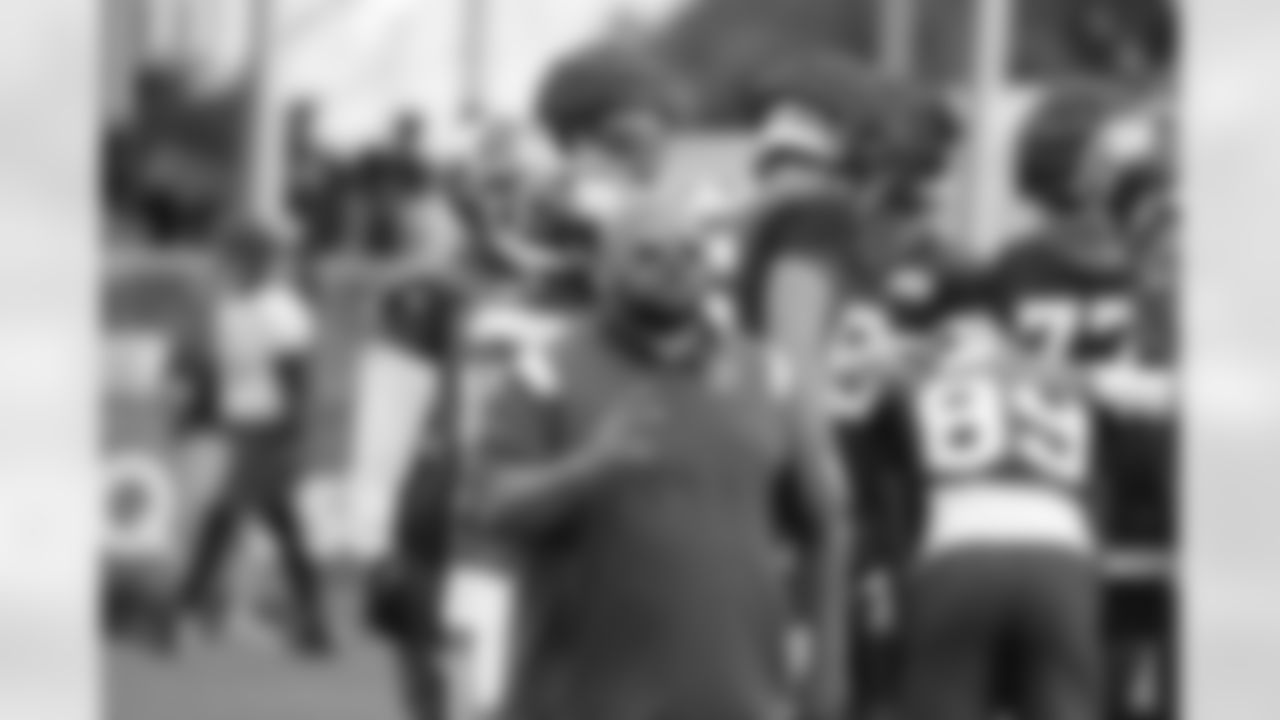
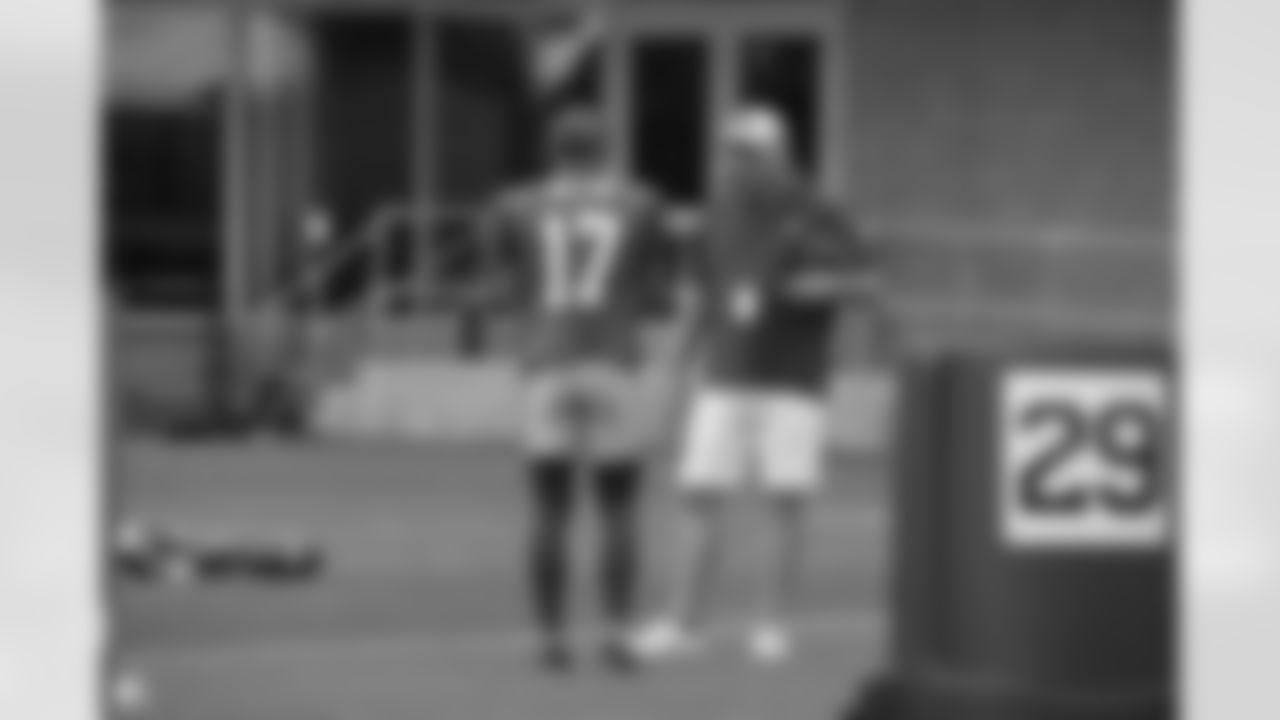
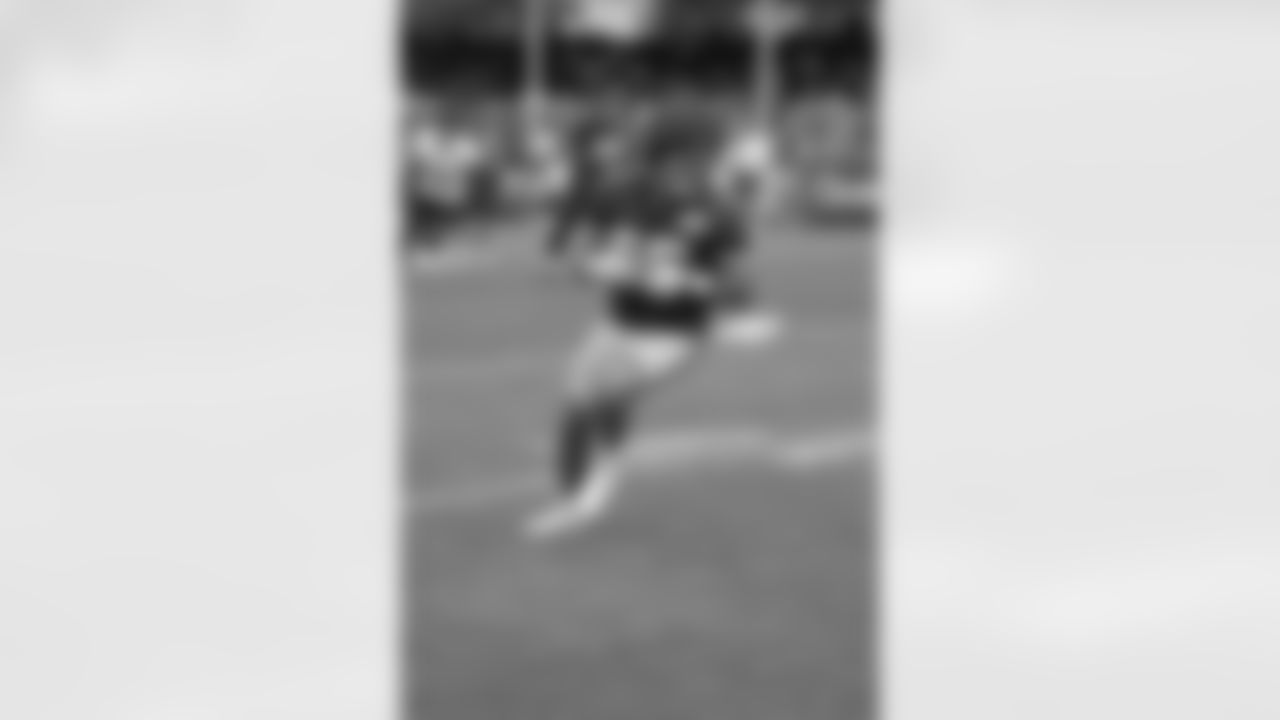
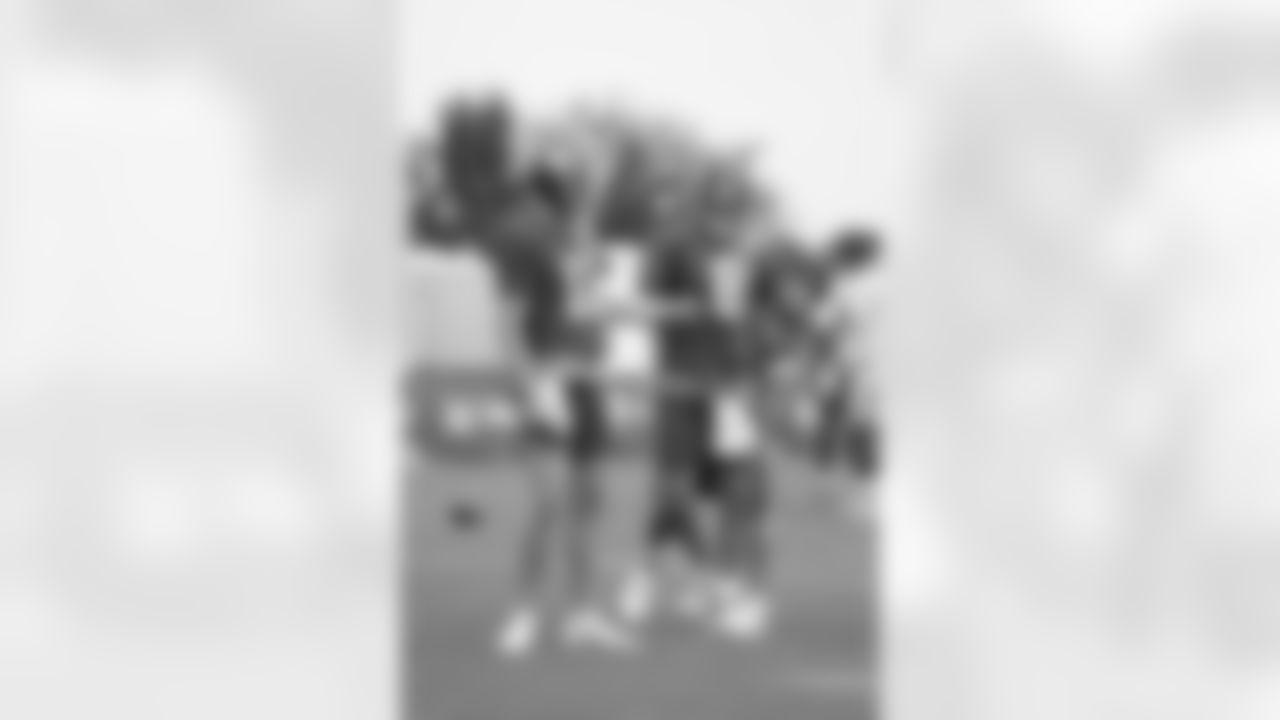
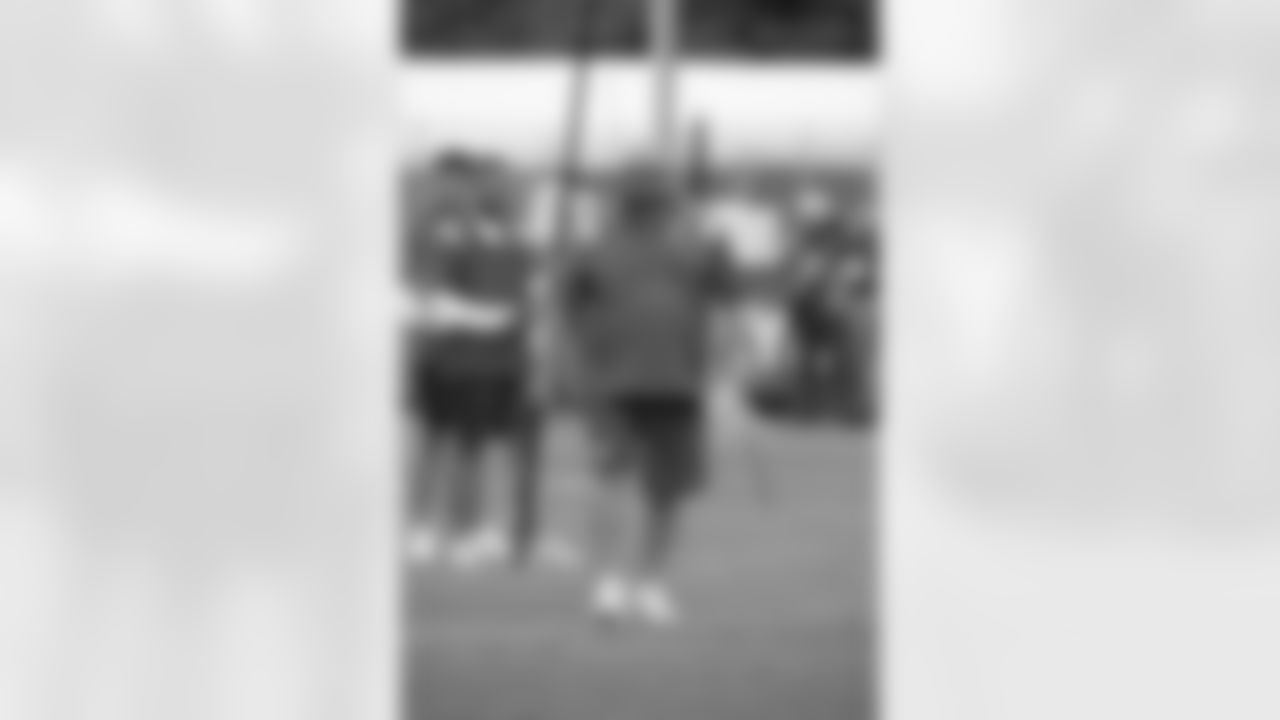
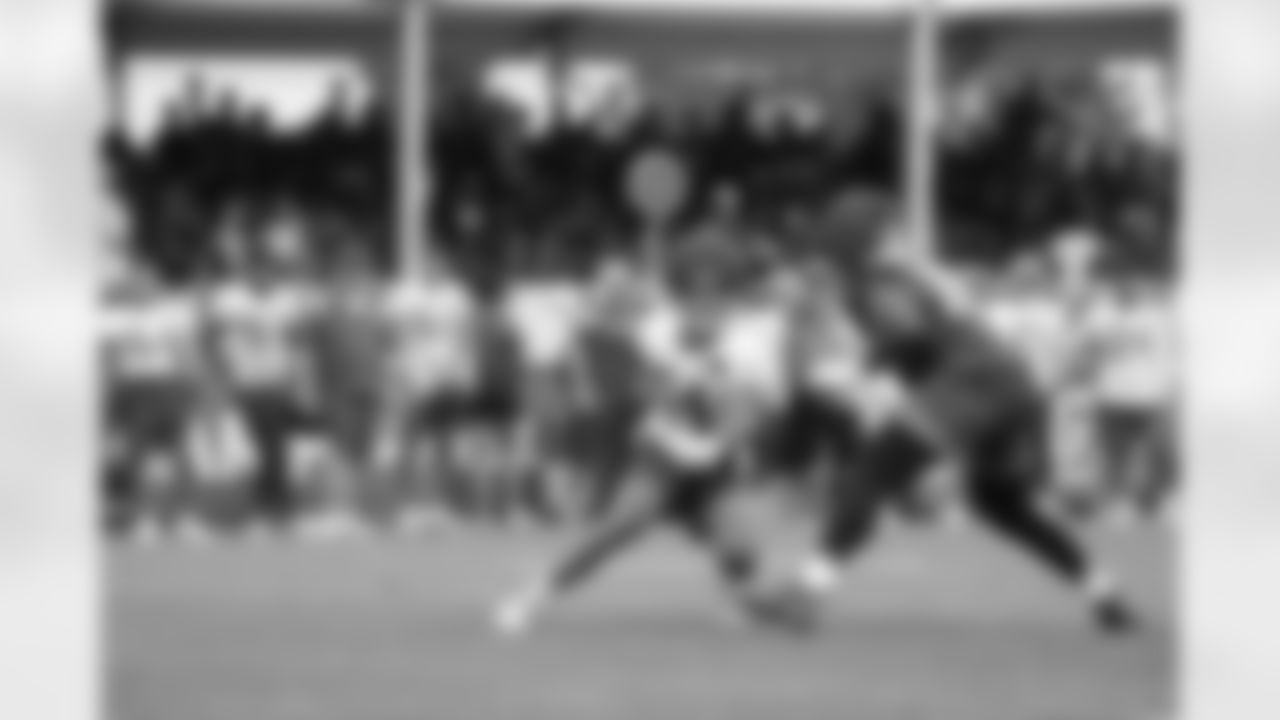
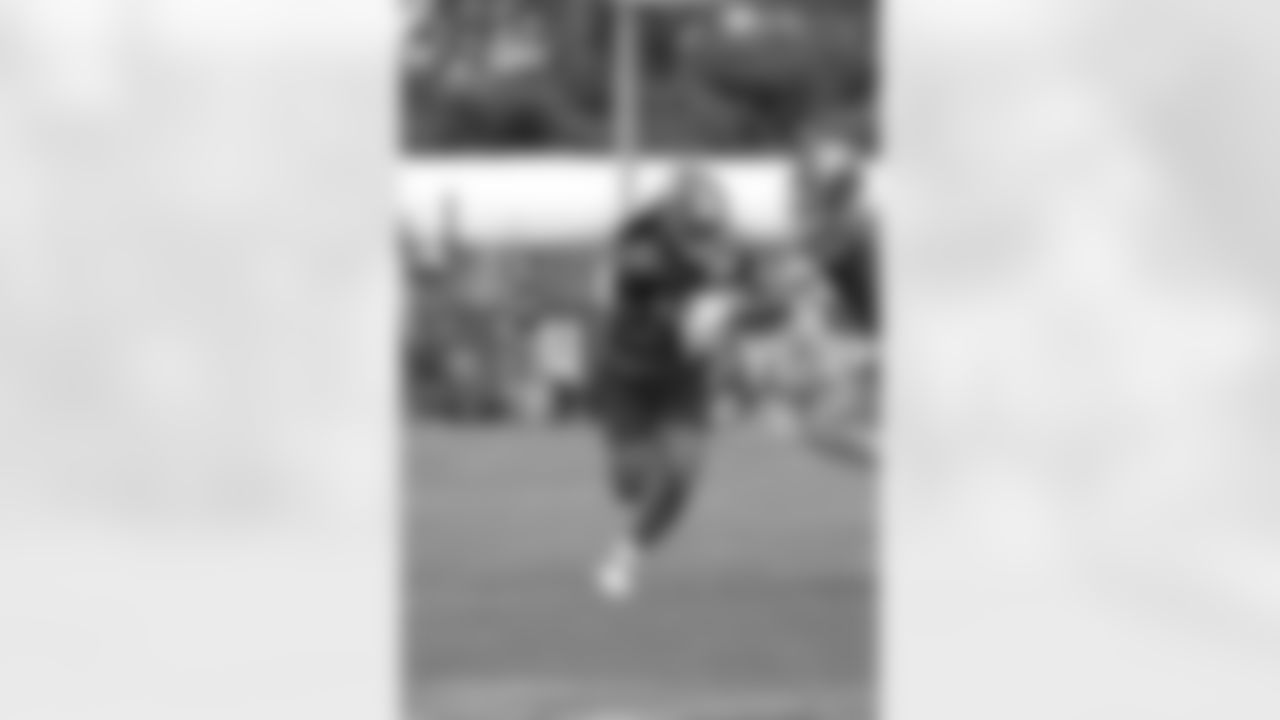
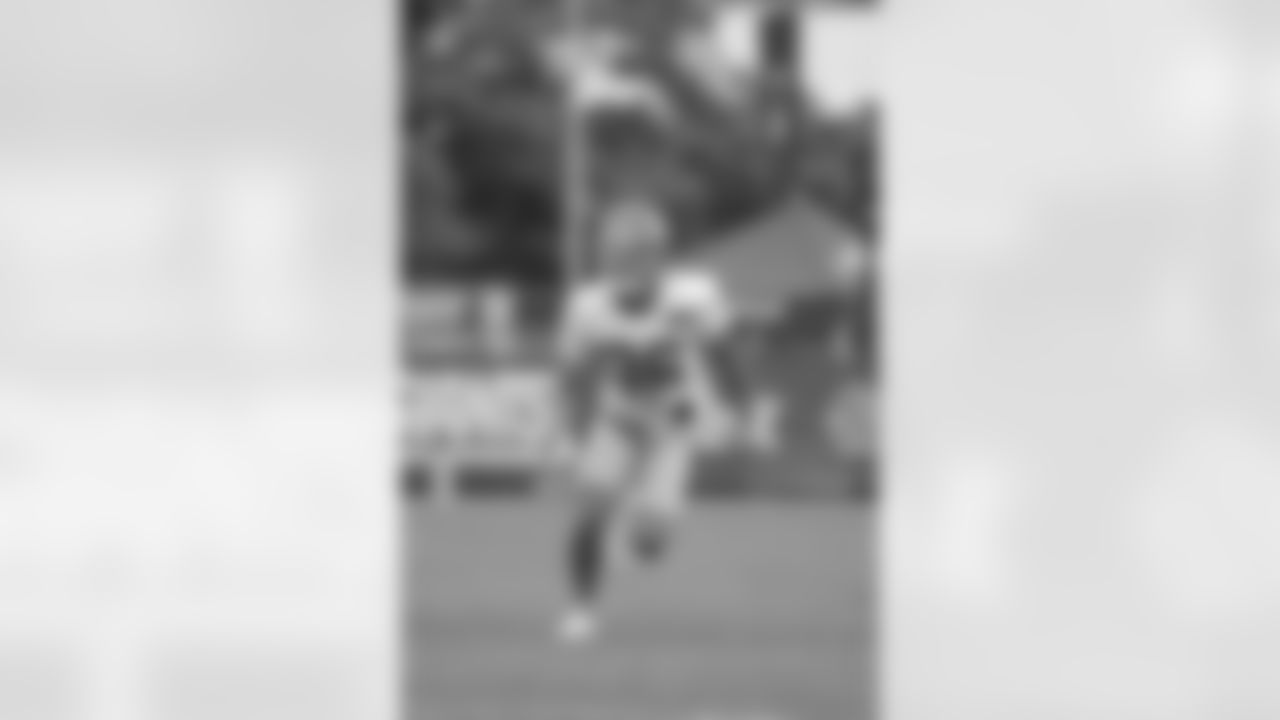

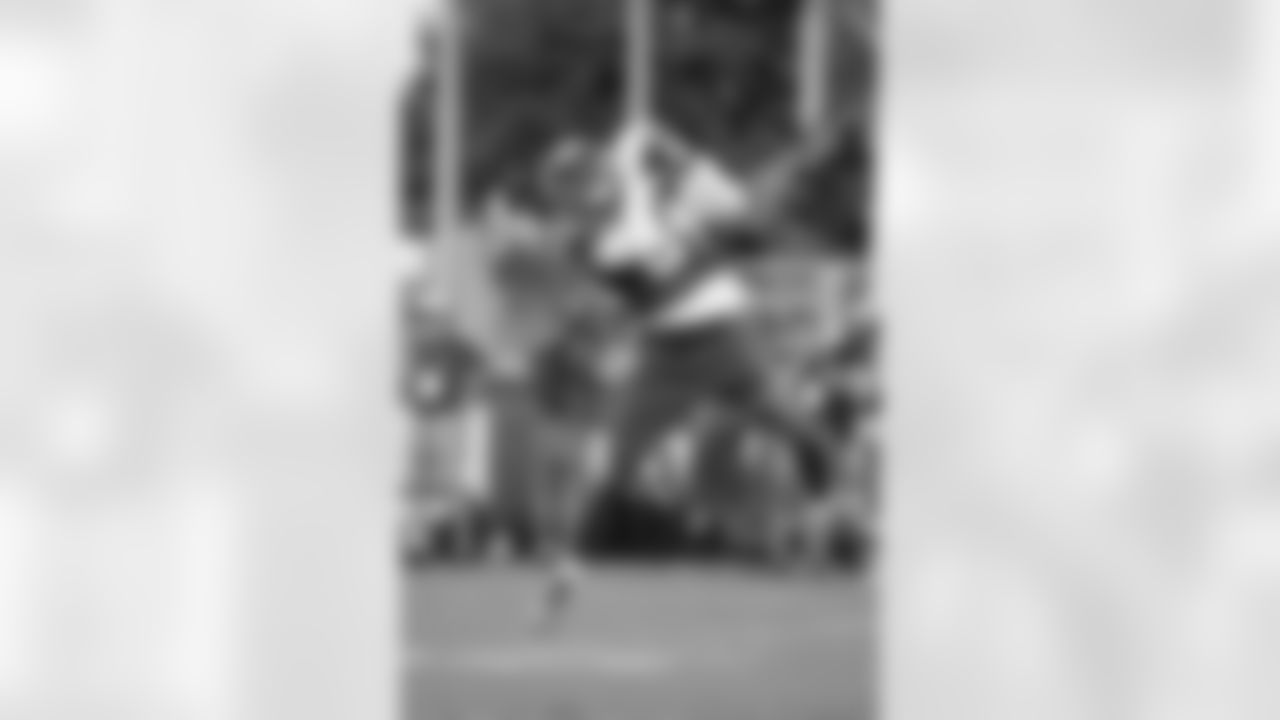




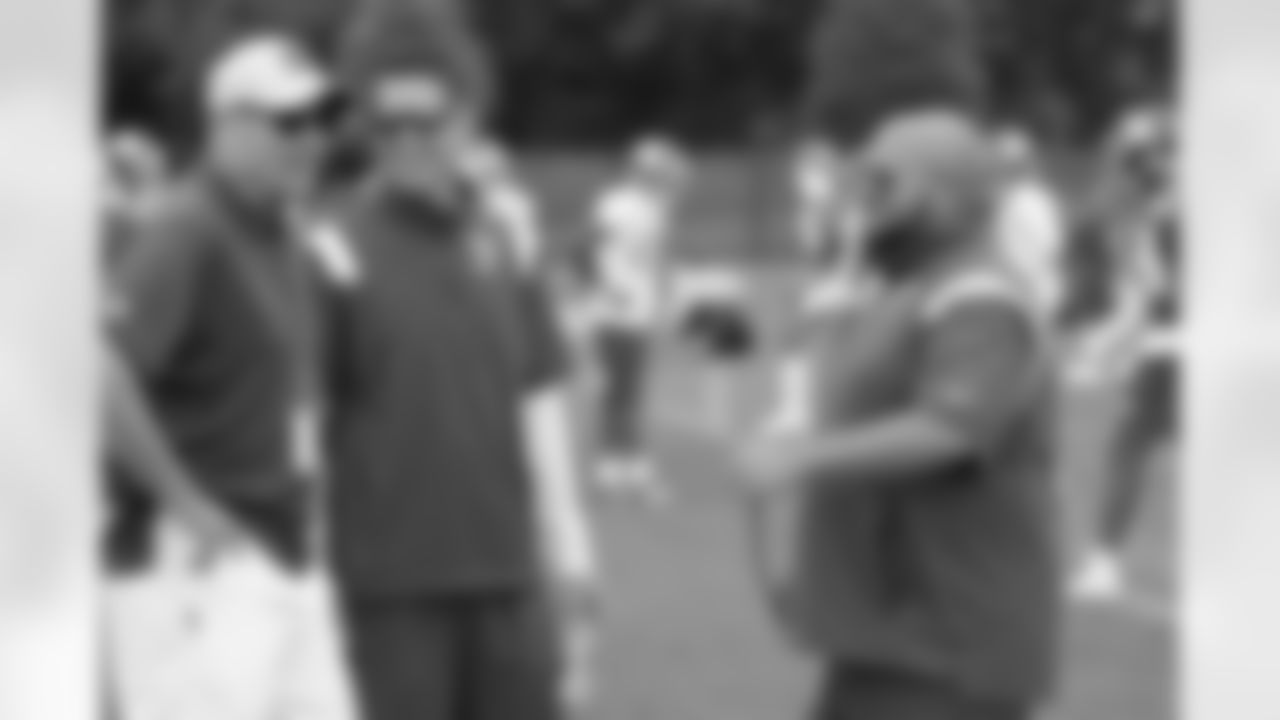
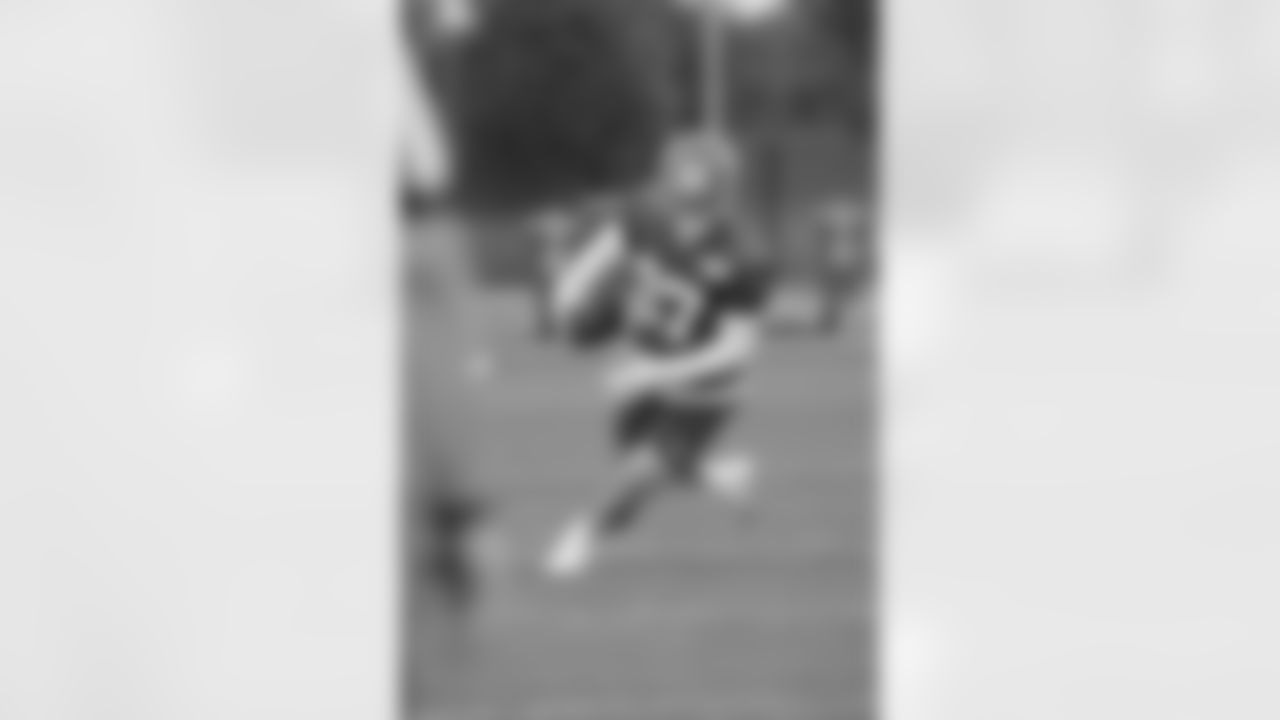
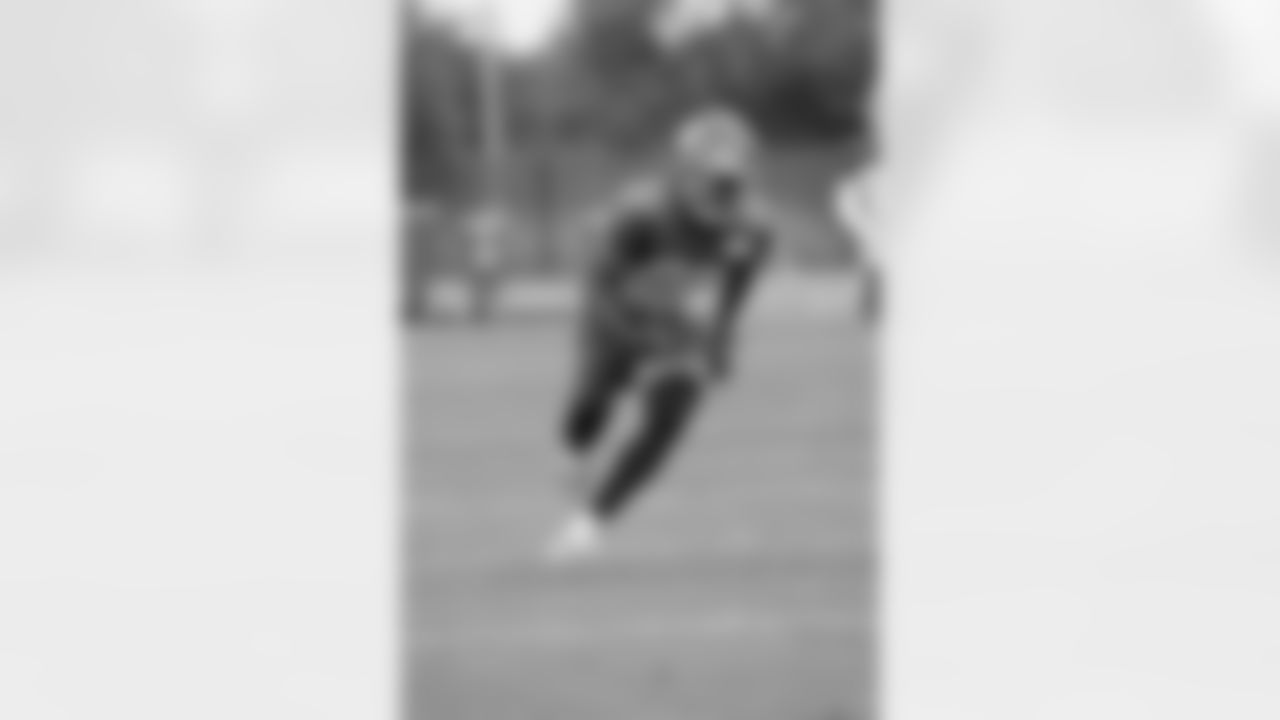
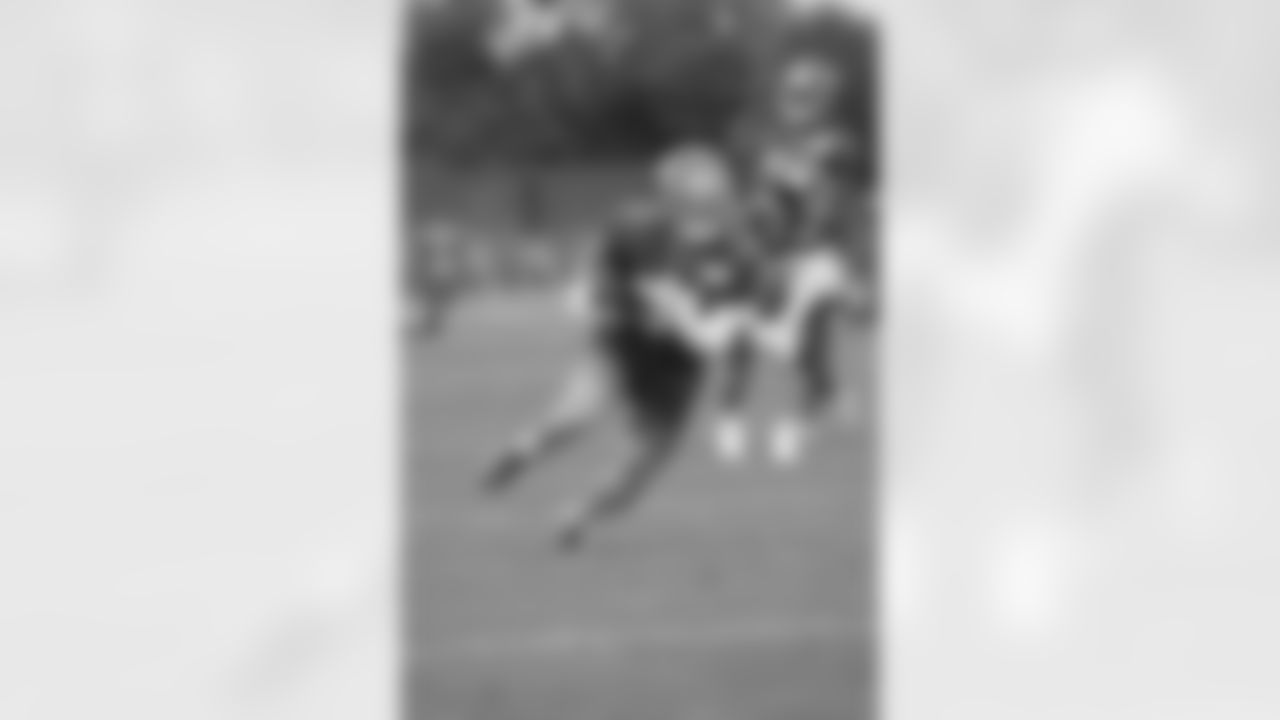
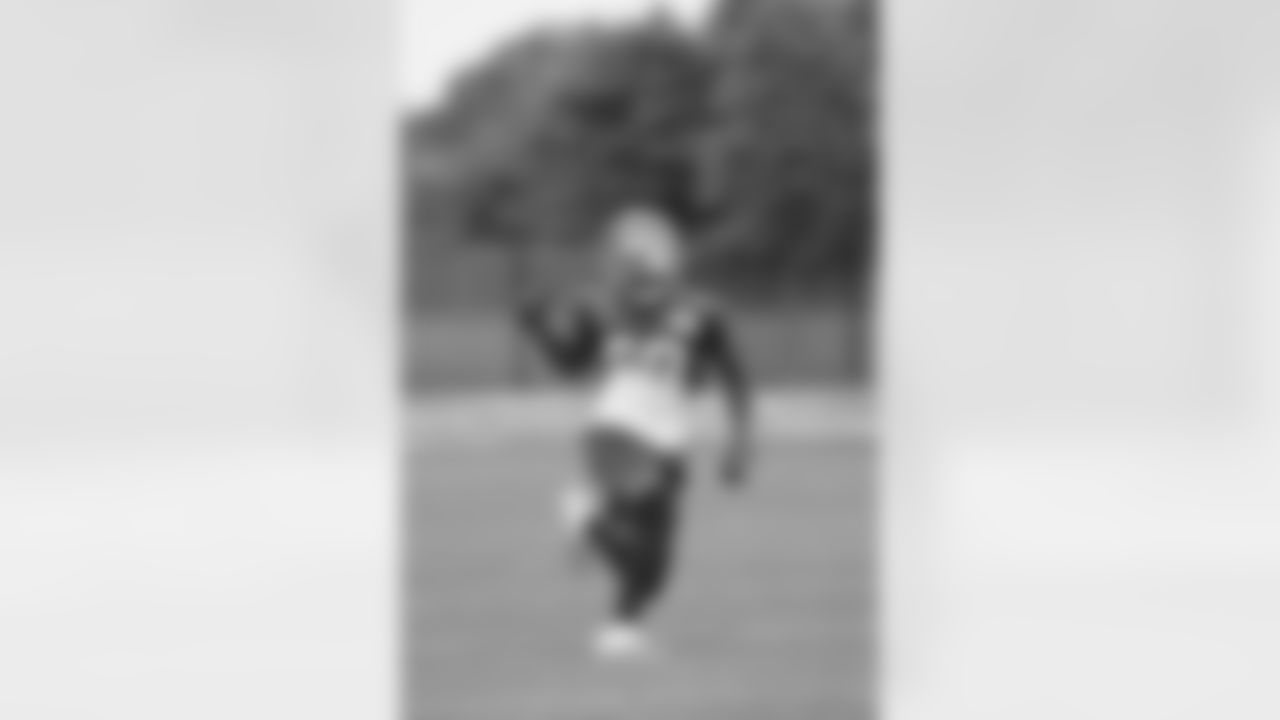
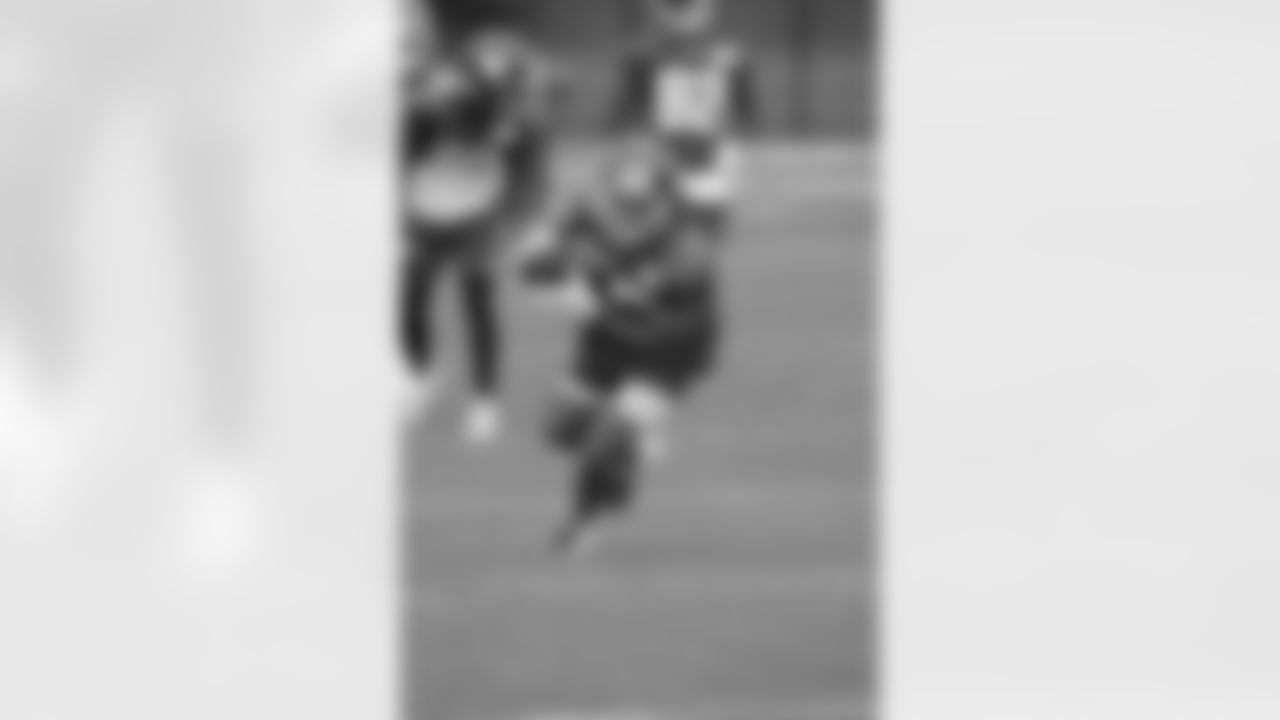
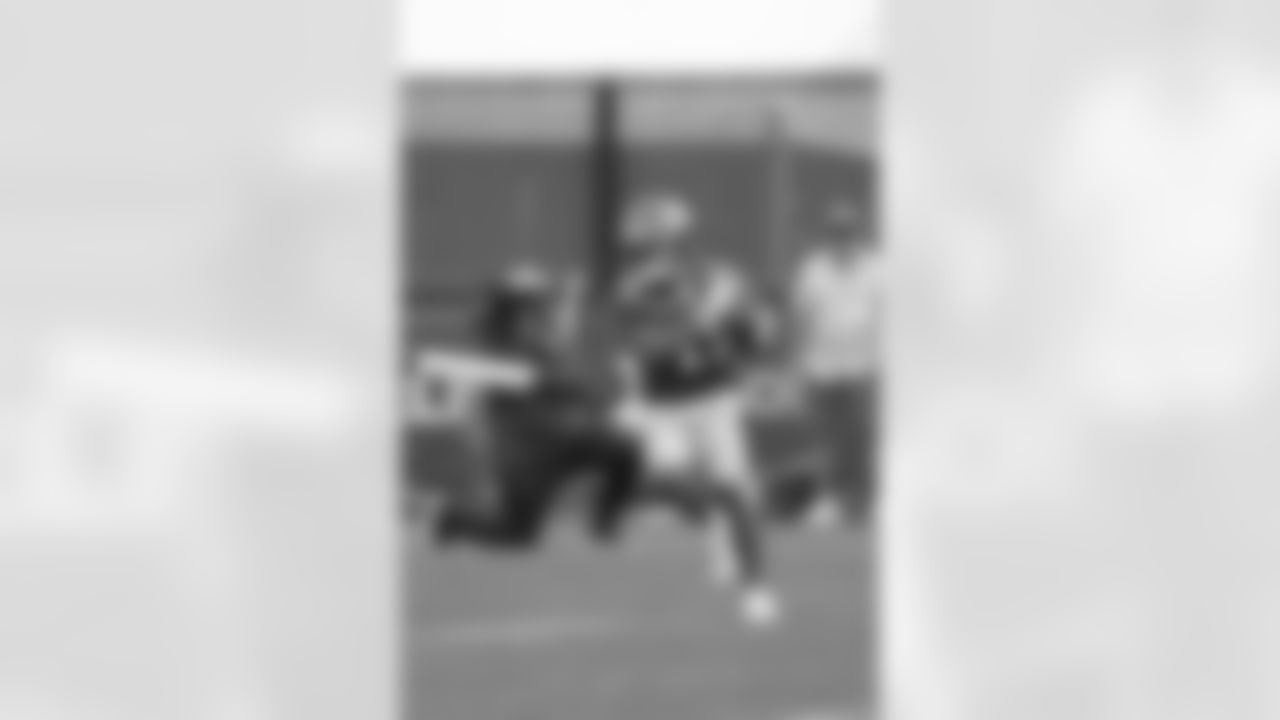
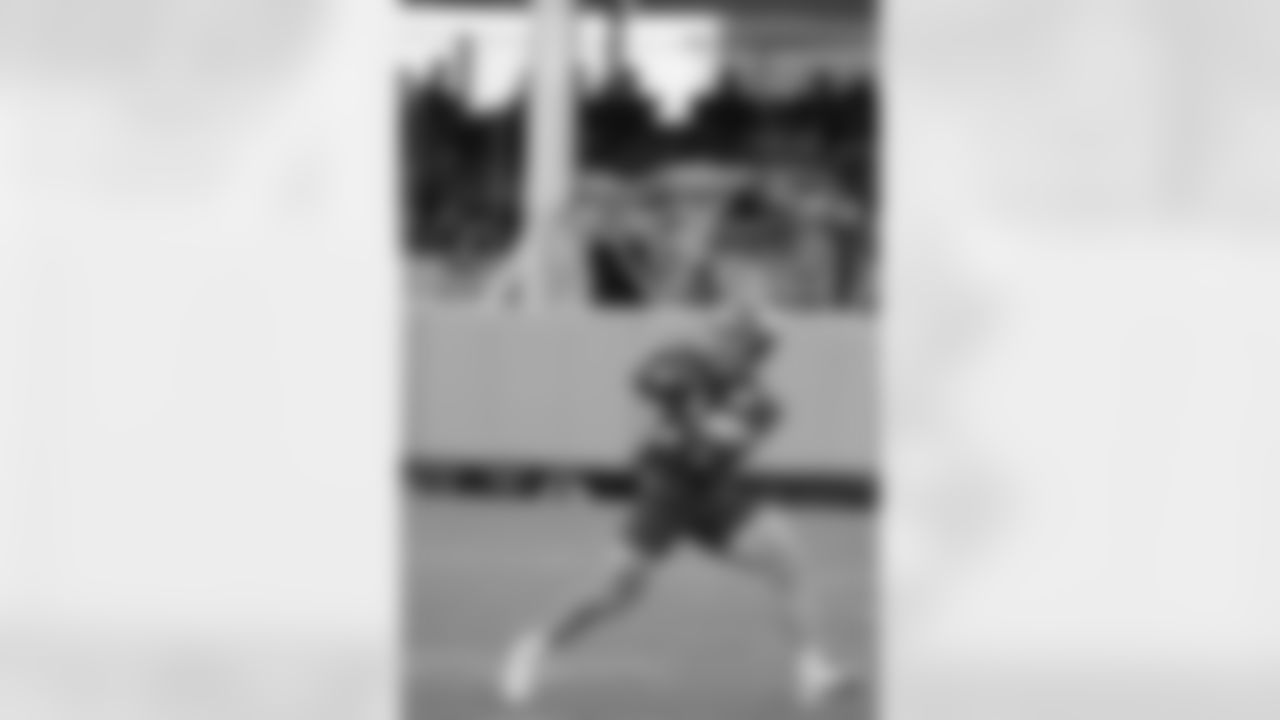
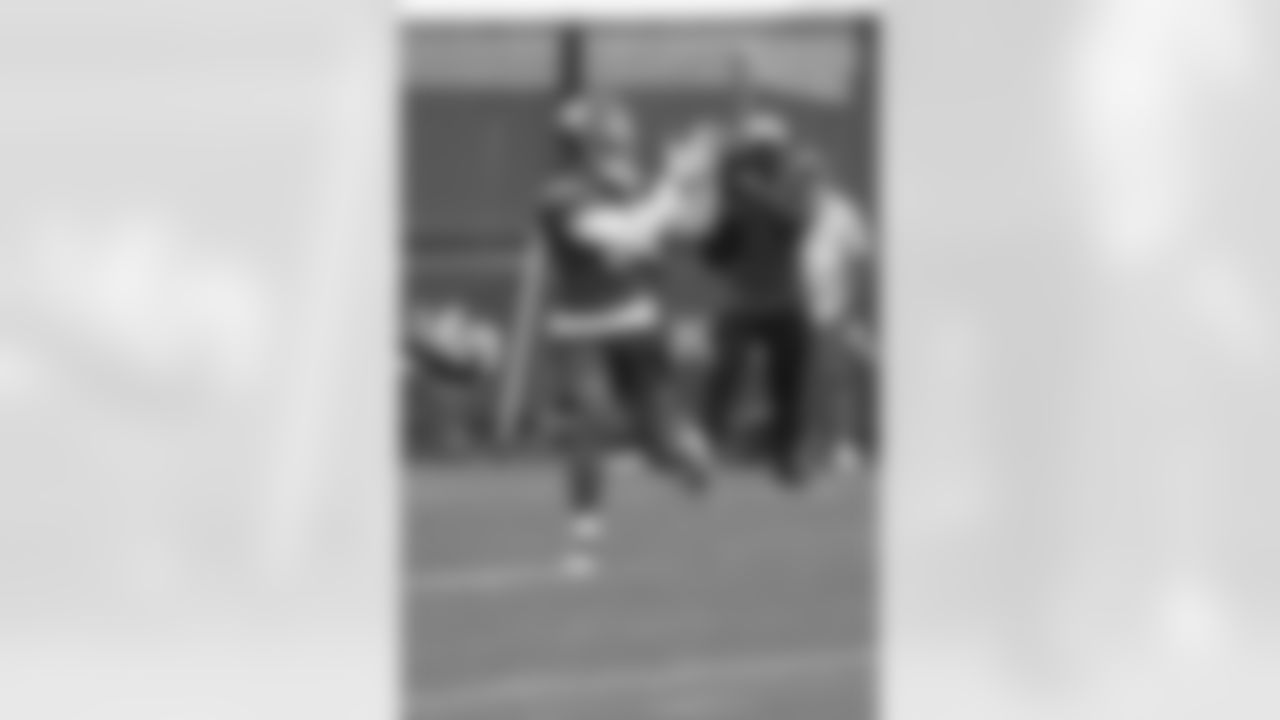
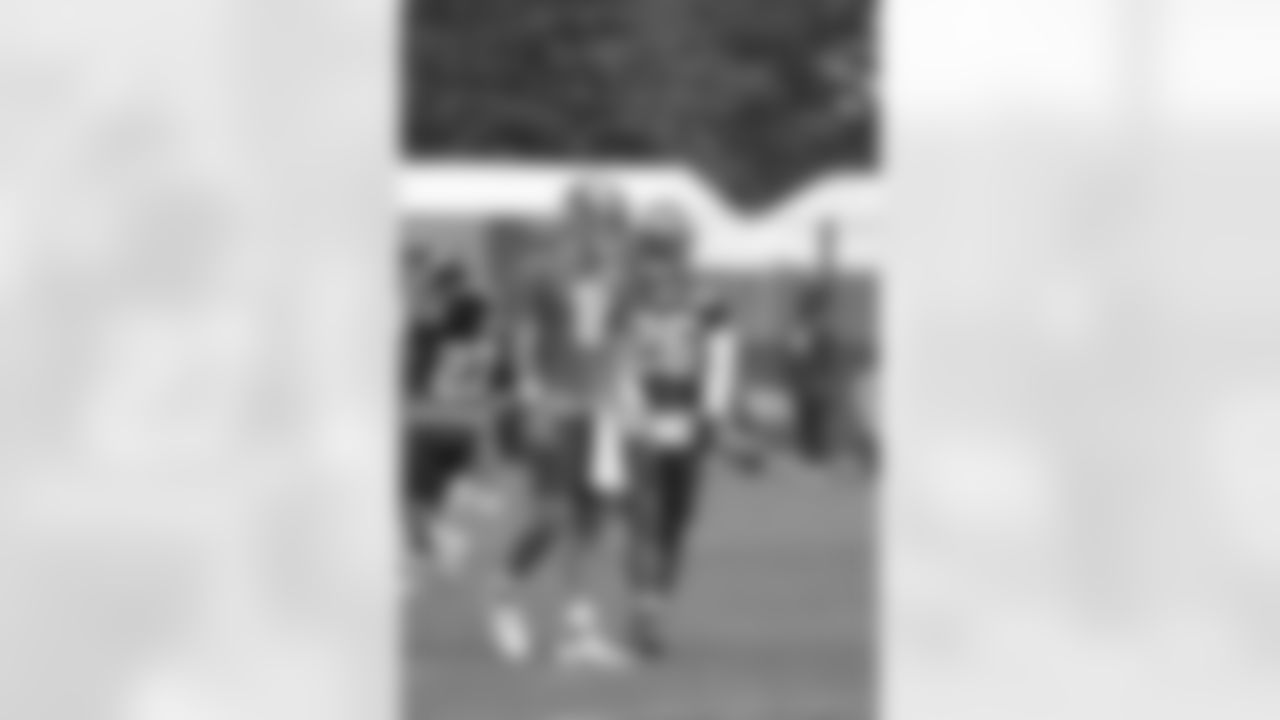
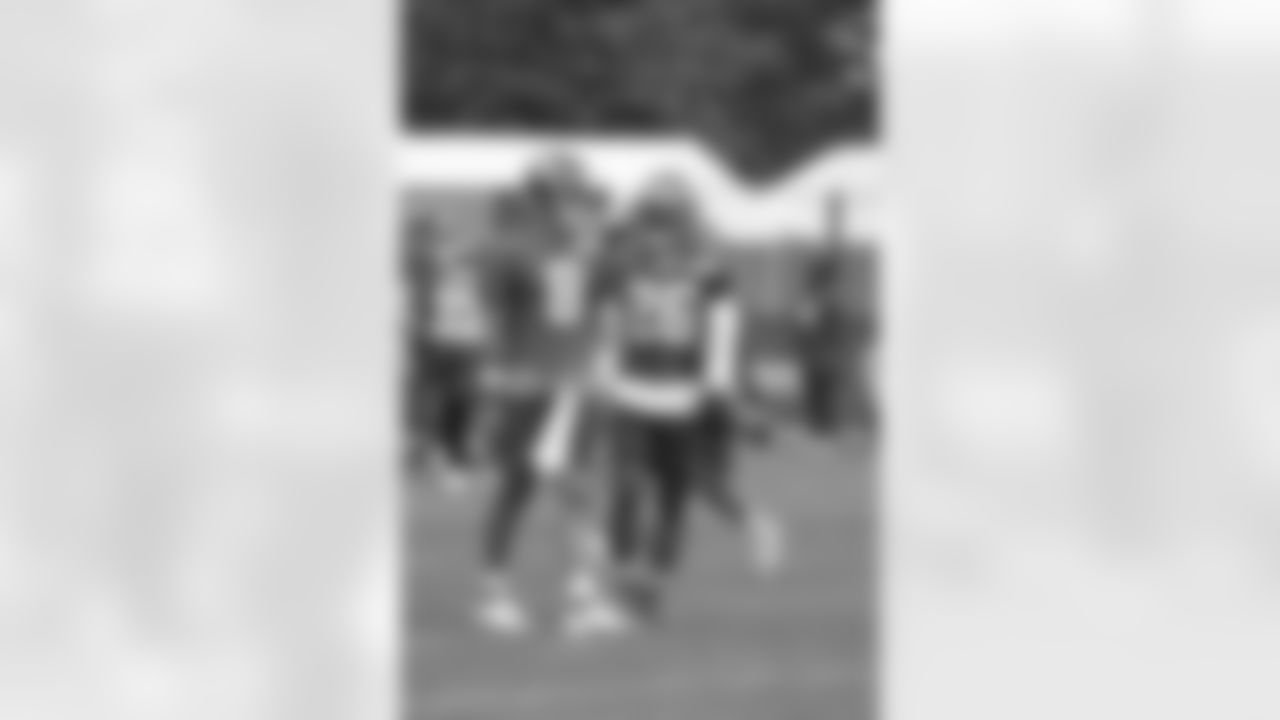
*Each of Daboll's first three practices have had a specific emphasis. On Wednesday, it was the red zone, yesterday it was third down and between two and five yards to go, and today the Giants worked on third down and longer than five.
"Red zone is a really important area in terms of scoring the football and then stopping and creating field goals," Daboll said. "An area we definitely need to work on. It also helps players coming back from being down 30, 40 days of working in the offseason. And you're not running 20 go routes or covering posts or deep crossers and things like that. And then usually on like a third and two-to-five day, it's a lot shorter routes, too. You're running routes at the sticks or you're running shallow crossers, things like that. So, some of the running in the ramp up period helps those guys.
"Today, it'll be a little bit longer. Again, trying to put players in stressful situations in practice is important. That's why you practice. You learn from it, and you move on. You see if you can fix the things you need to fix. So that's kind of what we're doing. I'd say the next day is kind of the fringe area – in that area – and then we got a day off. Then we'll start with pads (Monday). That will be a first and second down day where we can kind of get after it in the running game, and really start playing real football, if you will."
*Some coaches will order players to run sprints during practice as a punishment. But Daboll believes that non-punitive running during practice can have long-term physical benefits.
"I think that you need to be at your best when you're tired," he said. "A lot of games come down to the fourth quarter in this league, and when you're tired, maybe you're not concentrating or focusing as much as you need to. Kind of short sprints there, put them right back on the line of scrimmage, call a play quick, get them lined up, make sure they know who's in the game. And everybody's operating when they're tired. It's not like it was 40 sprints or anything like that, but still a short, quick sprint to get their wind up a little bit and get them out there to play and operate and execute a play."

Giants Fan Fest returns to Metlife Stadium
Free and open to the public, the Giants Fan Fest will feature a Blue & White intrasquad scrimmage, autographs by Giants Legends, and a fireworks show.



